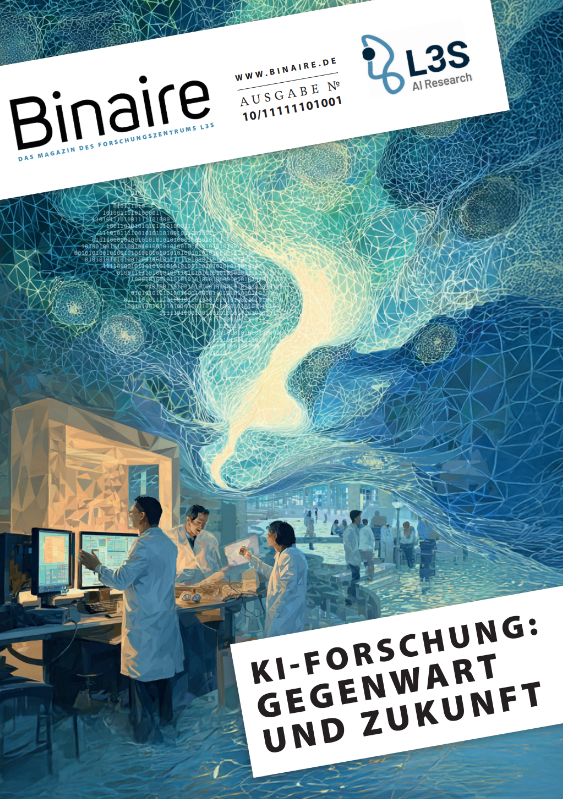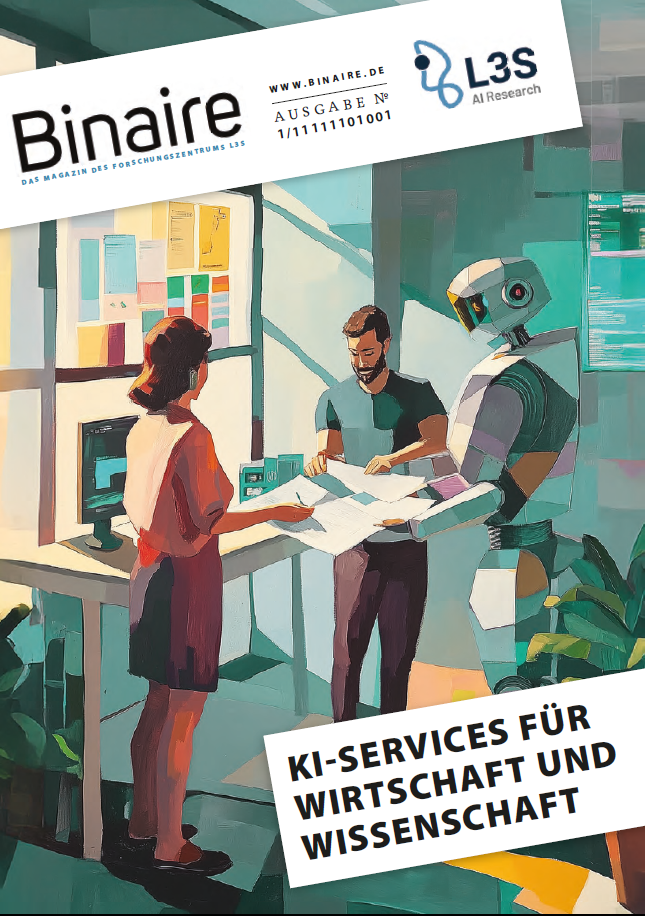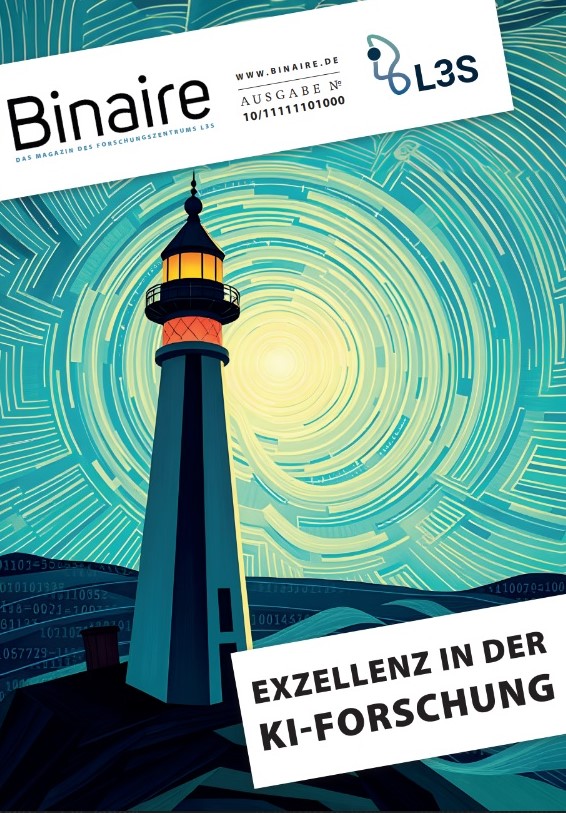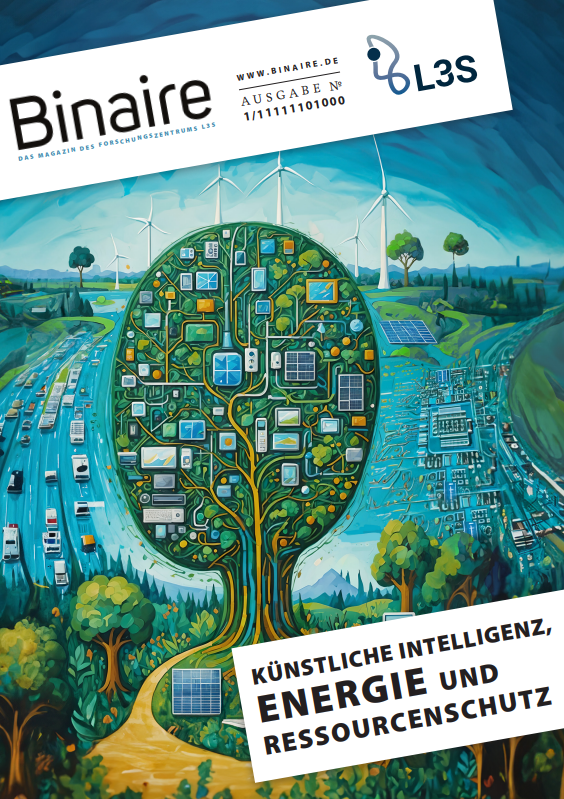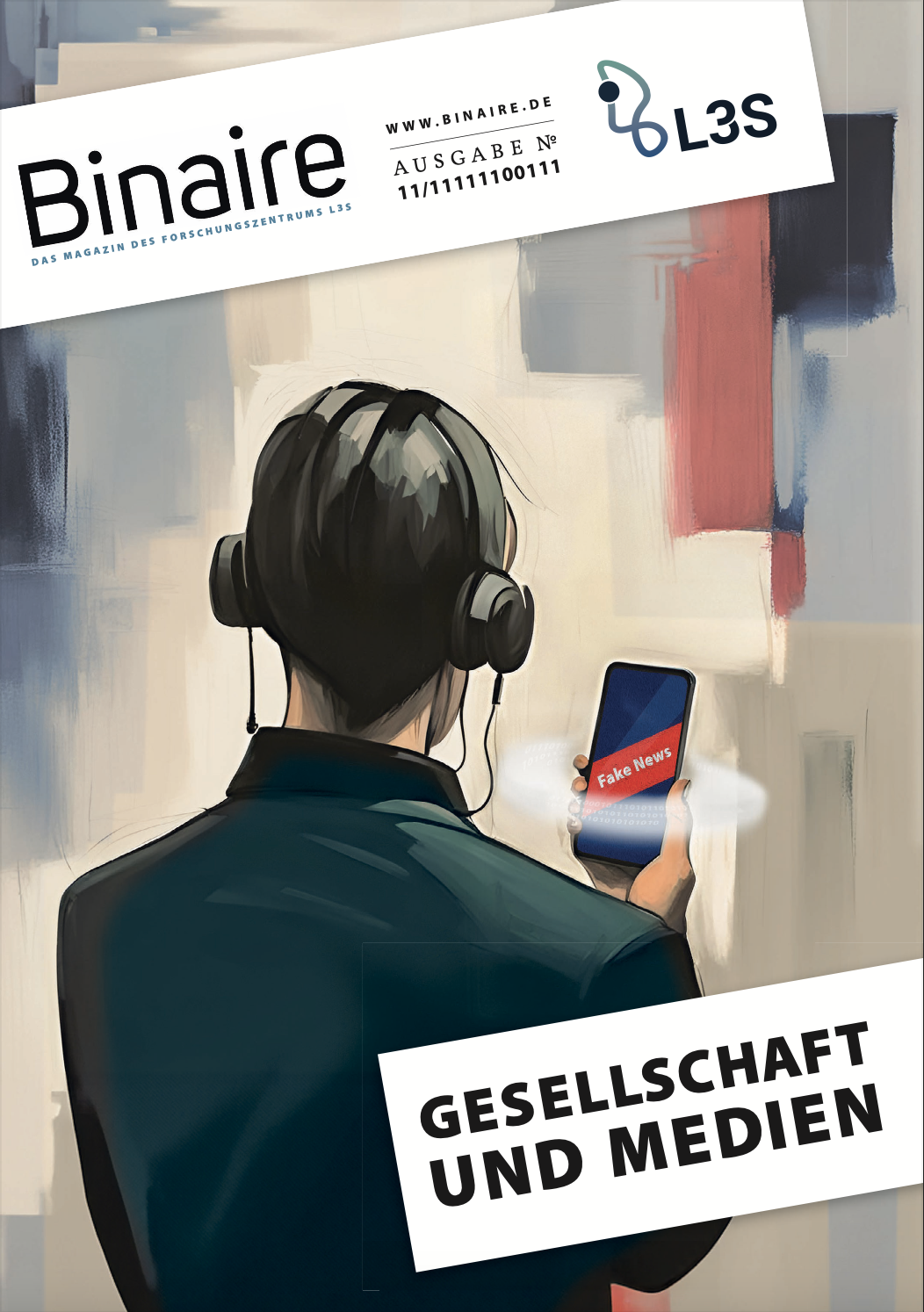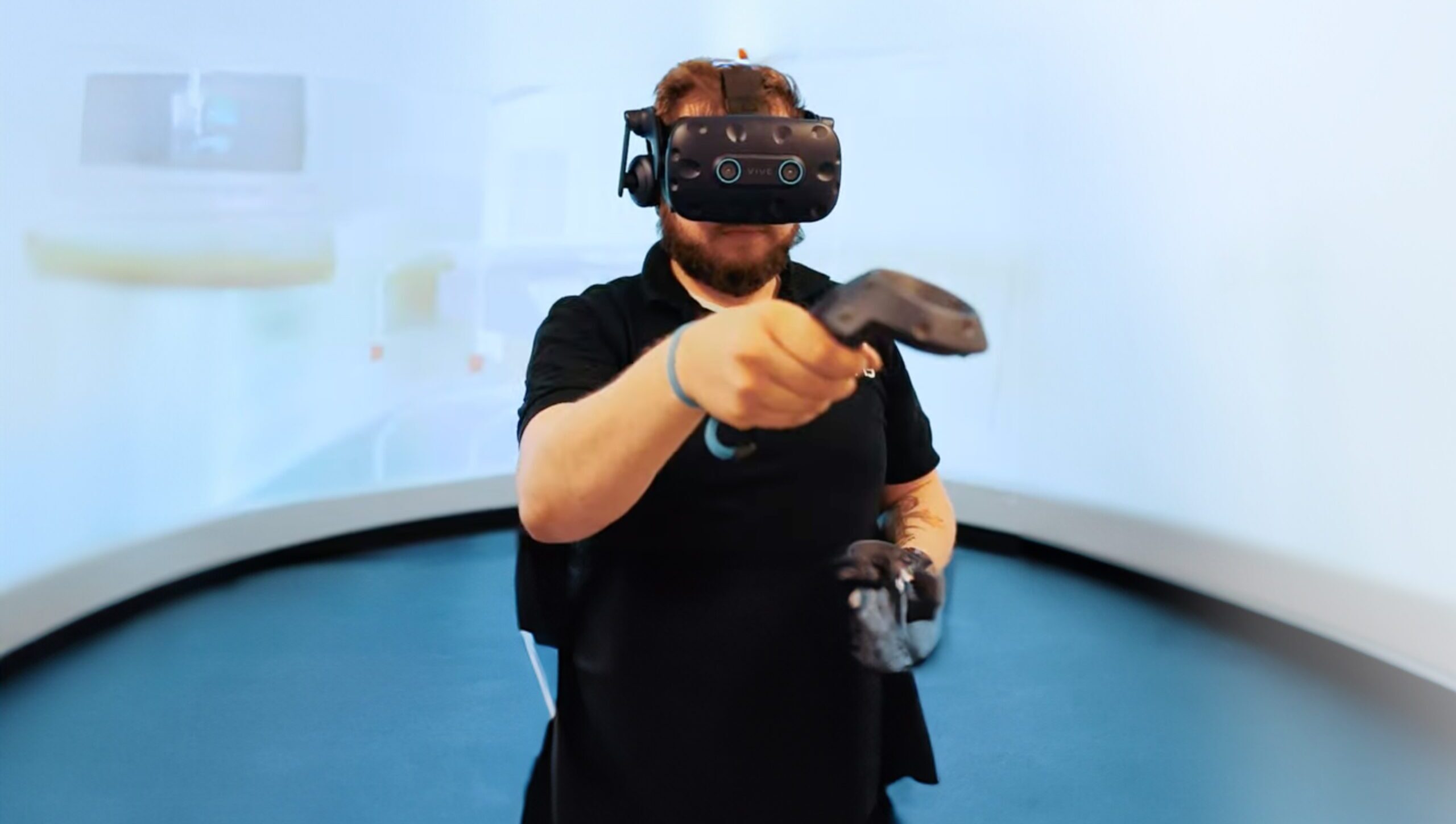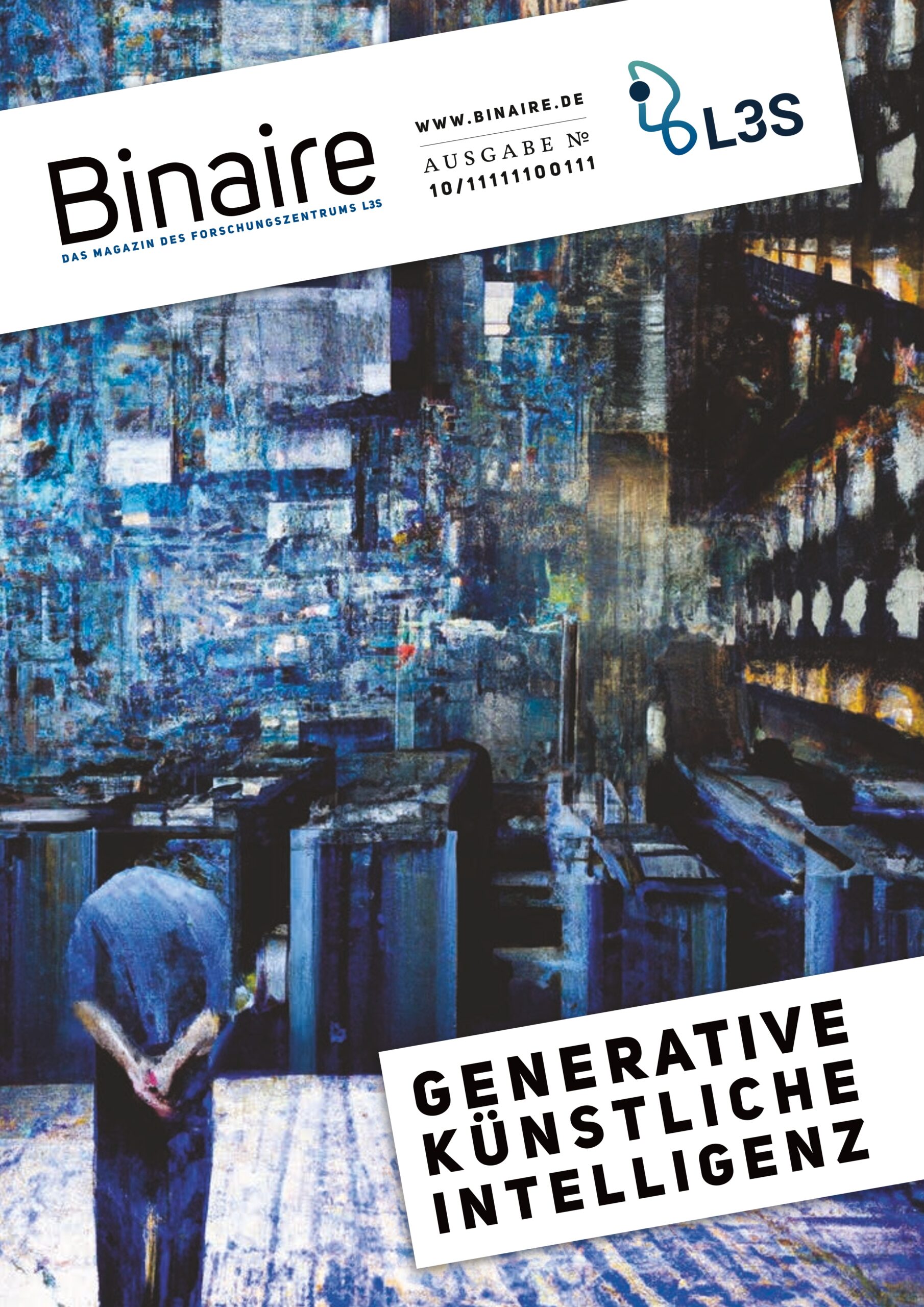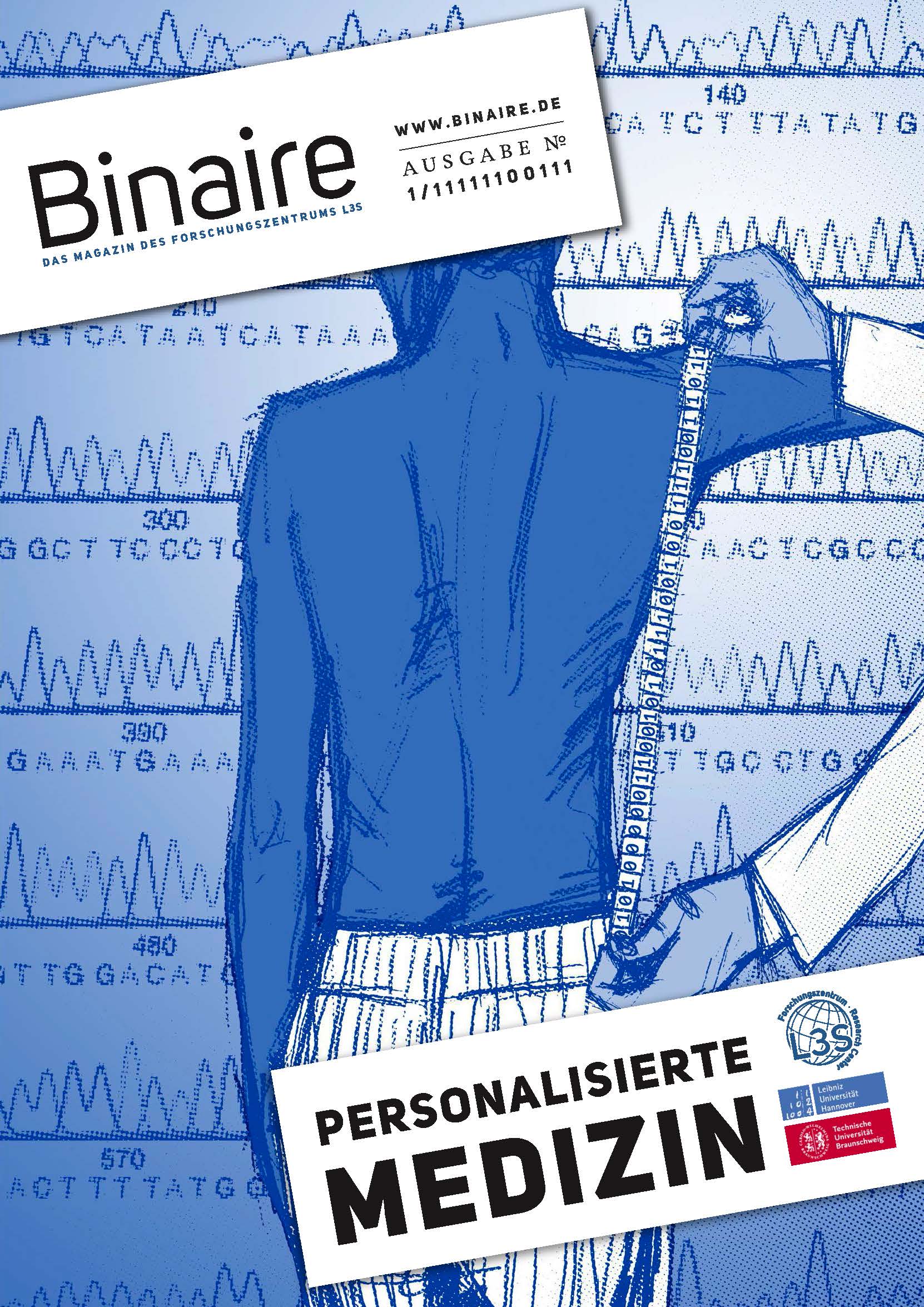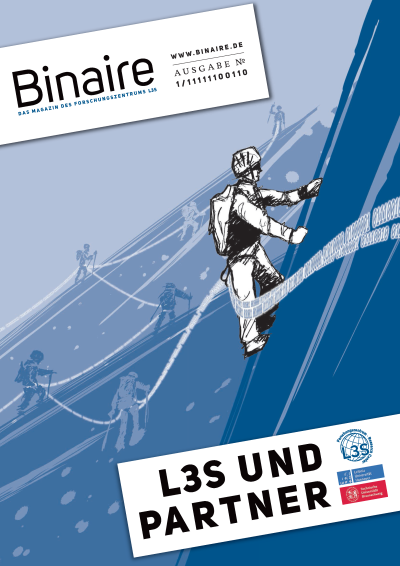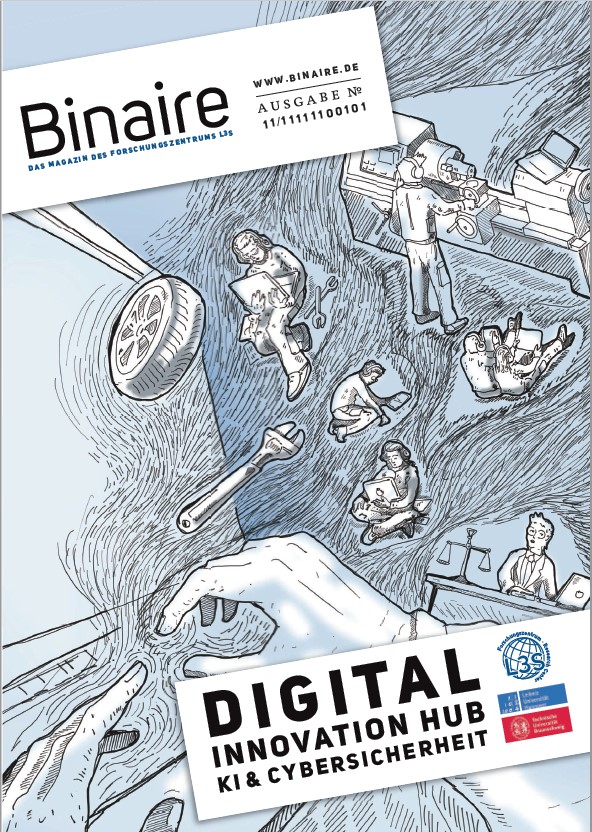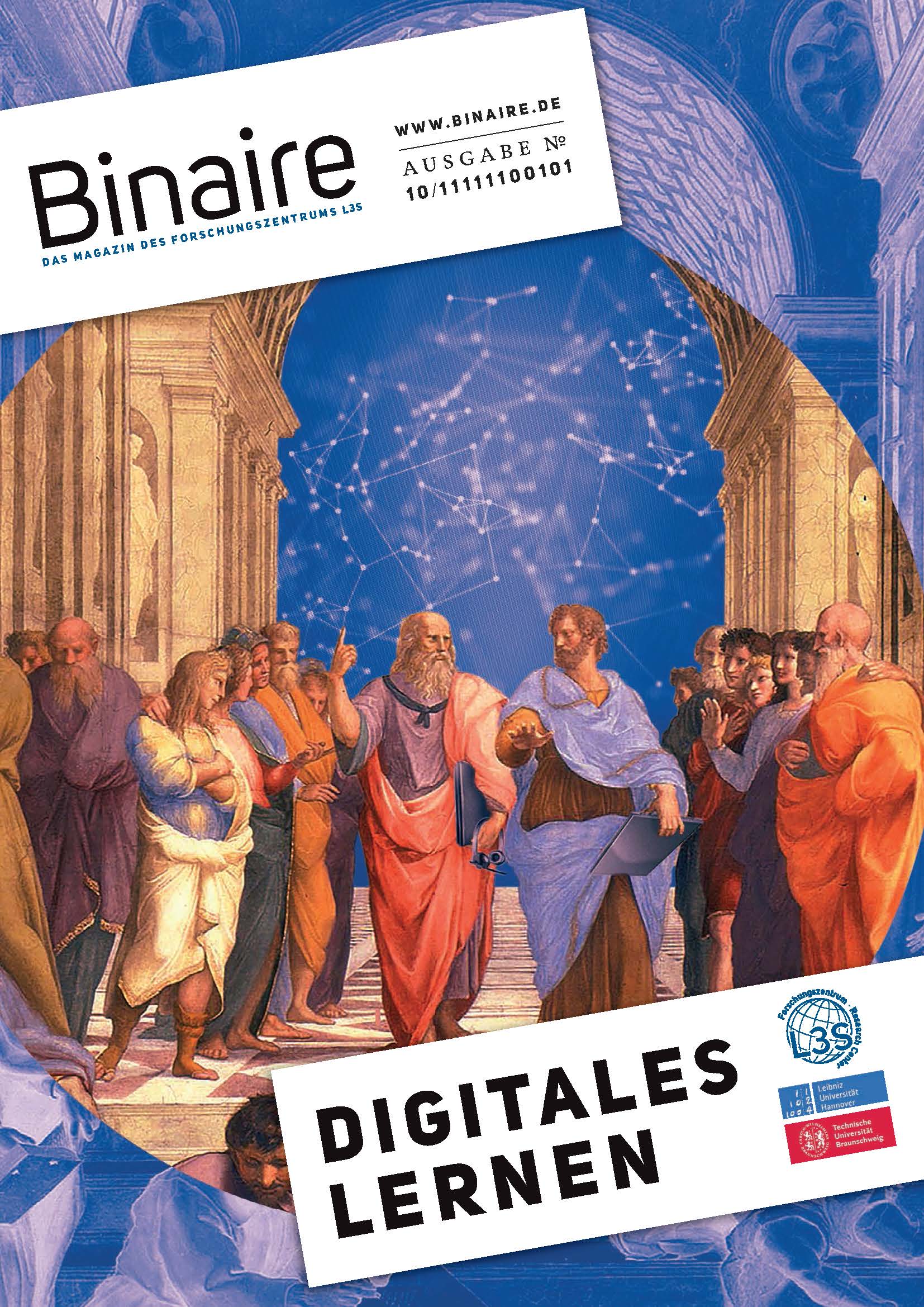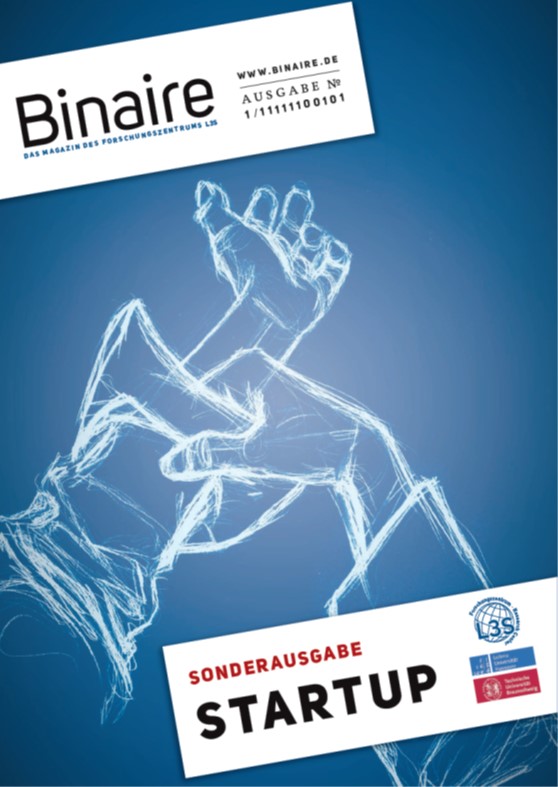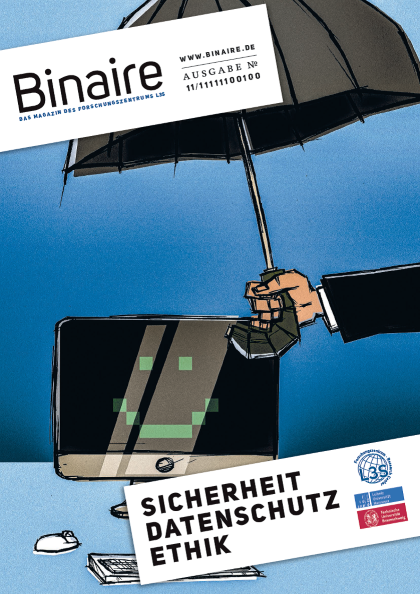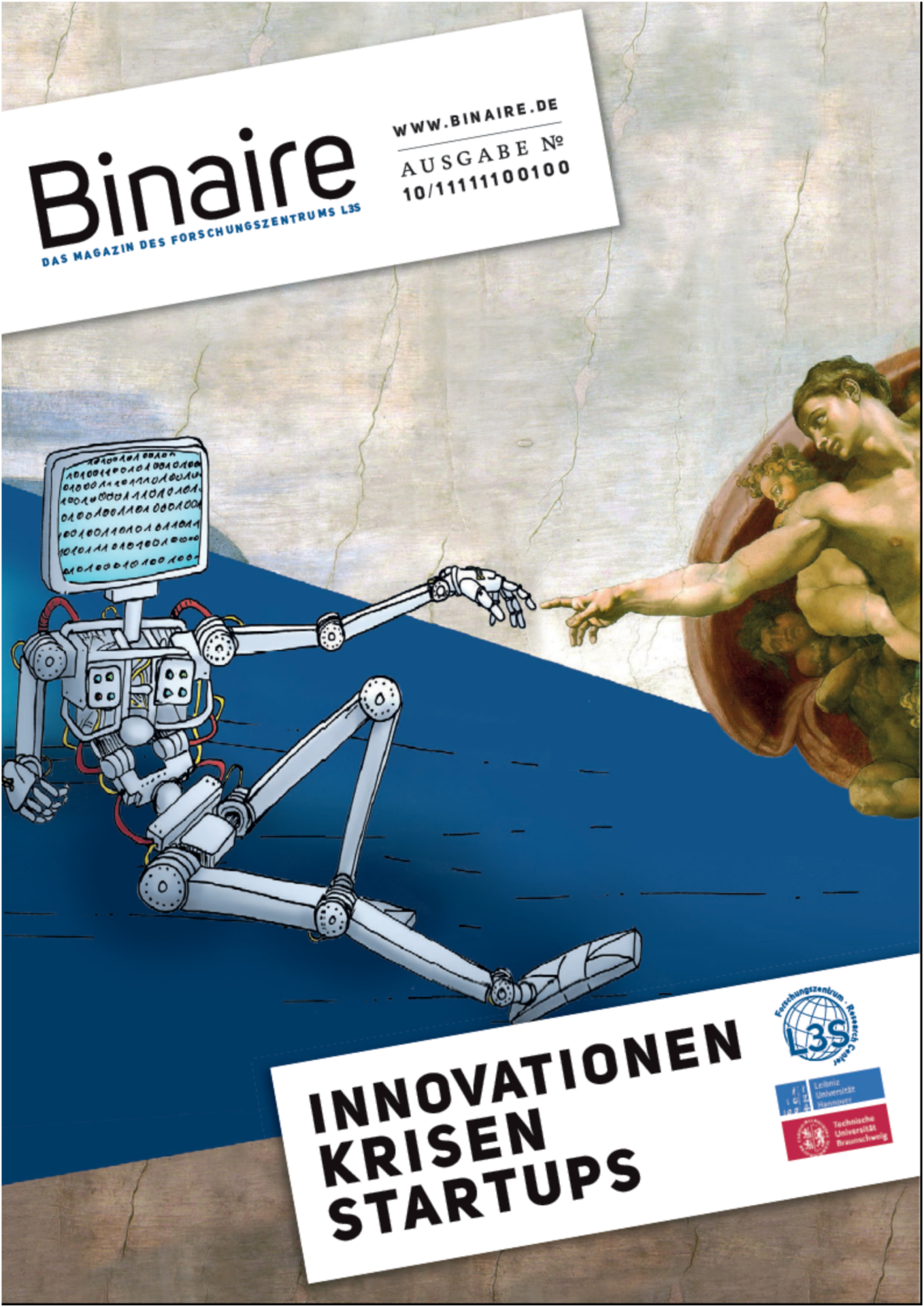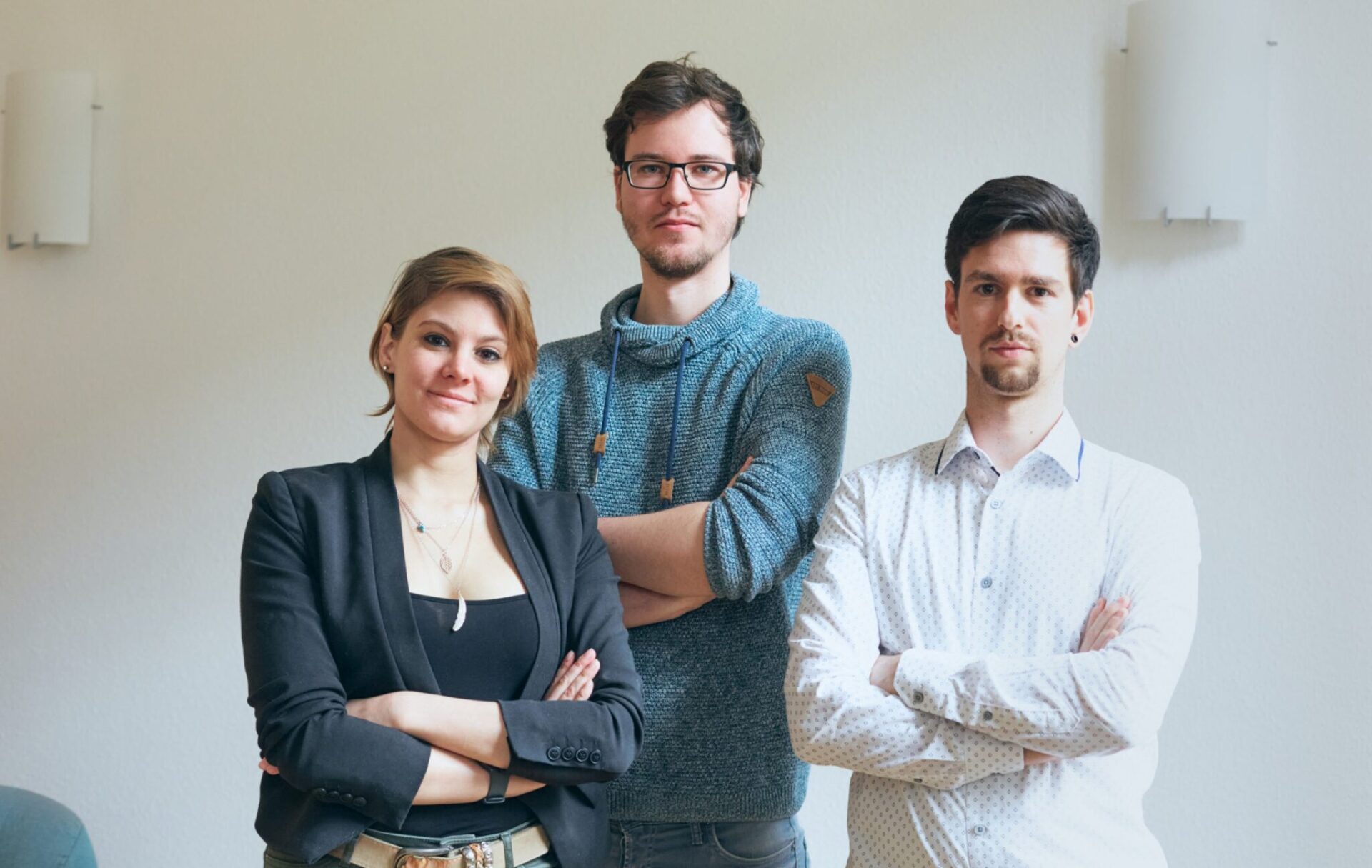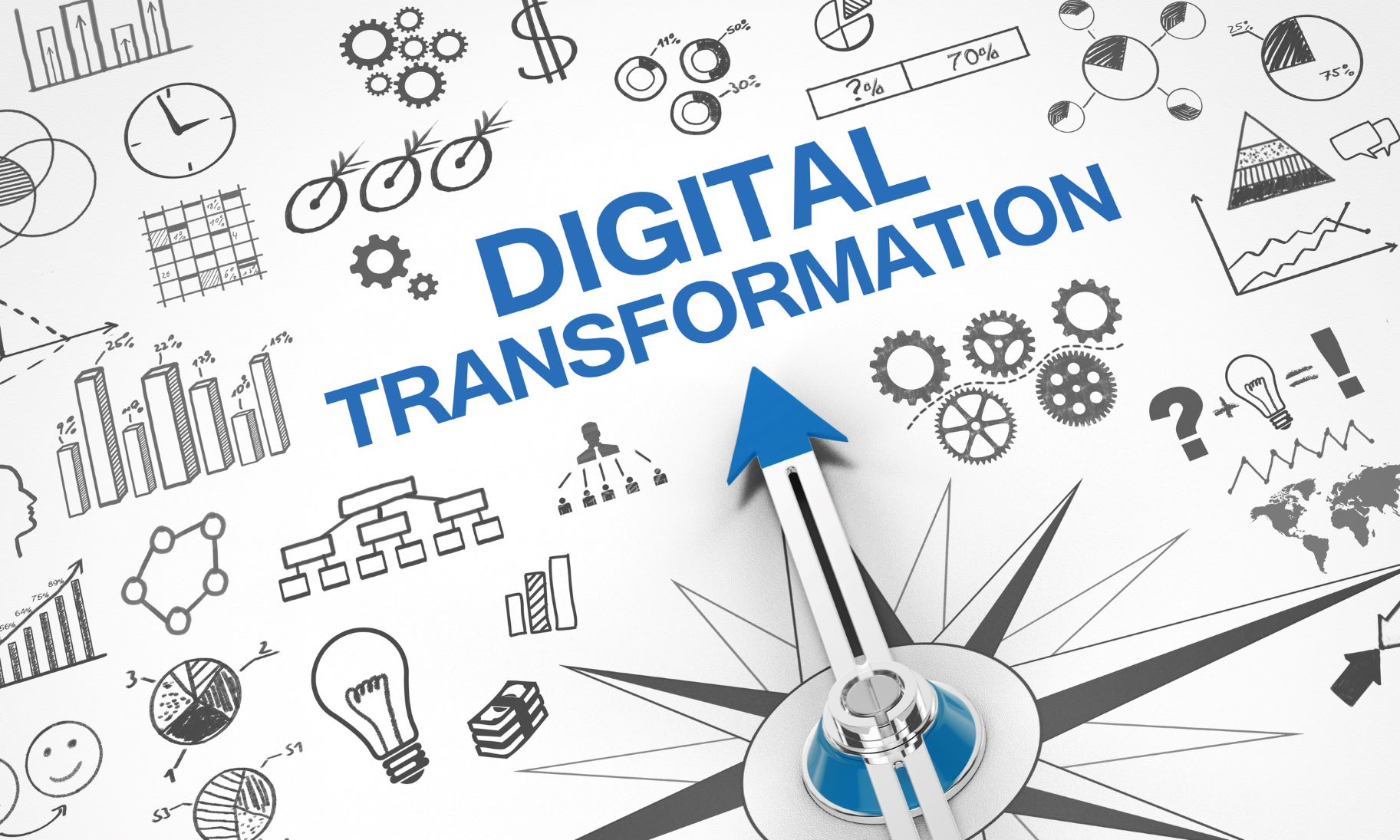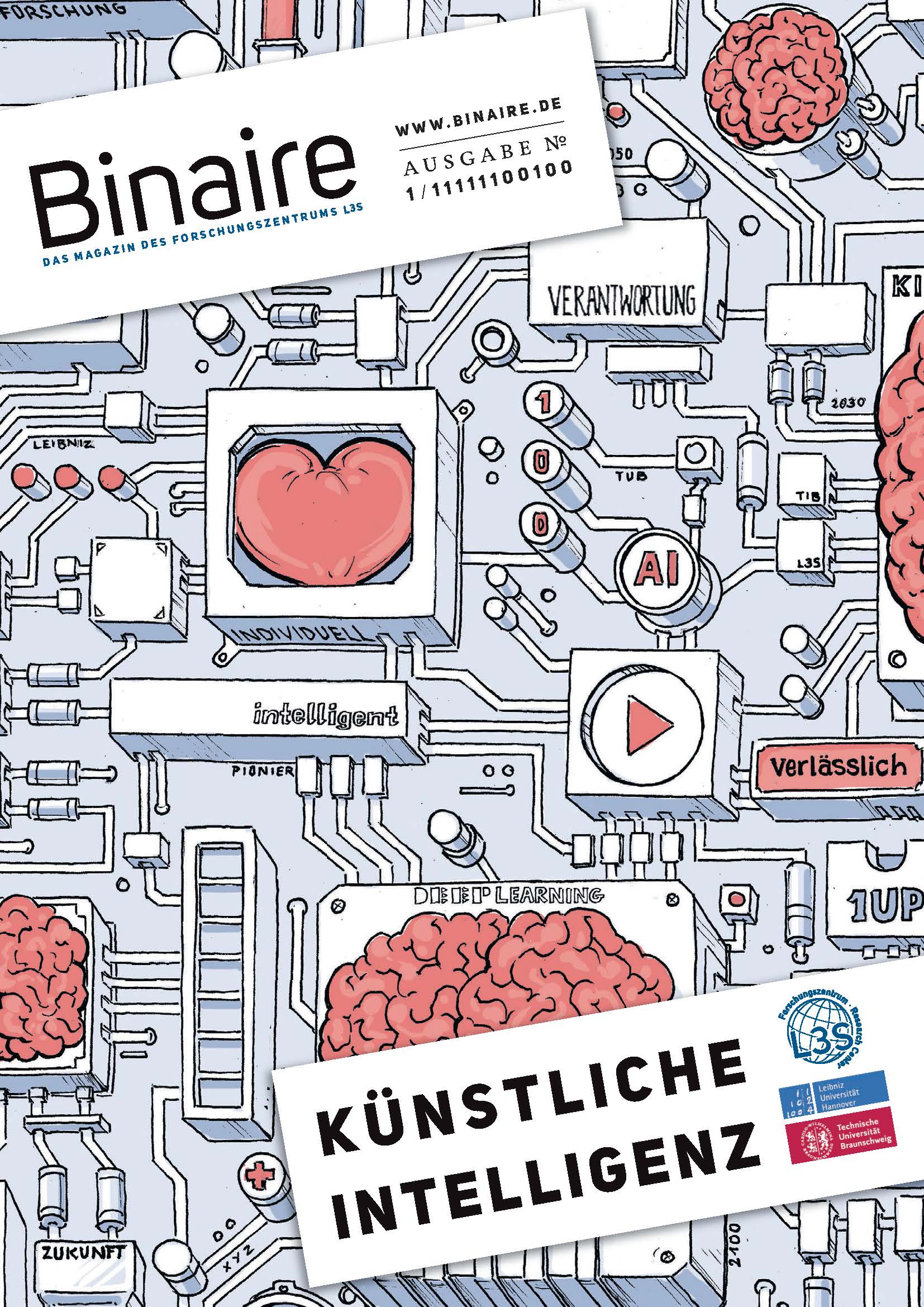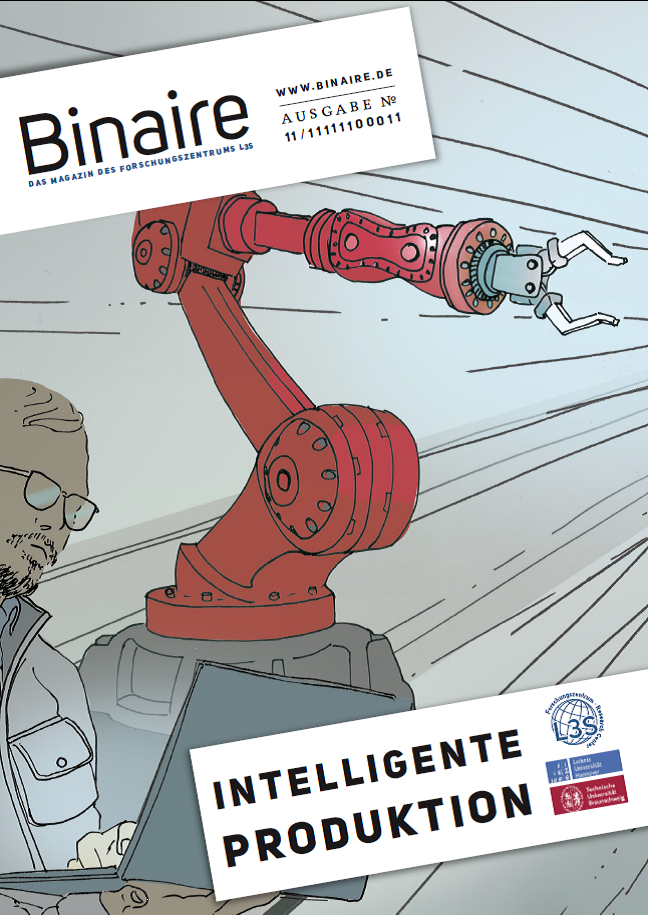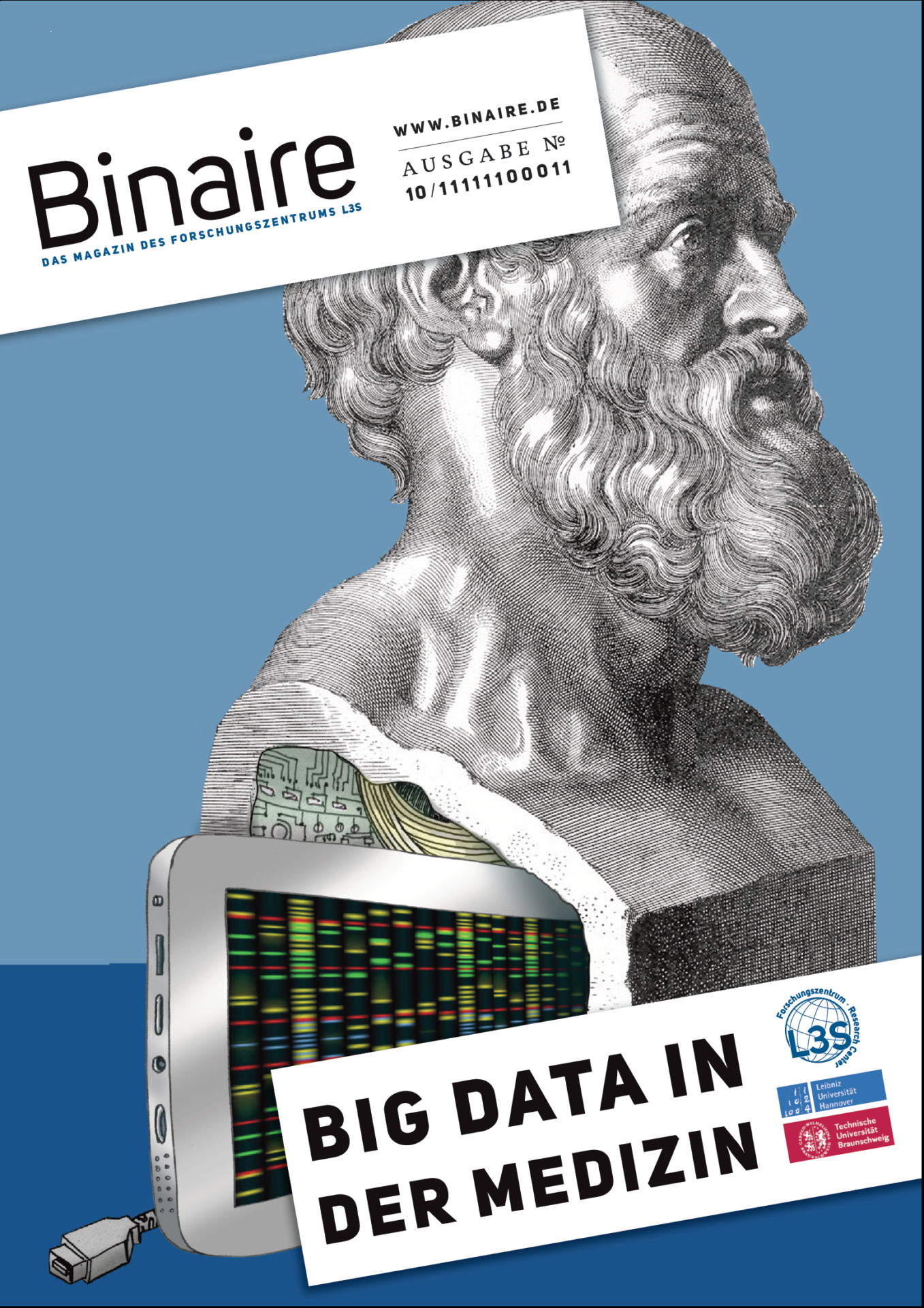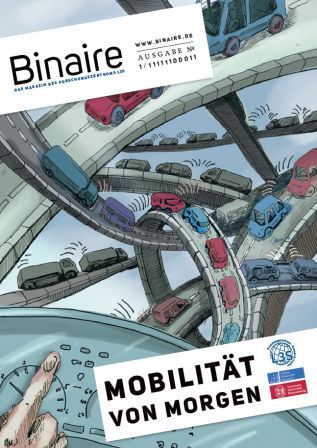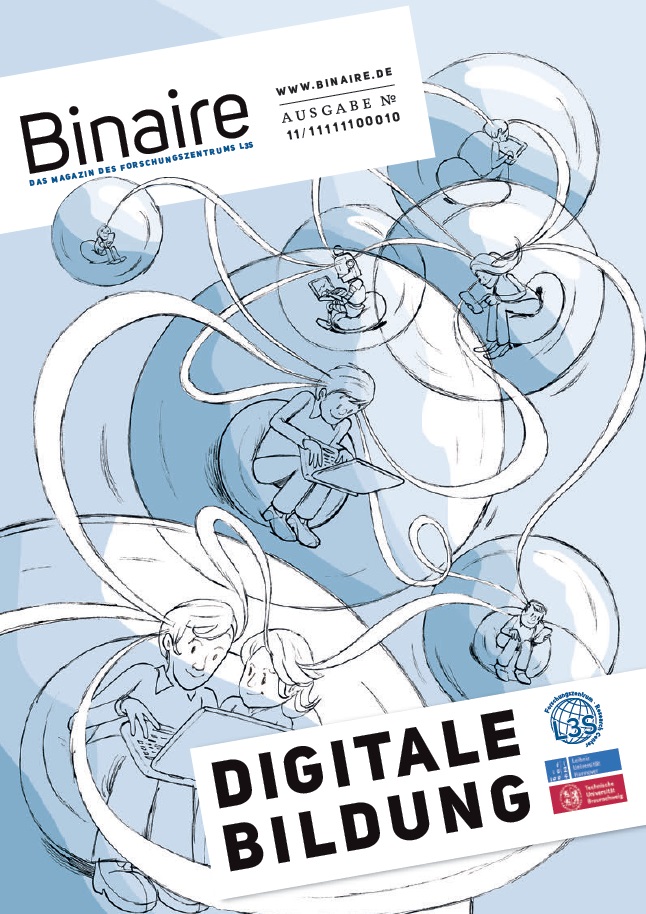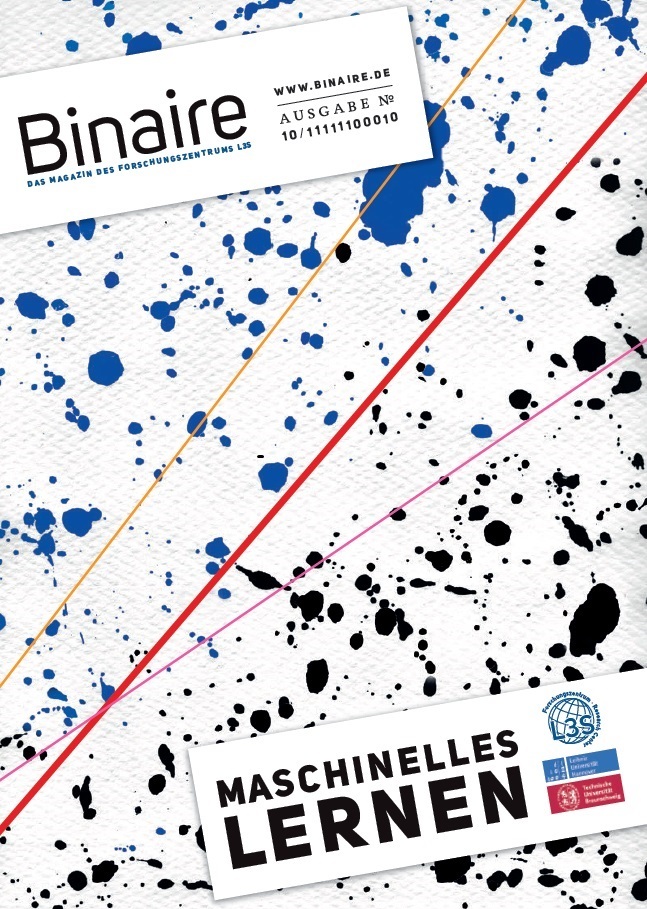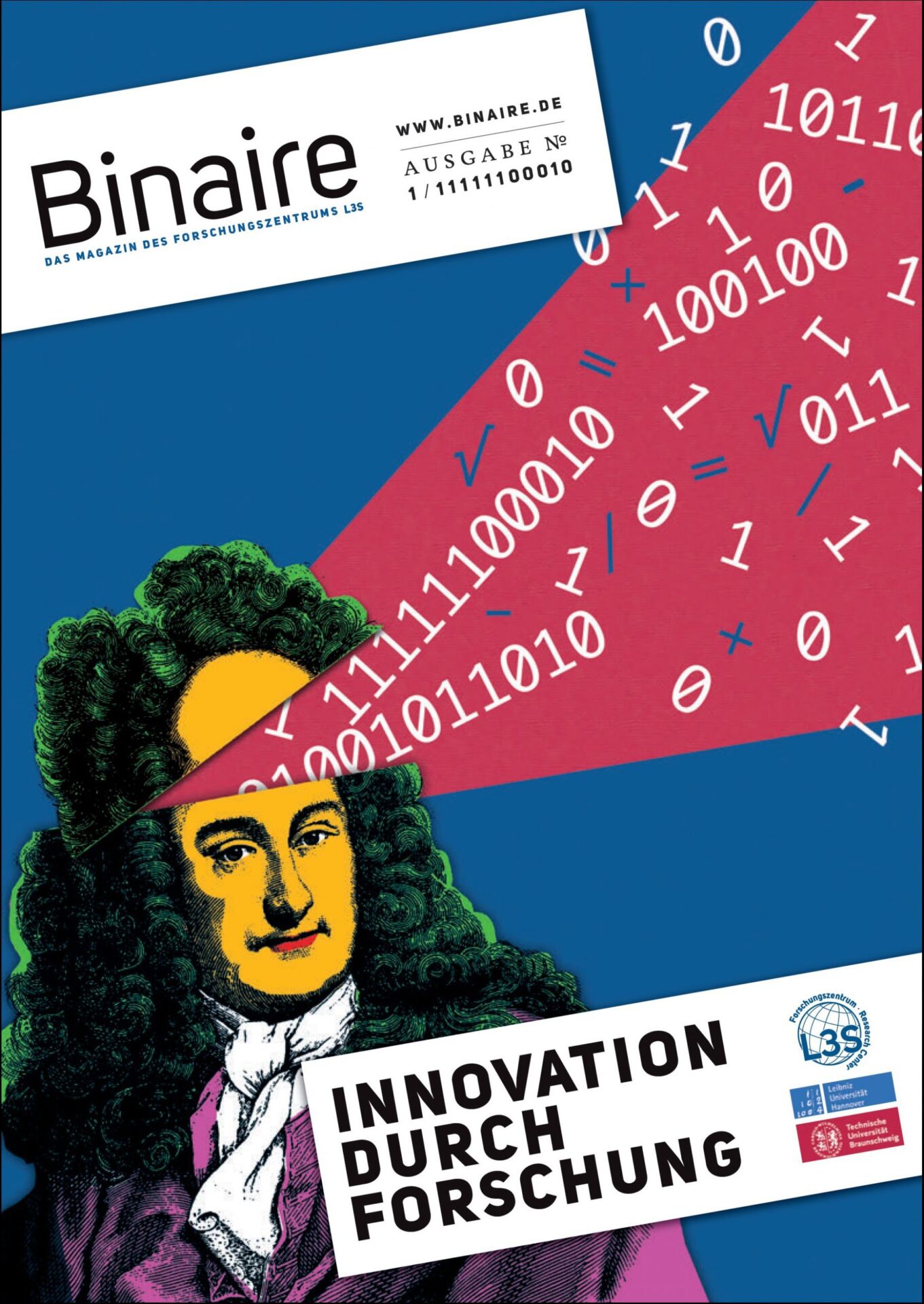Binaire is the L3S research magazine on digital transformation. We report on exciting research projects and results, announce events and research activities, and introduce the people behind them: our researchers. The magazine is aimed at everyone interested in the research on AI, digitalization, and robotics.
2/2025: AI Research: Present and Future
What does it take to make AI both powerful and responsible? The latest issue of the L3S magazine Binaire focuses on core research priorities including trustworthy AI, agentic and embodied systems, hybrid AI approaches, foundation models for medical applications, energy-efficient AI, and the expanding role of AI in scientific discovery.
All Binaire issues
Article overview
View all featured articles from the first issue to the most recent.
Subscribe
Want to receive Binaire magazine? Sign up here!
2025
Issue 02 – AI Research: Present and Future
What does it take to make AI both powerful and responsible? The latest issue of the L3S magazine Binaire focuses on core research priorities including trustworthy AI, agentic and embodied systems, hybrid AI approaches, foundation models for medical applications, energy-efficient AI, and the expanding role of AI in scientific discovery.

On the Path Towards Trustworthy AI (Overview)

AI But Without the Electricity Bill
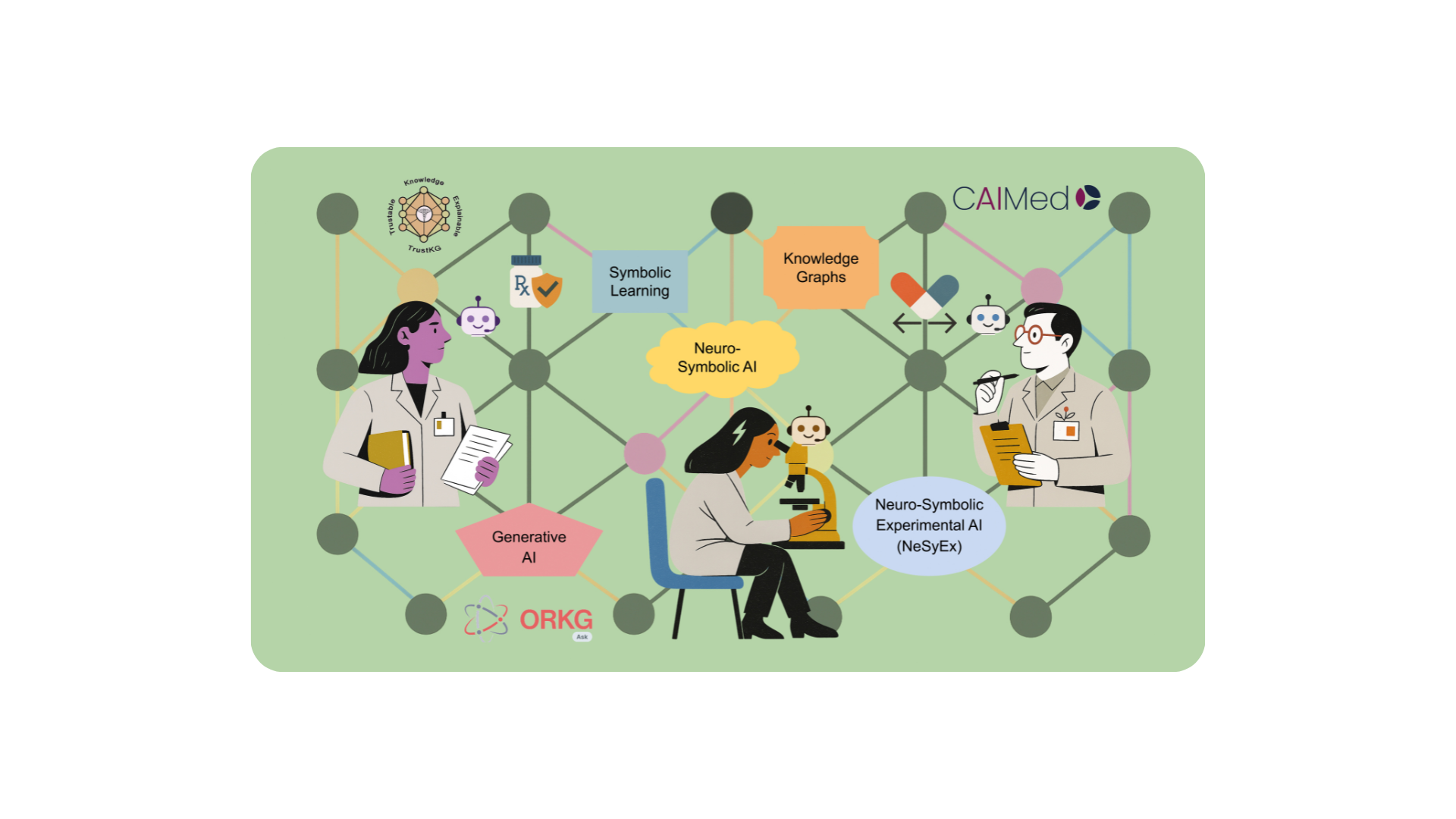
When Machines Start Thinking
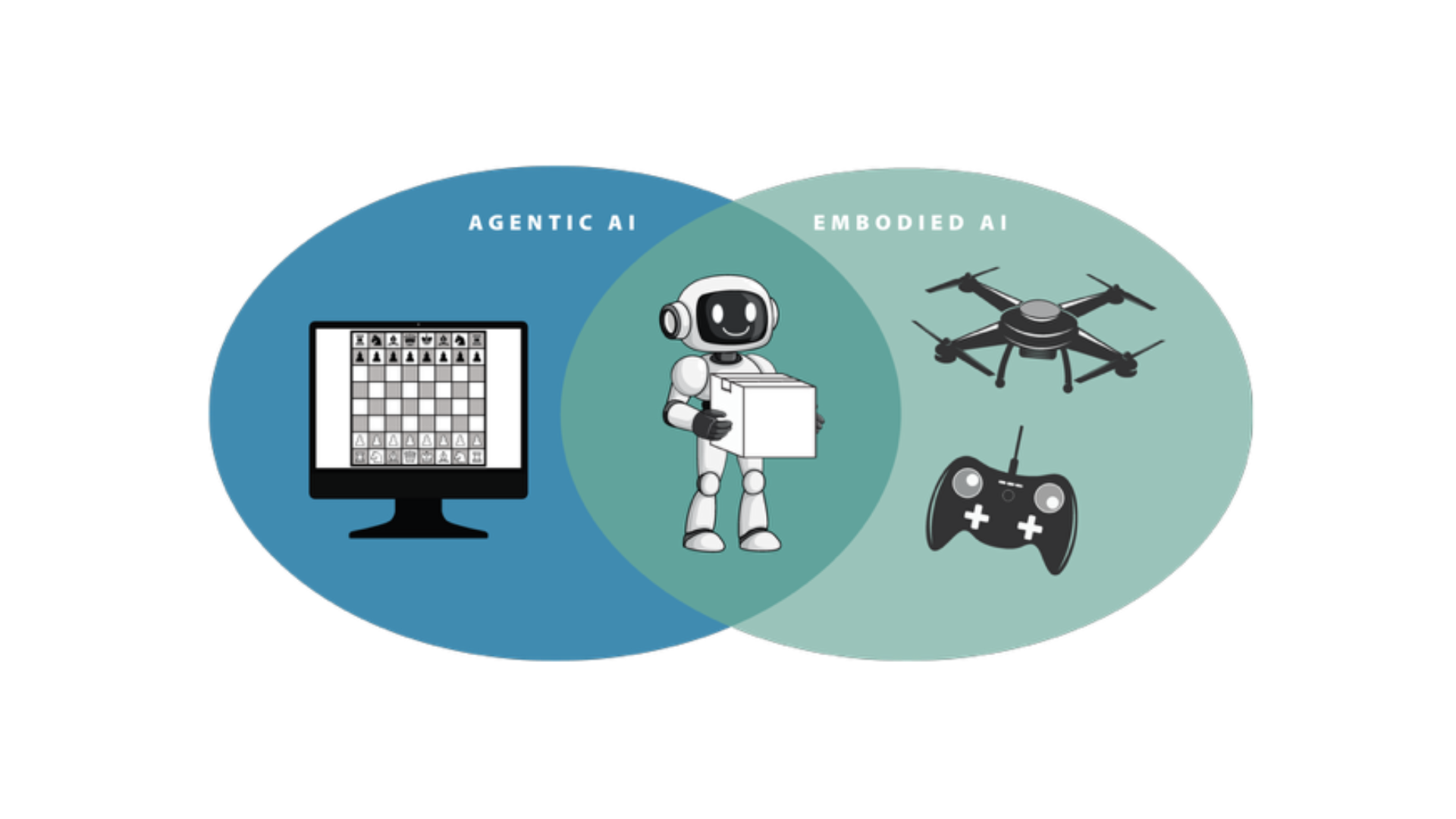
AI with a Body
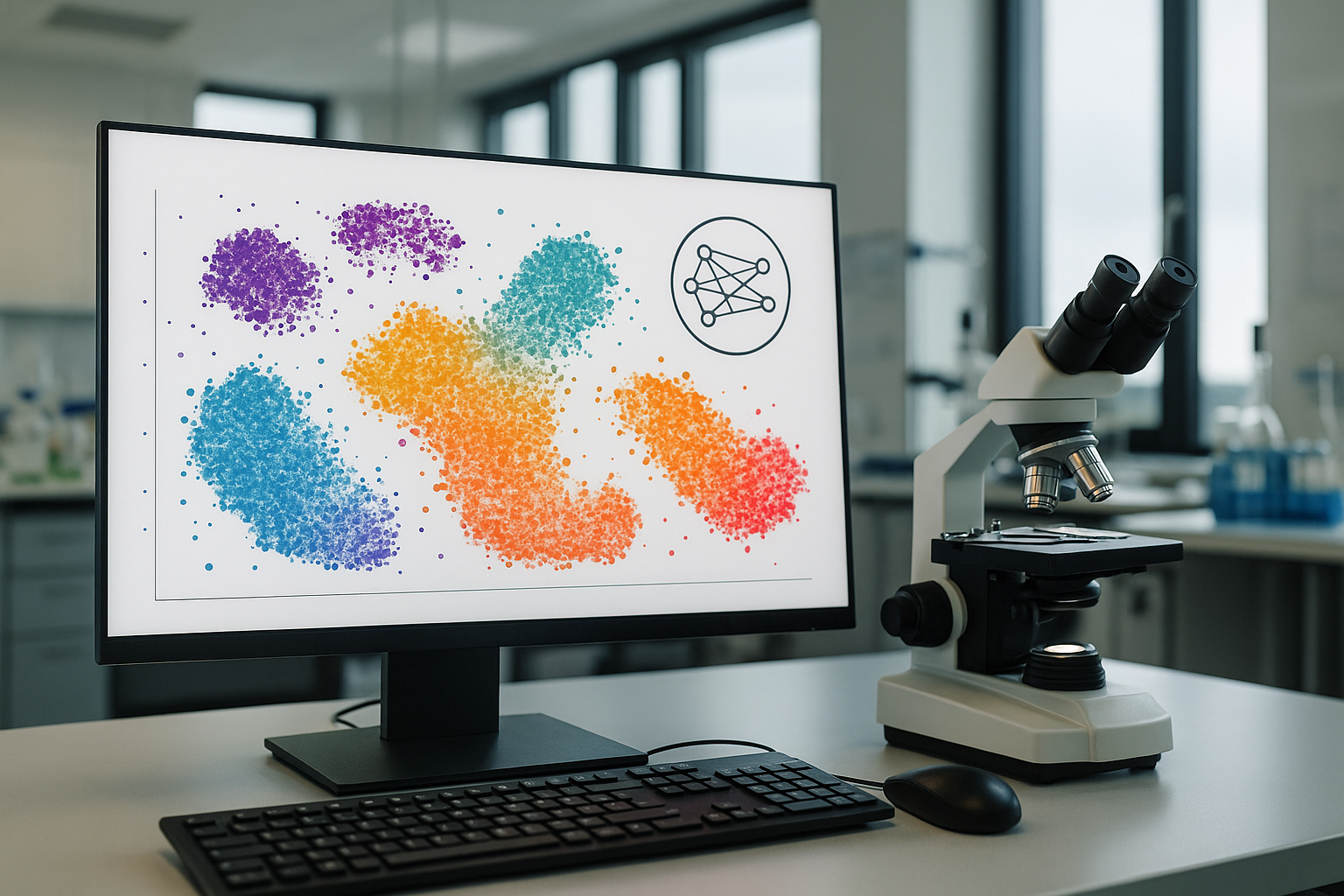
AI Driving Innovation in Medicine

Open, Ethical, European

Recognising Patterns and Linking Knowledge
Issue 01 – AI Services for Business and Science
Artificial Intelligence is set to transform business and science. In the latest issue of the L3S magazine Binaire, we present our wide range of AI services that provide low-threshold access to AI technologies and help to realise their potential.

Seizing Opportunities (Overview)
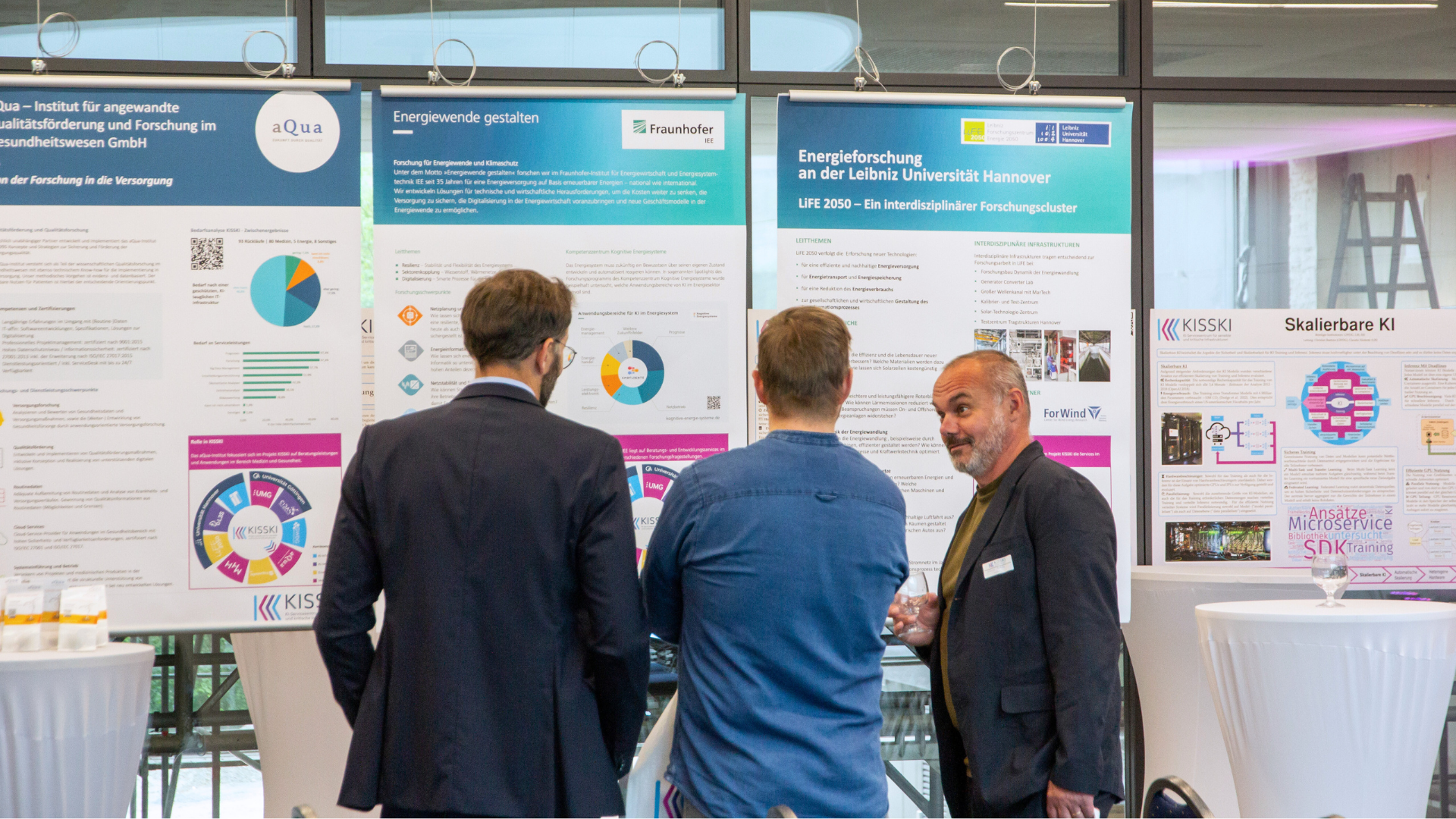
AI for All
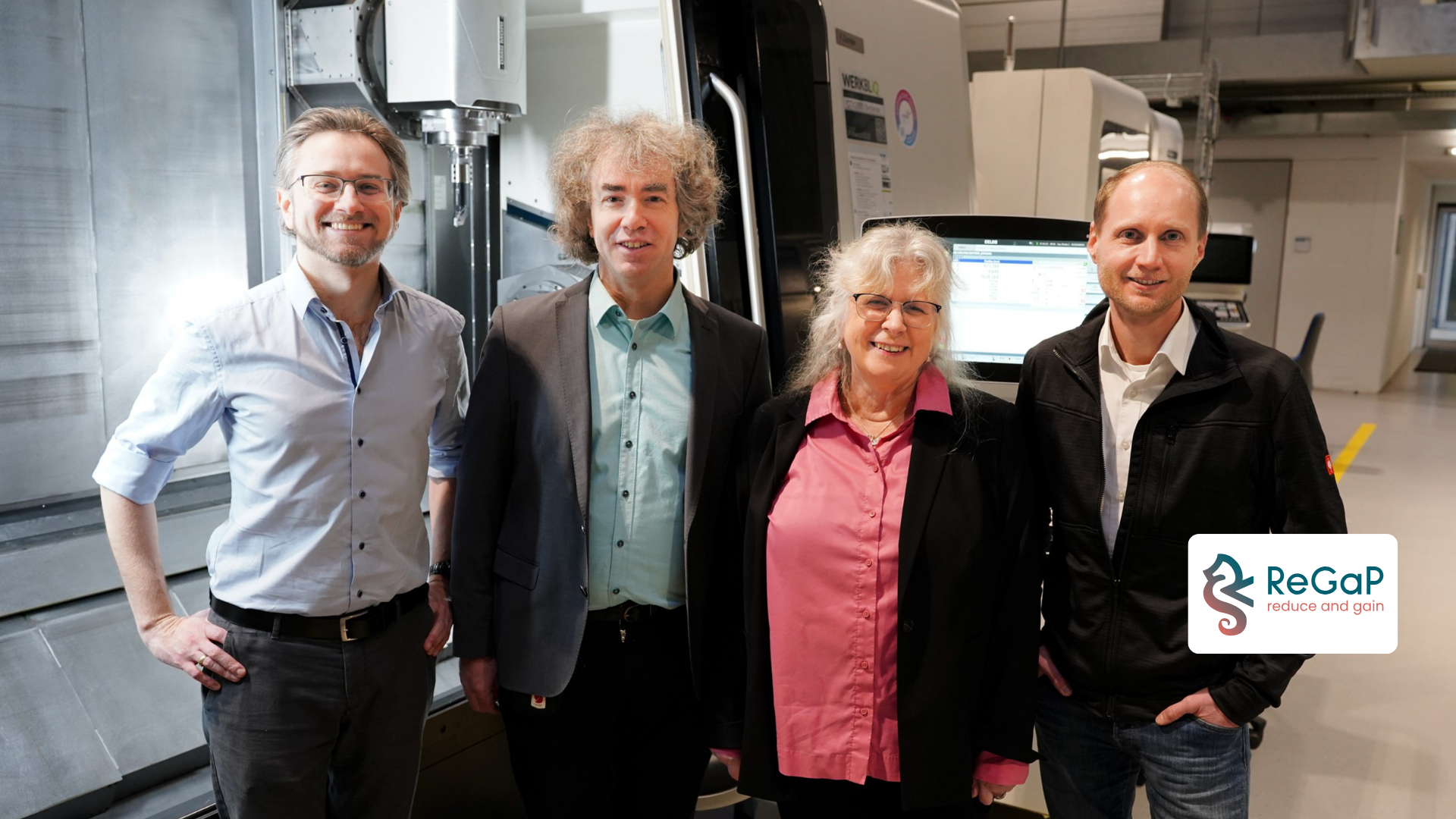
Energy Efficiency Together
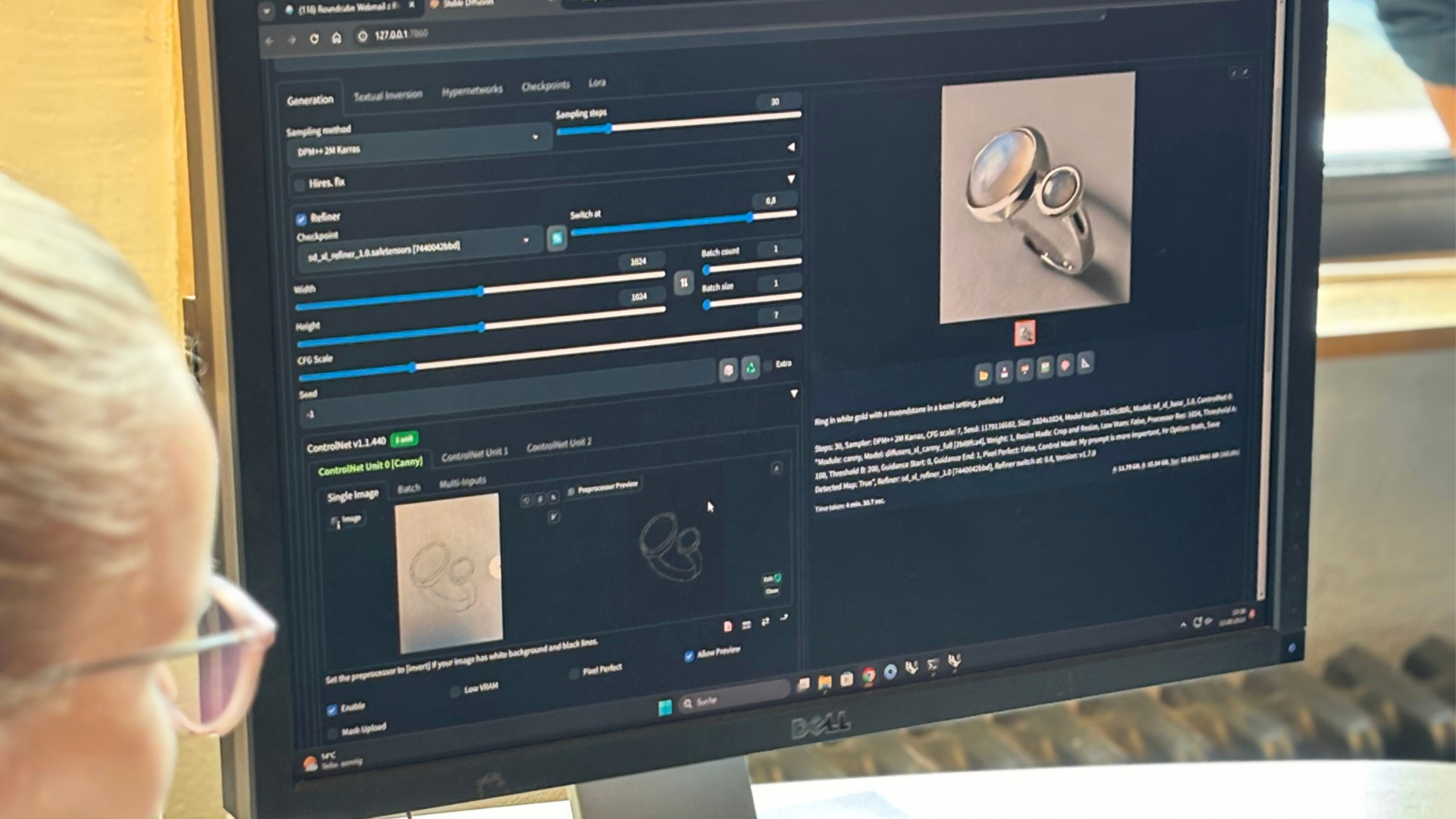
Smart Tools for the Workshop

How Companies Benefit
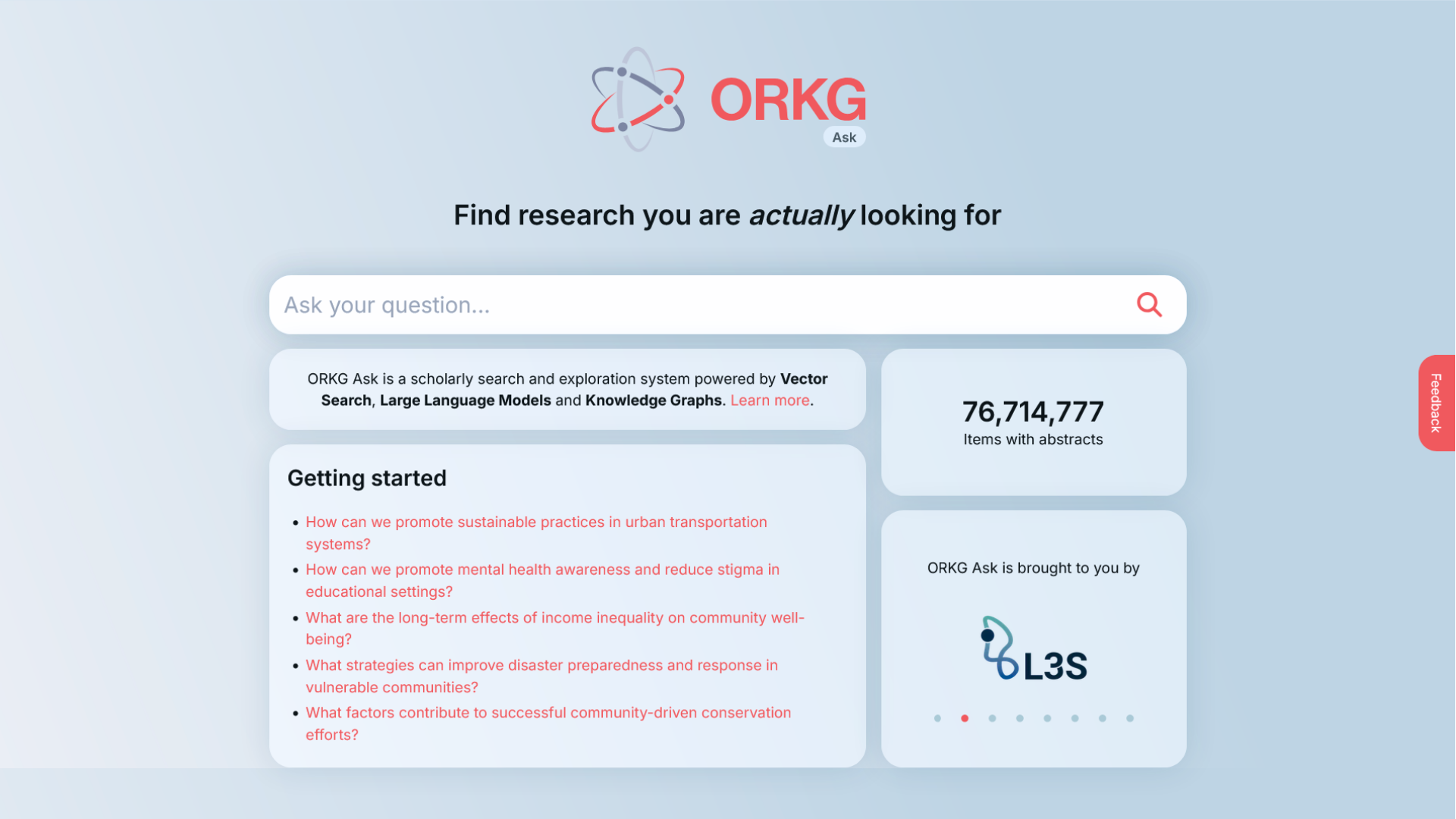
ORKG ASK Transforms Research
2024
Issue 02 – Excellence in AI-Research
What characterises excellent AI research? The current issue of the L3S magazine Binaire addresses this question and presents some exemplary publications from the L3S research groups that have been published at the most prestigious conferences and in leading journals – an impressive testimony to the scientific excellence of our researchers.

Research at L3S
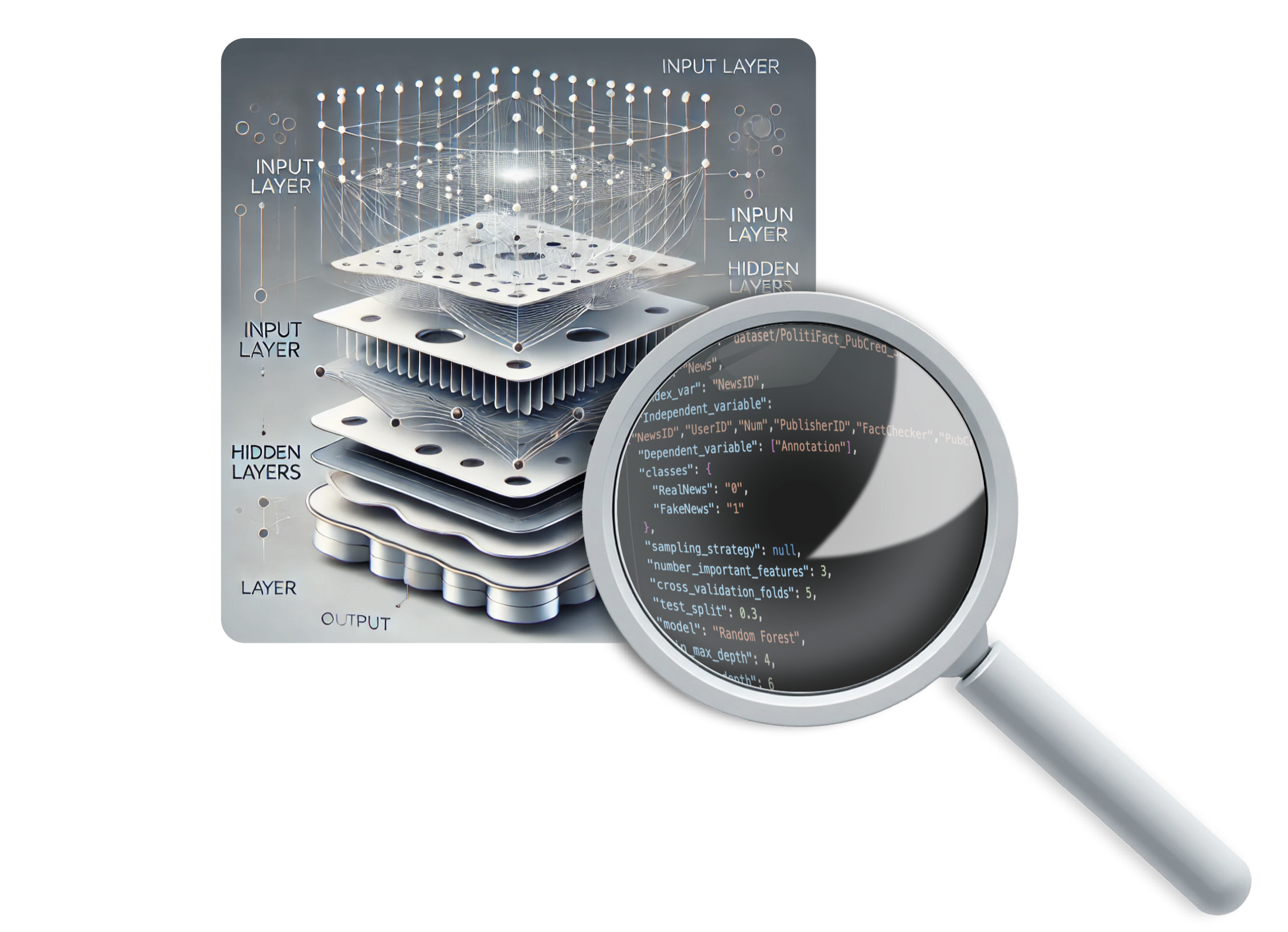
Hybrid Systems Reveal Biases In Learning Models

Equal Opportunities In Federated Learning
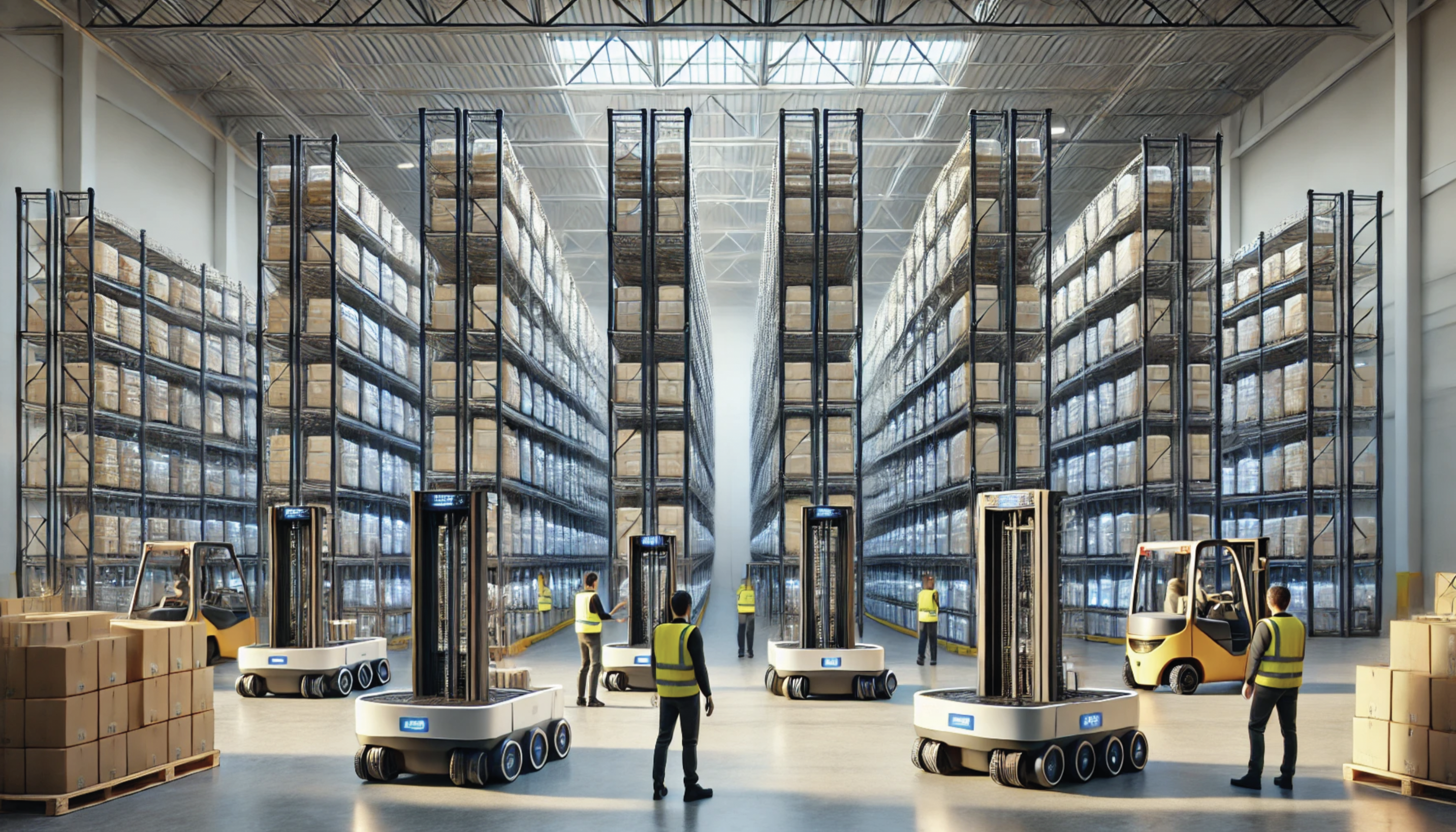
Learning With Structure

Polite with AI

Digital Epidemic Control
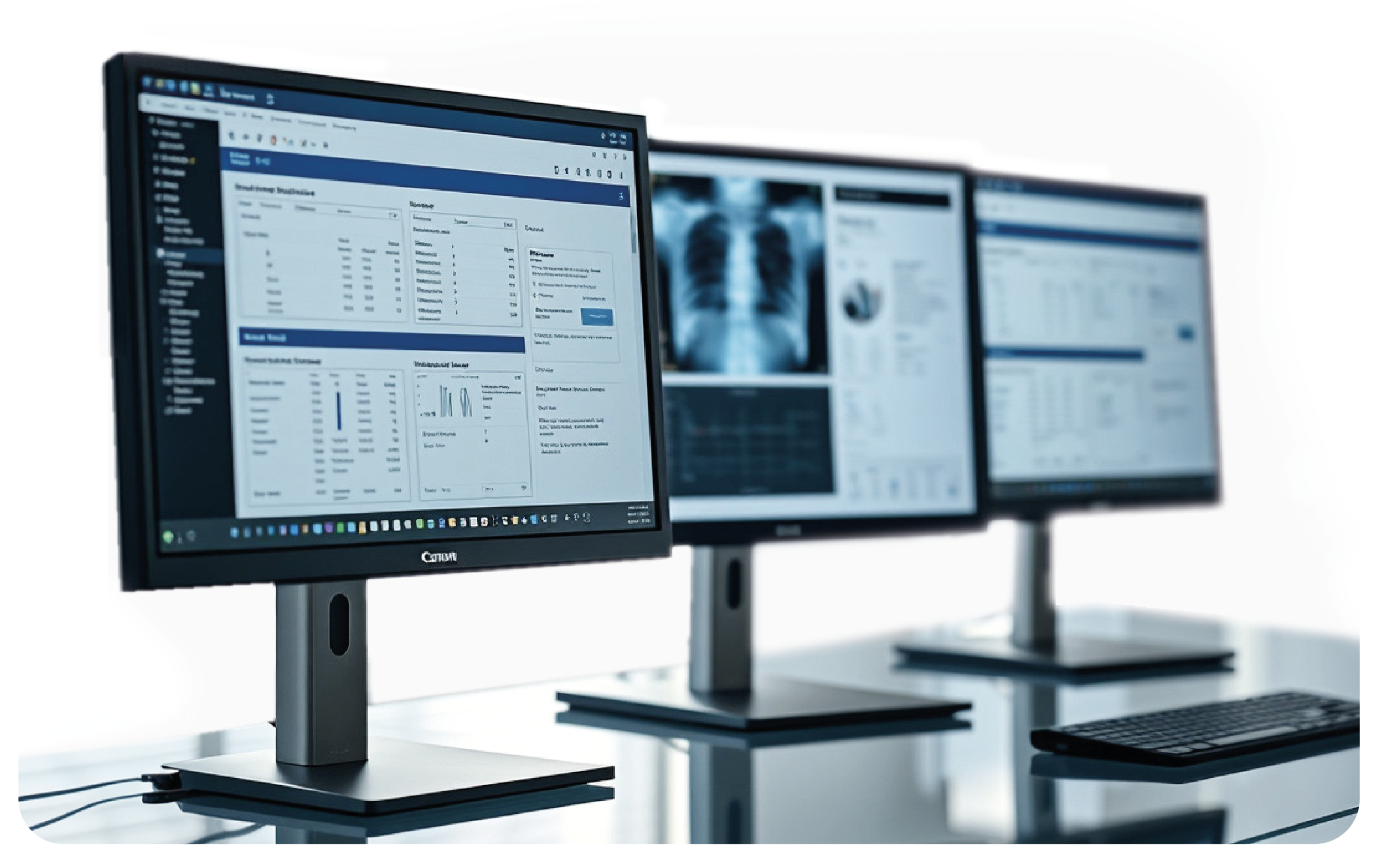
Efficient Analysis of Patient Data
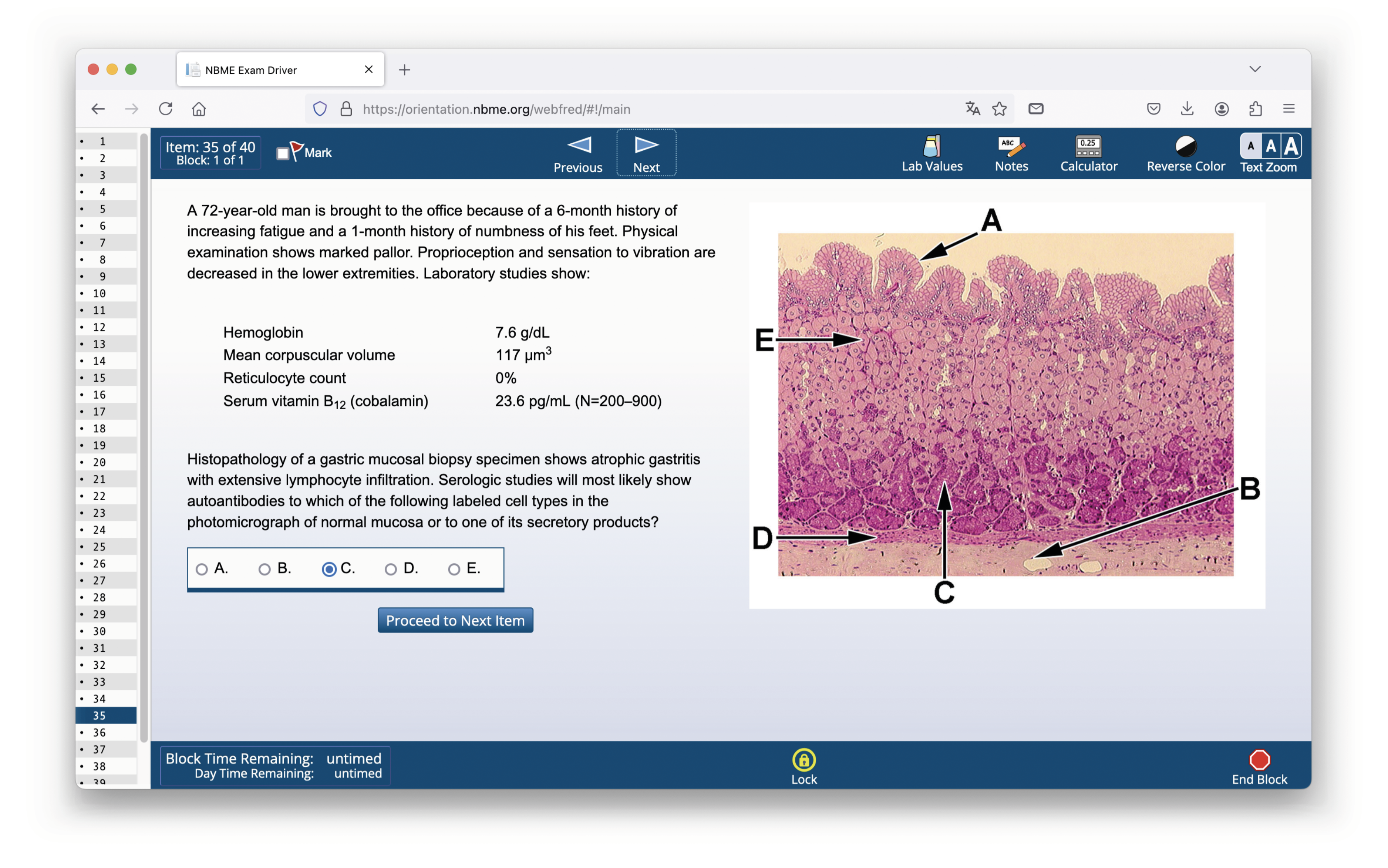
How GPT-4 Fails in Medical Tests – and Yet Still Convinces

Smarter Traffic Management
Issue 01 – Artificial Intelligence, Energy, and Resource Conservation

AI, energy and resource conservation: opportunities and challenges
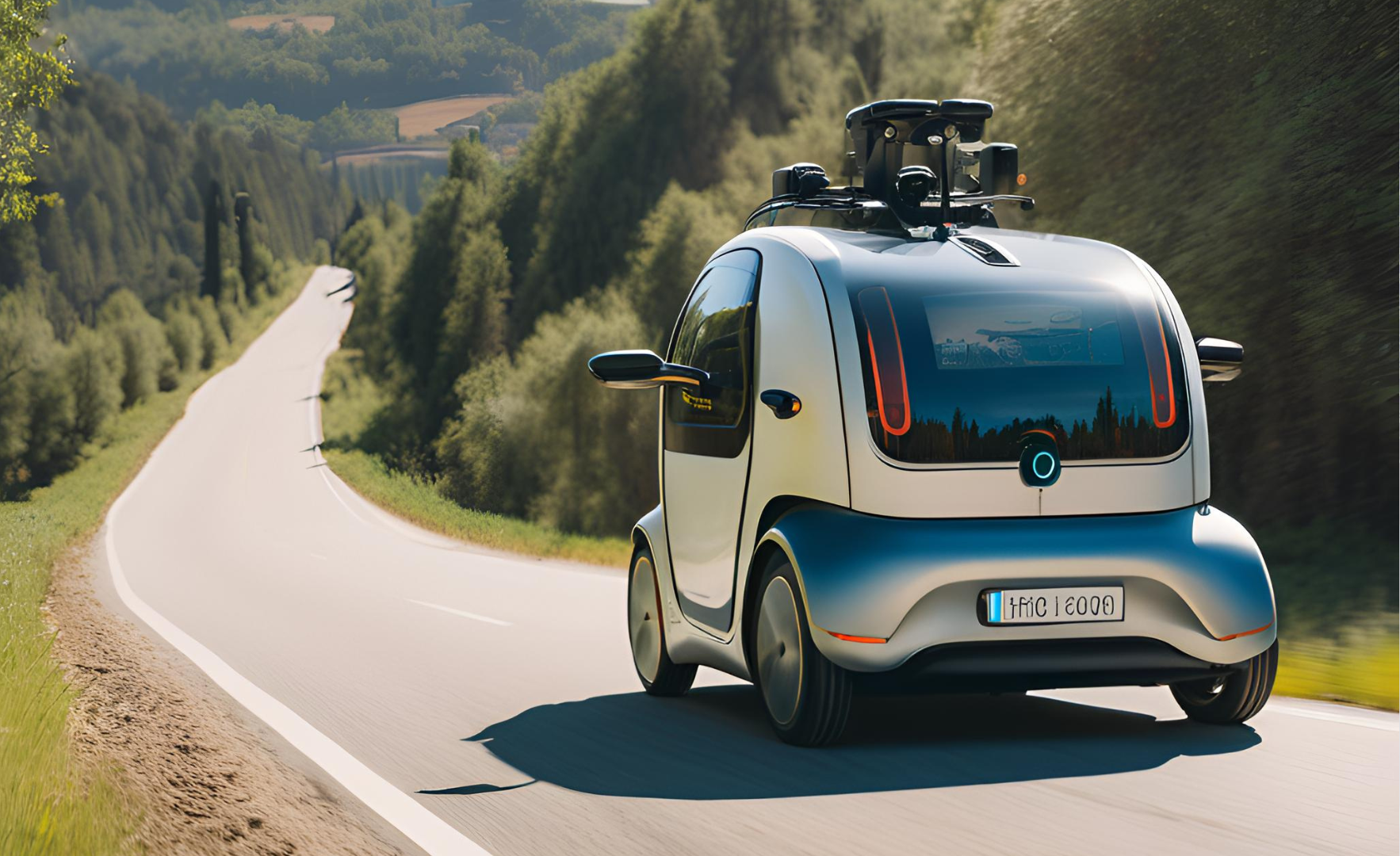
Innovative and efficient

Slimming down neural networks

AI ecosystem for autonomous driving

Out of the cloud

Satellites as saviours of the forests

Efficient logistics in any weather
2023
Issue 03 – Society and Media
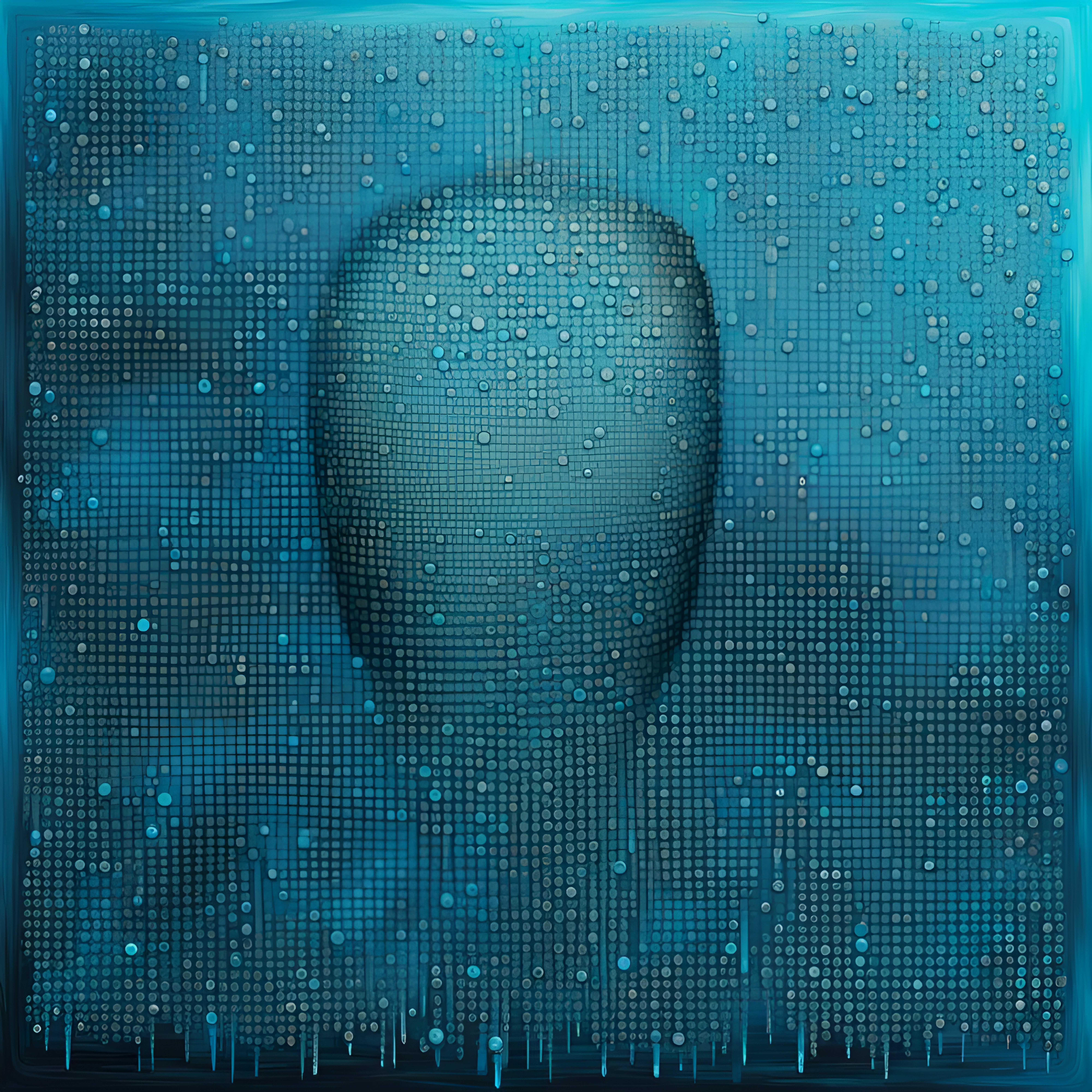
Disinformation: Opportunities and Dangers of Artificial Intelligence
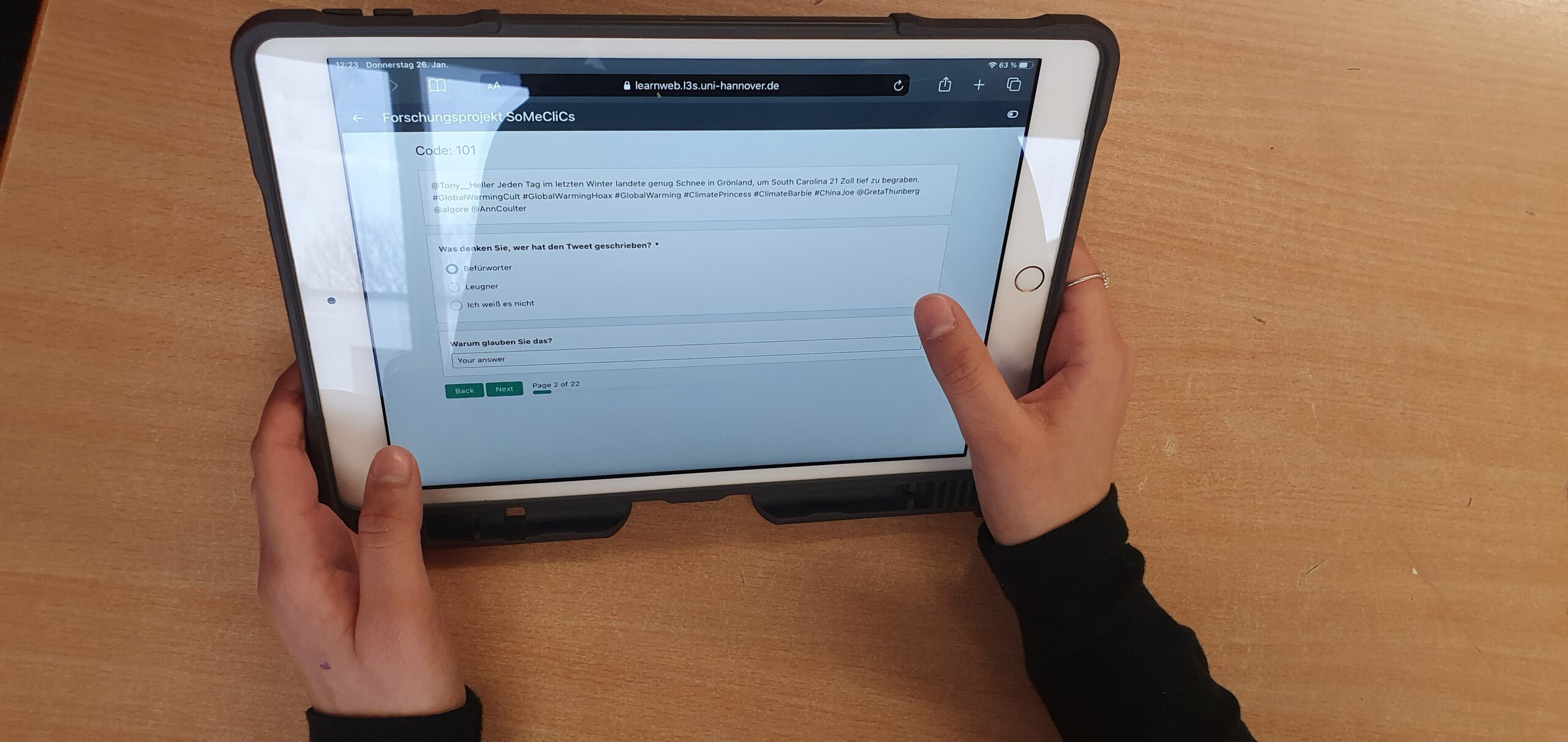
How AI Can Promote Awareness of the Climate Crisis
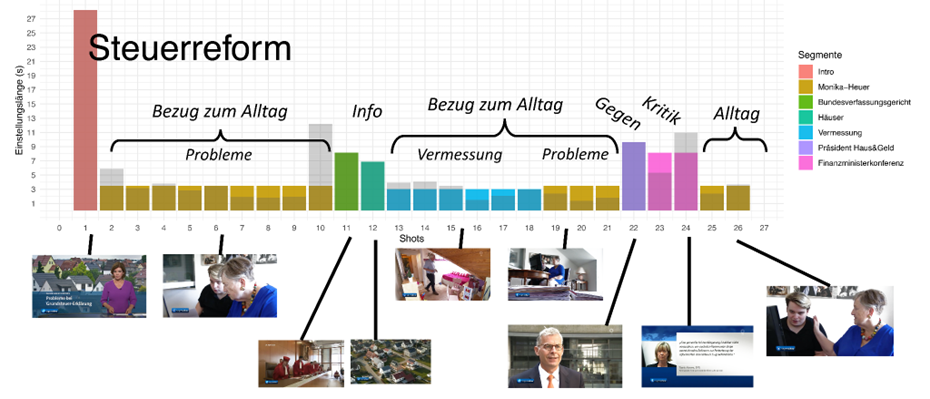
Understanding Narratives of Disinformation

Combating Disinformation with Art and Data

Why Participation Should Not Be Reserved for Pilot Projects
Issue 02 – Generative Artificial Intelligence

ChatGPT: Technological Breakthrough, Social Upheaval?

Strengthen research, maintain digital sovereignty

Research Comparisons with ChatGPT

Risky Communication

Feedback from the Language Model
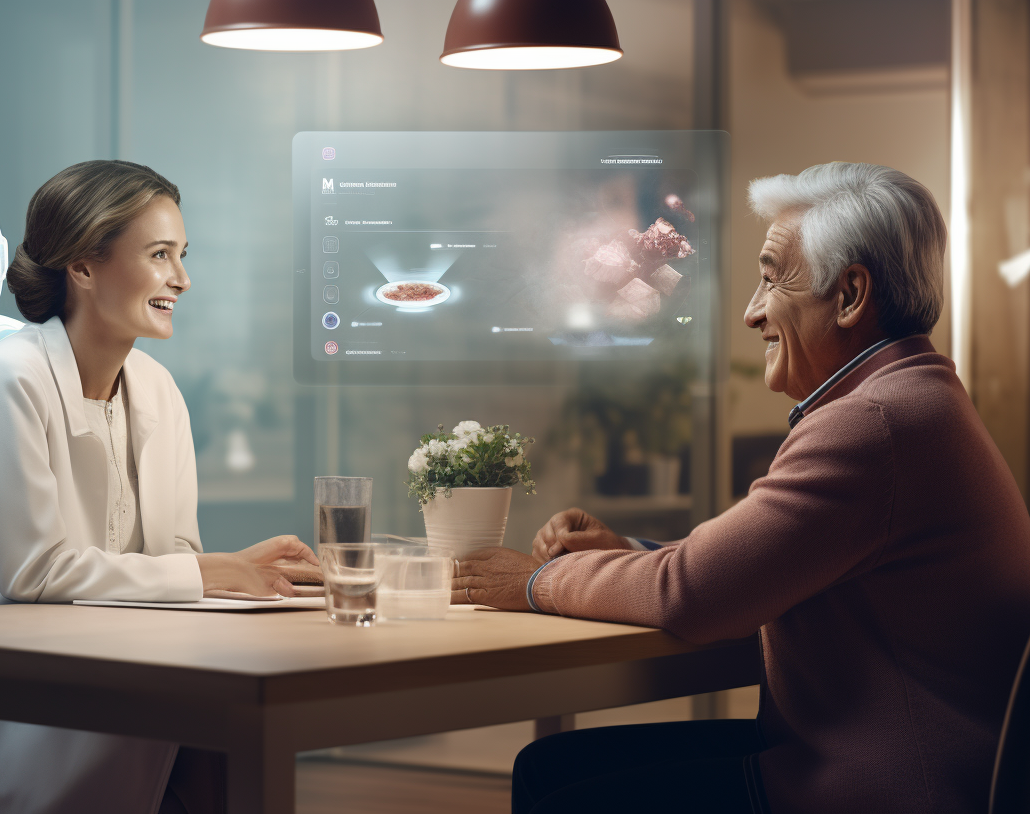
Ask your Doctor and Chatbot
Issue 01 – Personalized Medicine
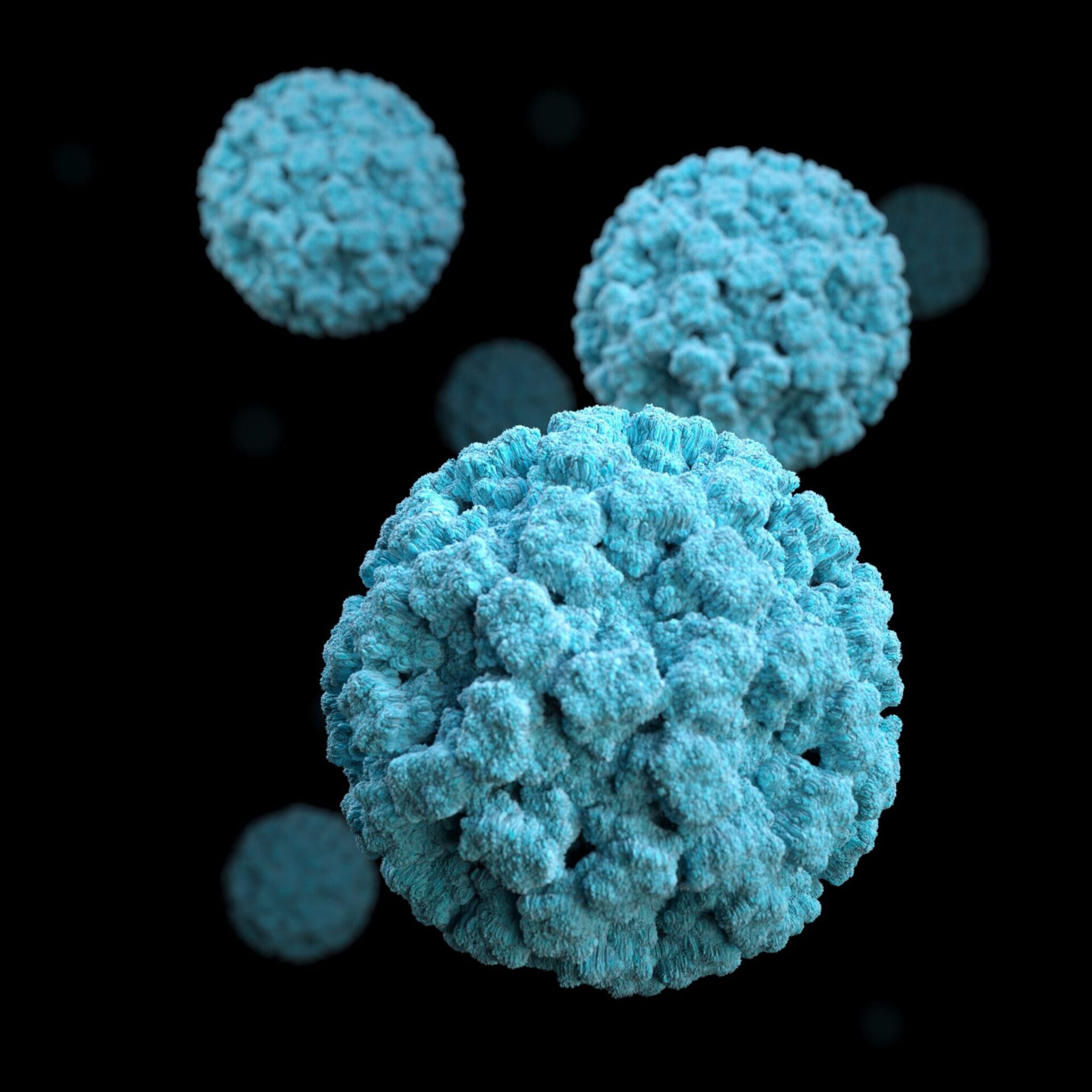
Big Data against noroviruses

Fighting Bacteria with Data
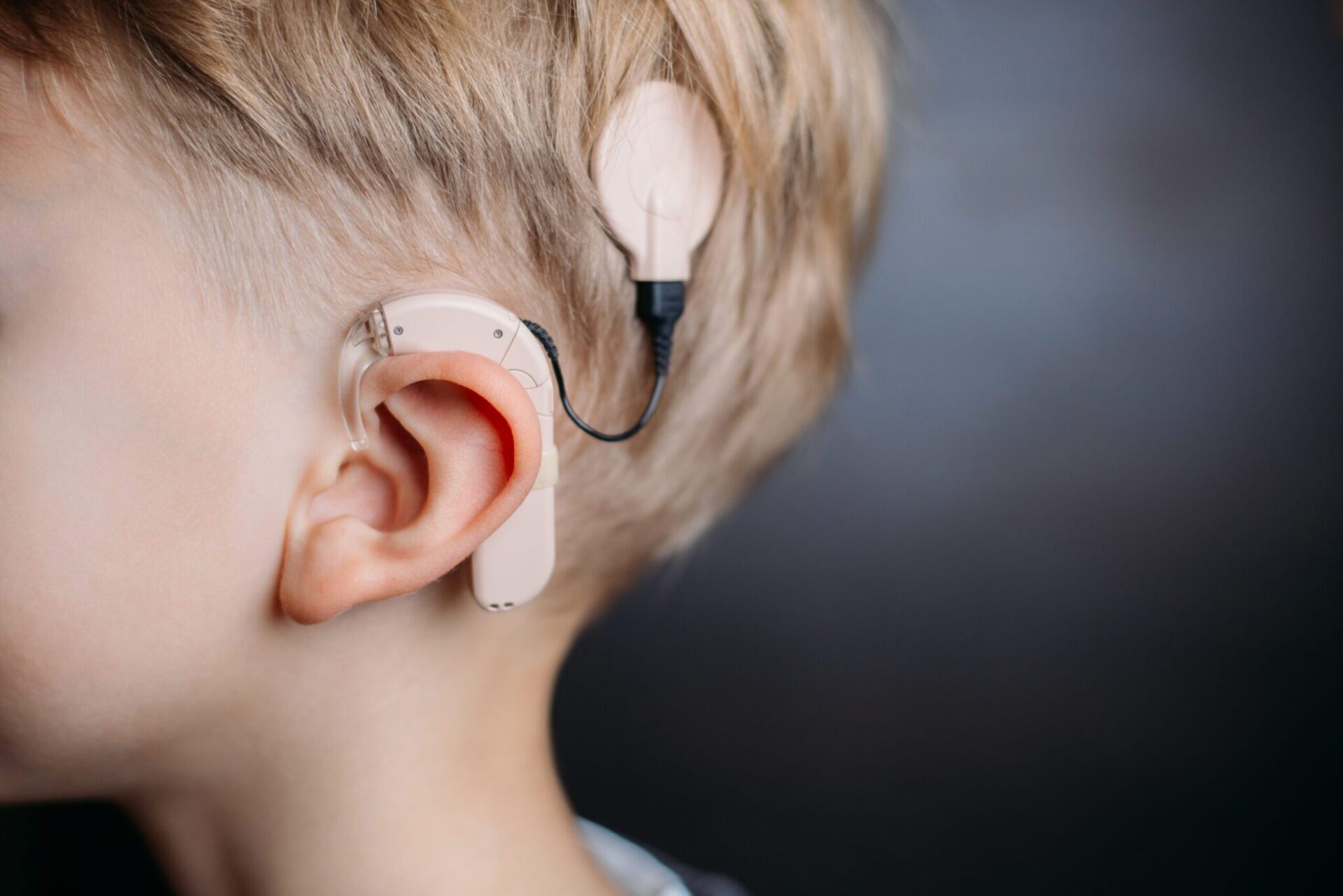
Personalised care for hearing impaired people

Five questions for four doctoral students: Seham Nasr
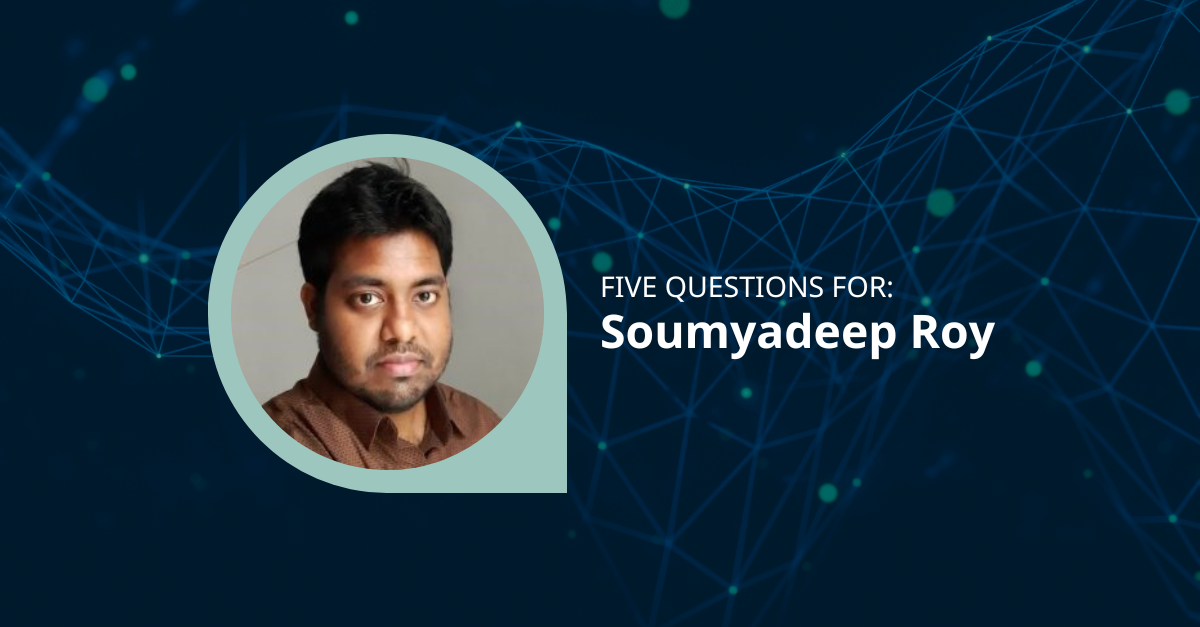
Five questions for four doctoral students: Soumyadeep Roy
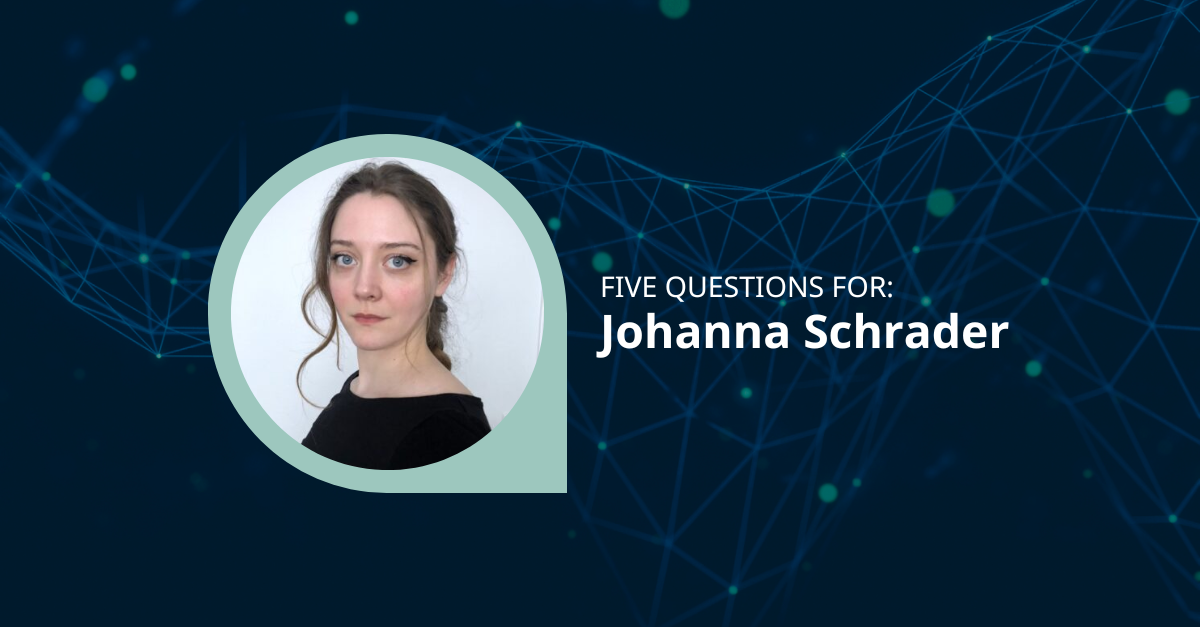
Five questions for four doctoral students: Johanna Schrader

Five questions for four doctoral students: Jonas Wallat
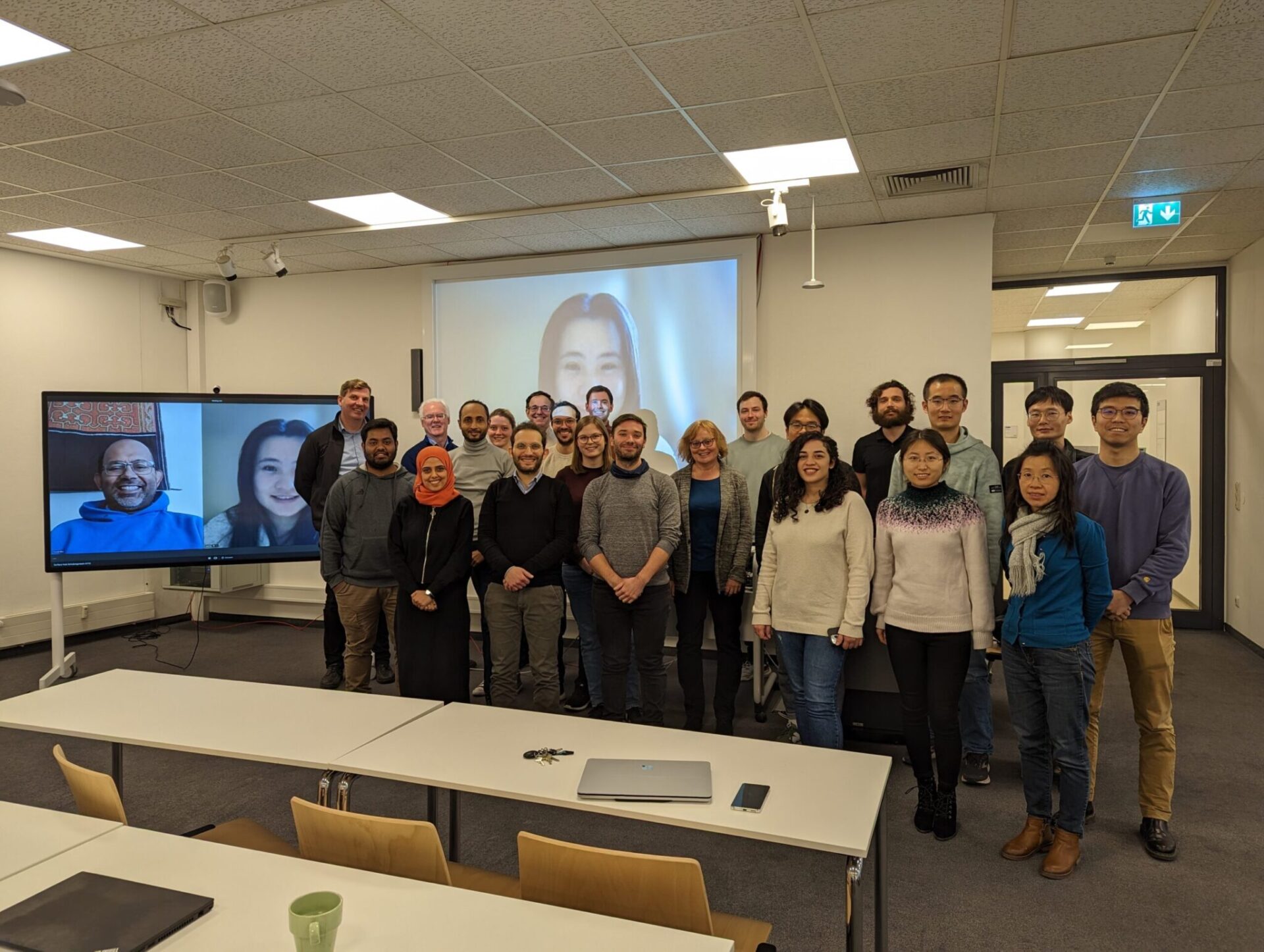
A conversation with visiting professors
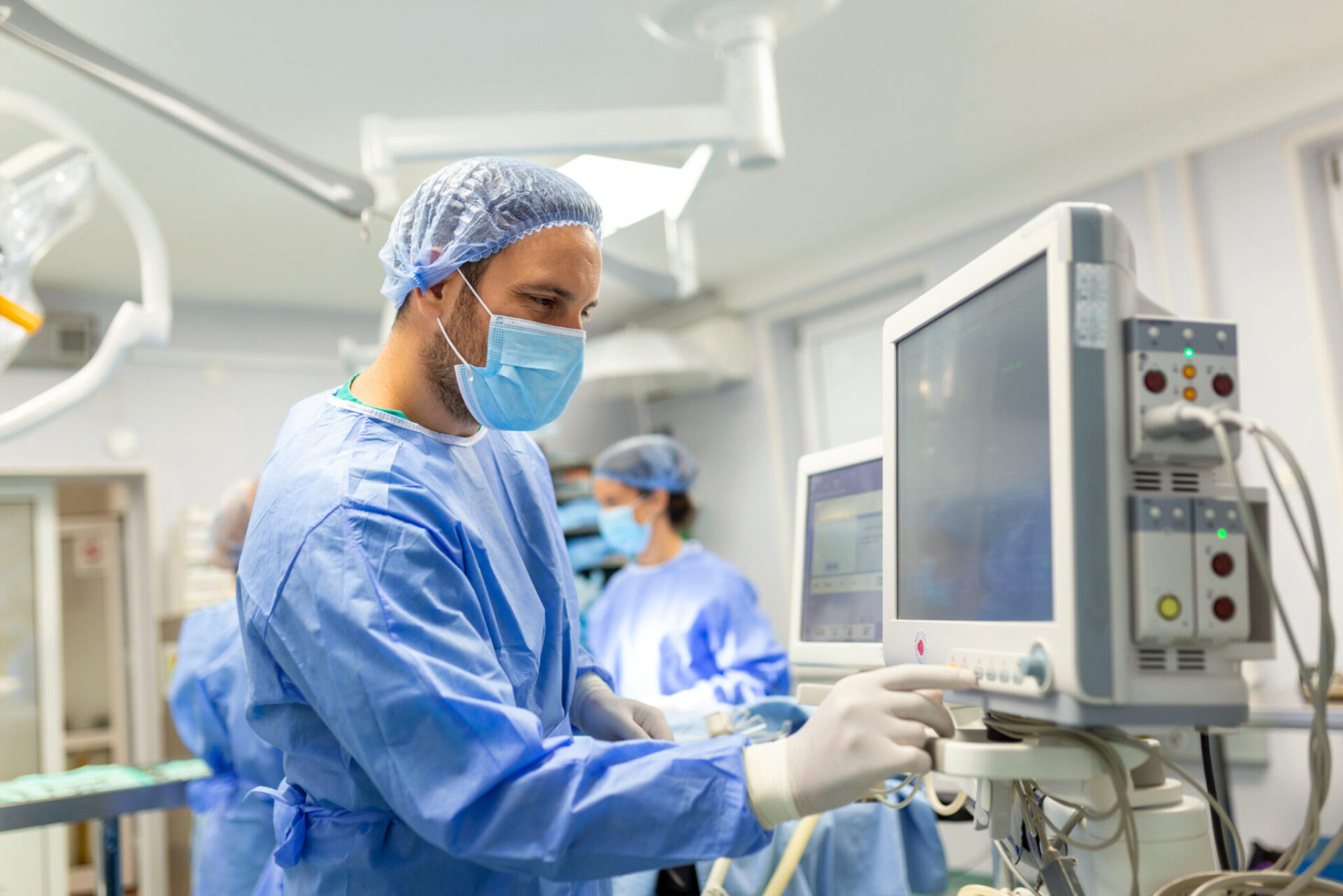
Helping doctors make decisions
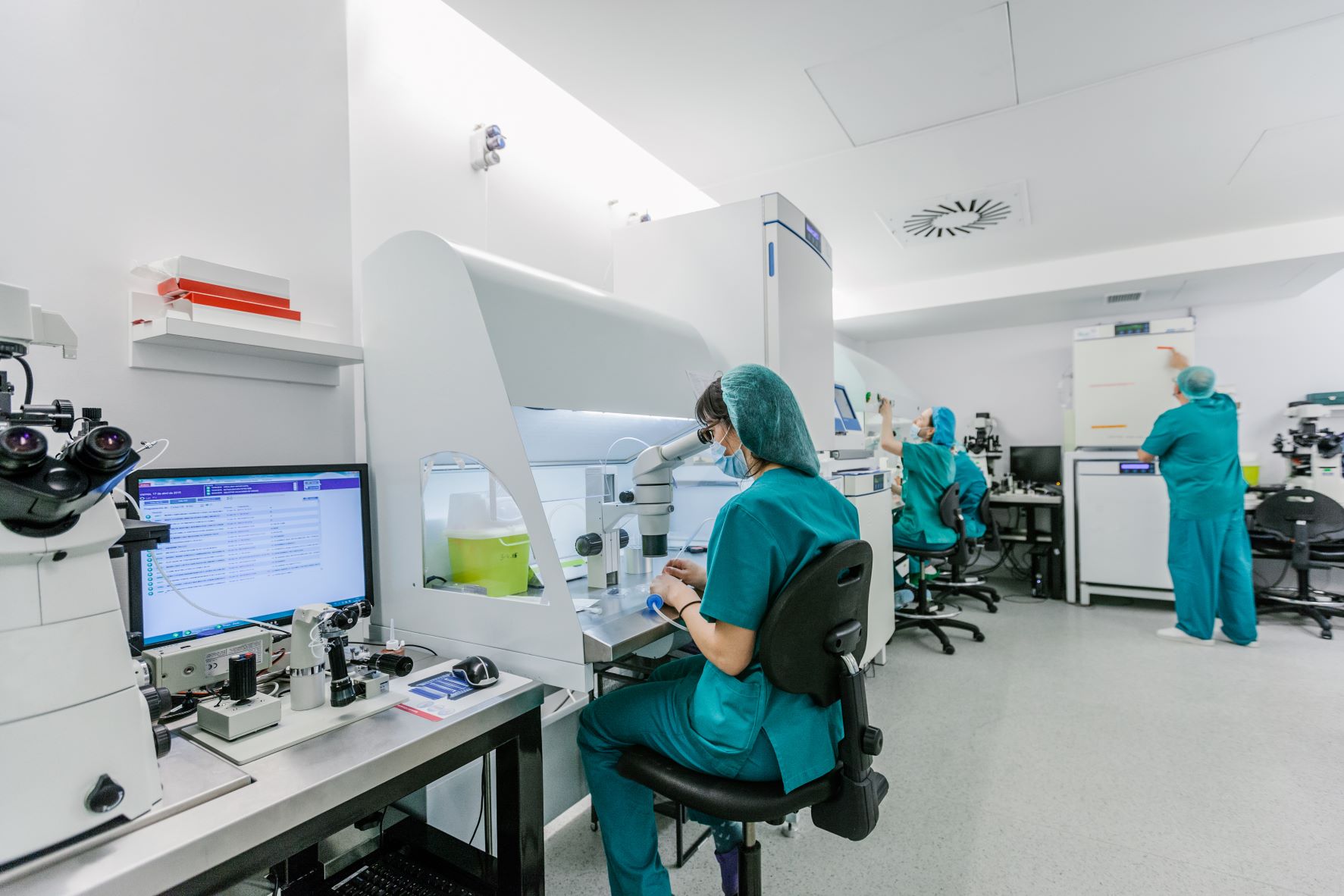
Fighting the pandemic with data analysis
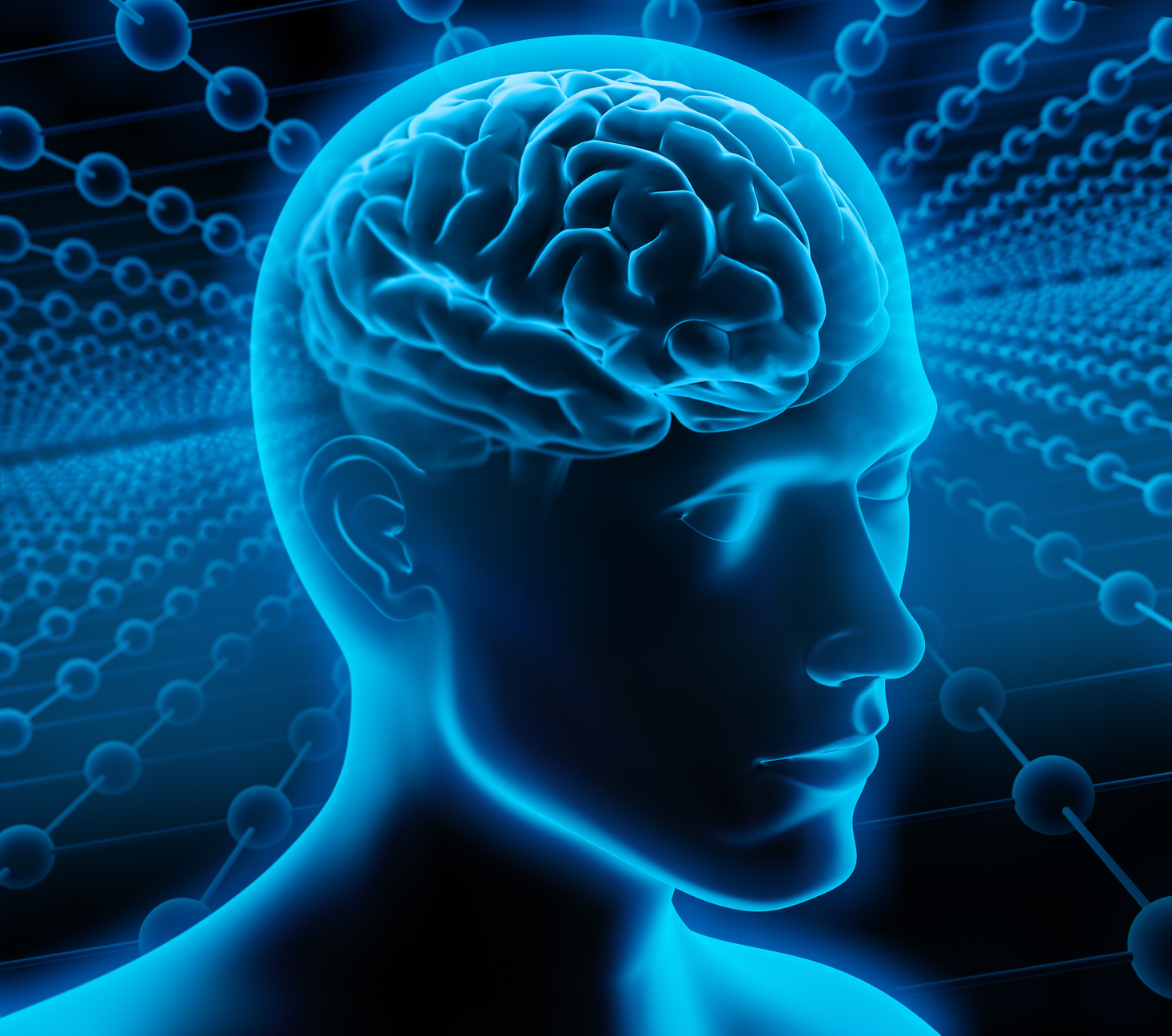
More than just a tremor
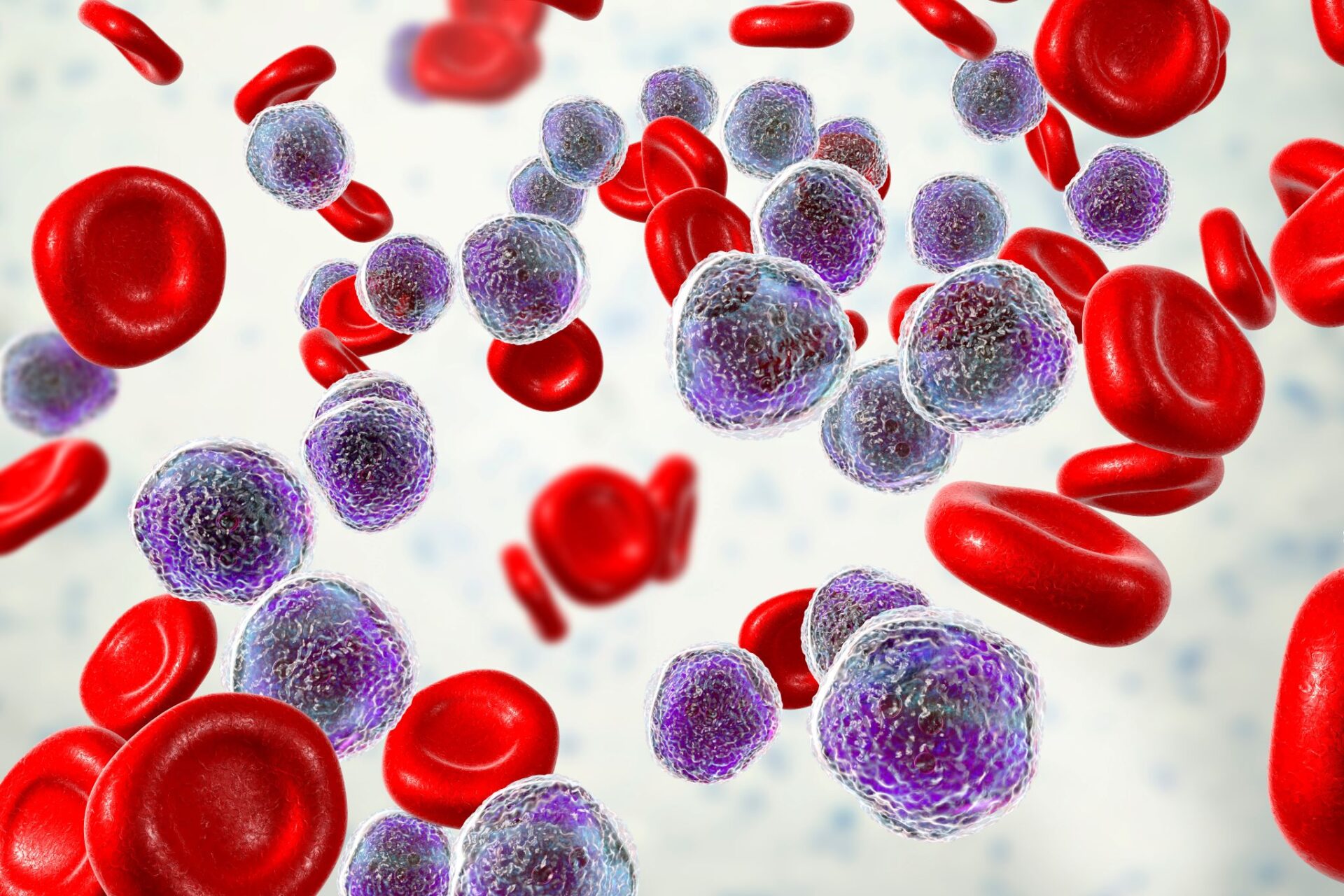
Use Case Leukemia in Children
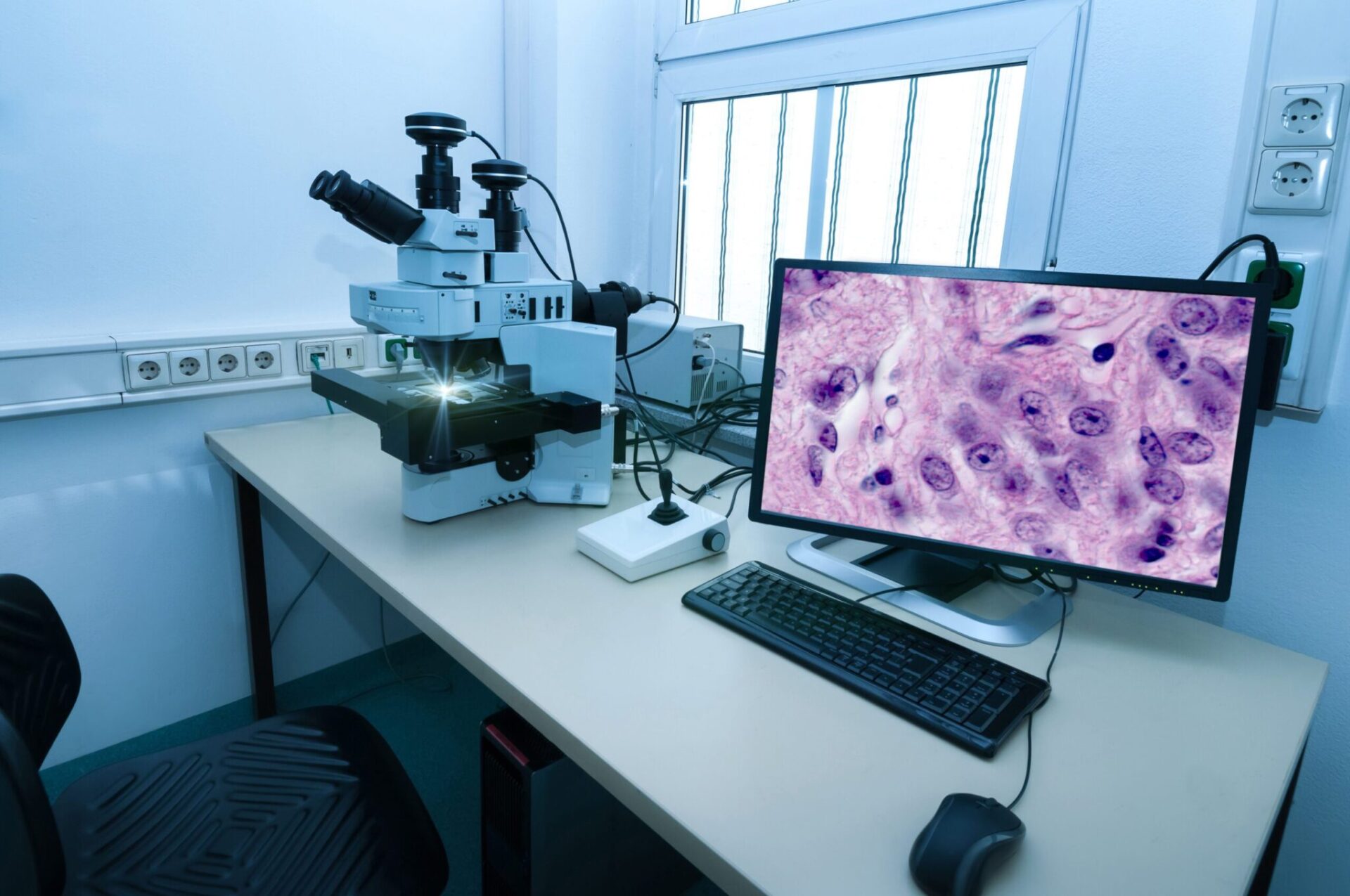
New chances against breast cancer
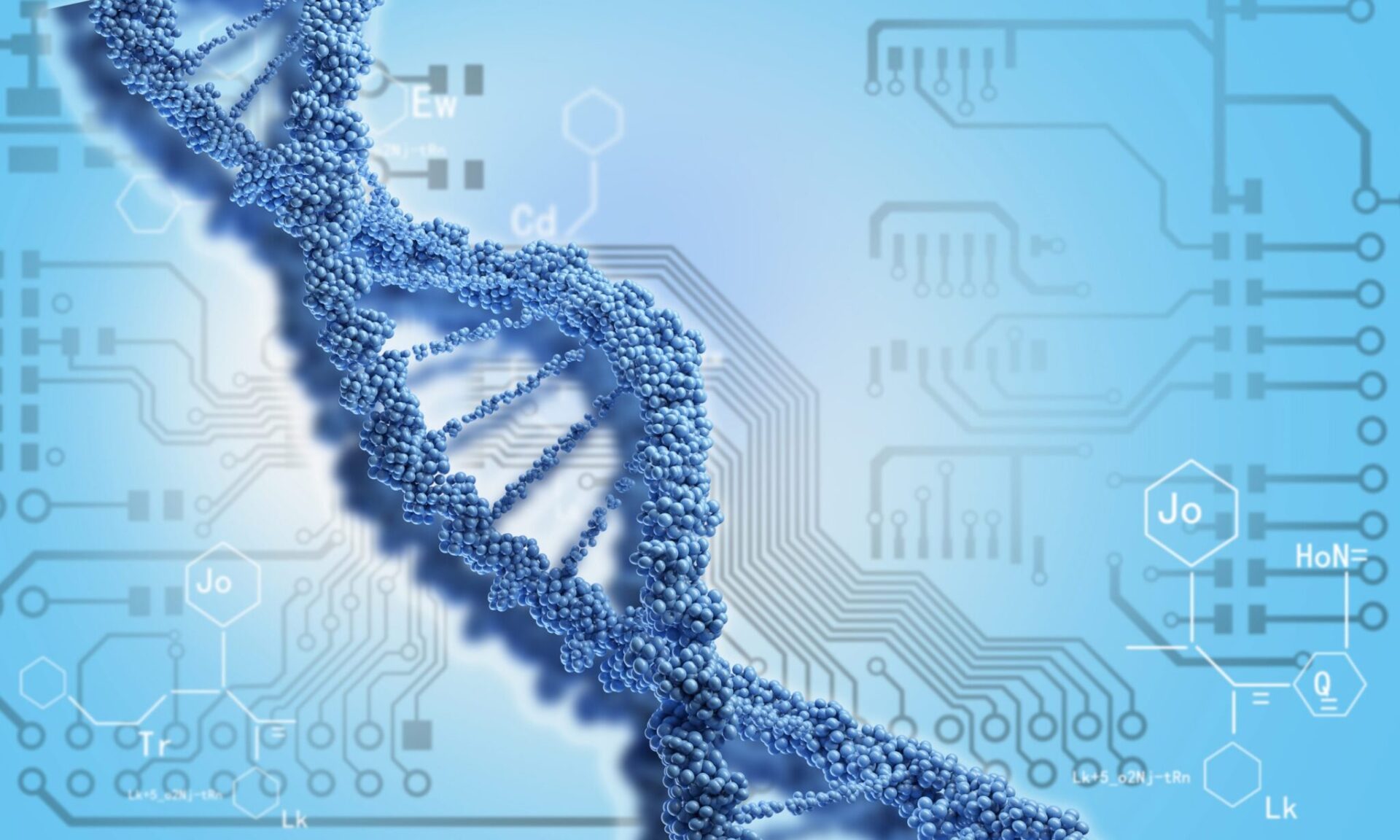
Patient data and artificial intelligence
2022
Issue 01 – L3S and Partners
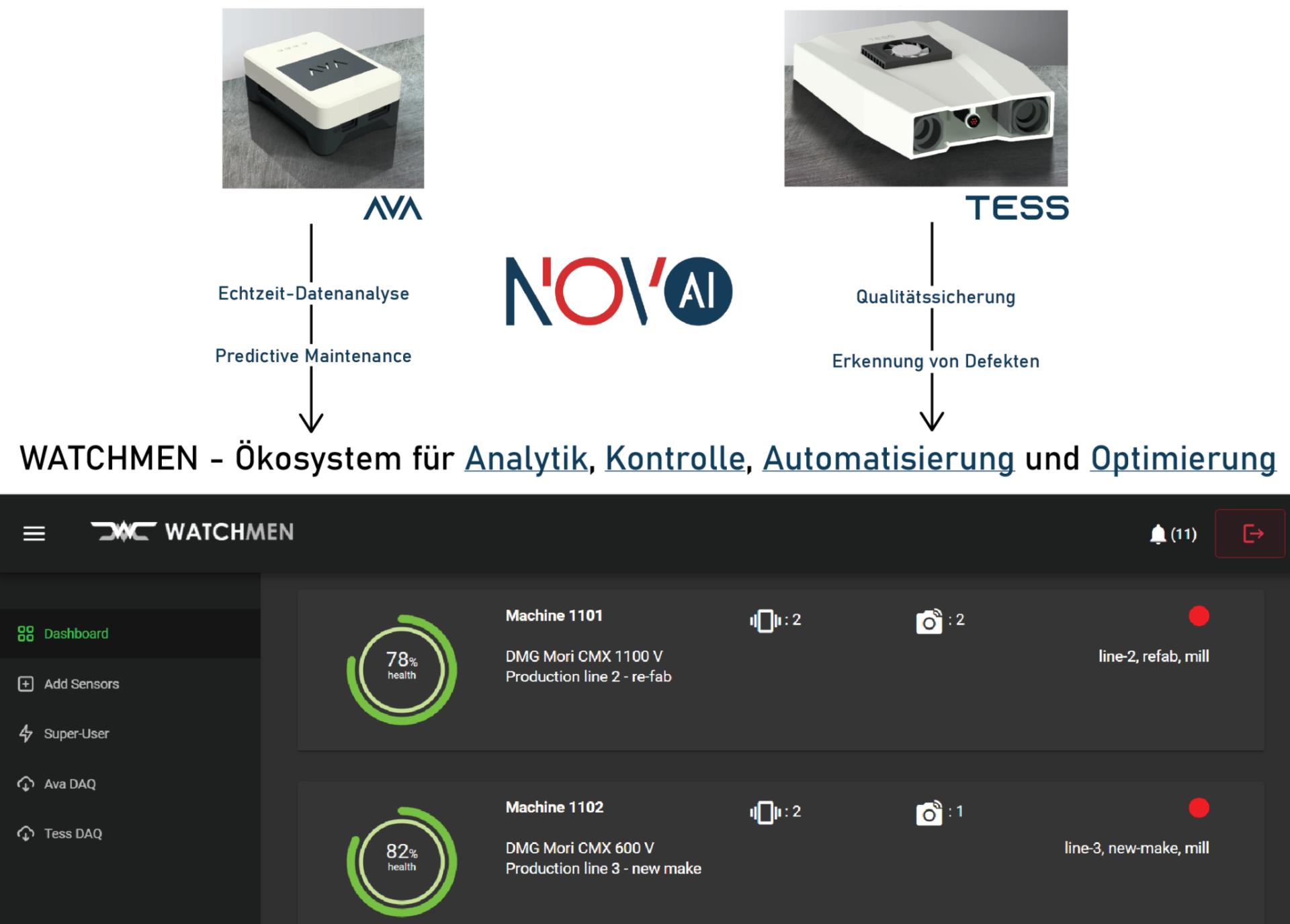
Four questions for Novo AI

Perception and Reality

AI for Mobility and Production
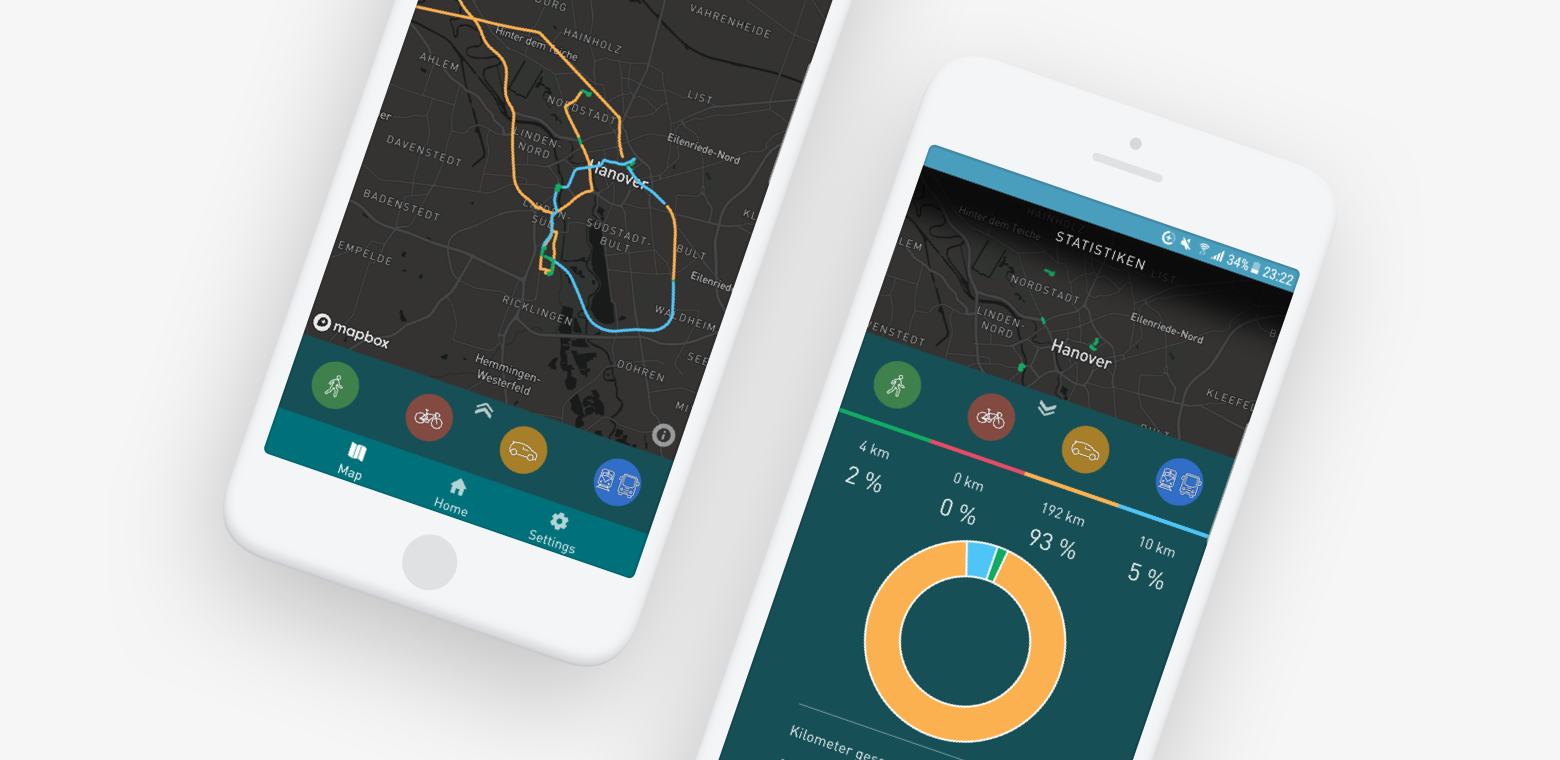
From research to the digital mobility of tomorrow

Optimized supply chains as a competitive advantage
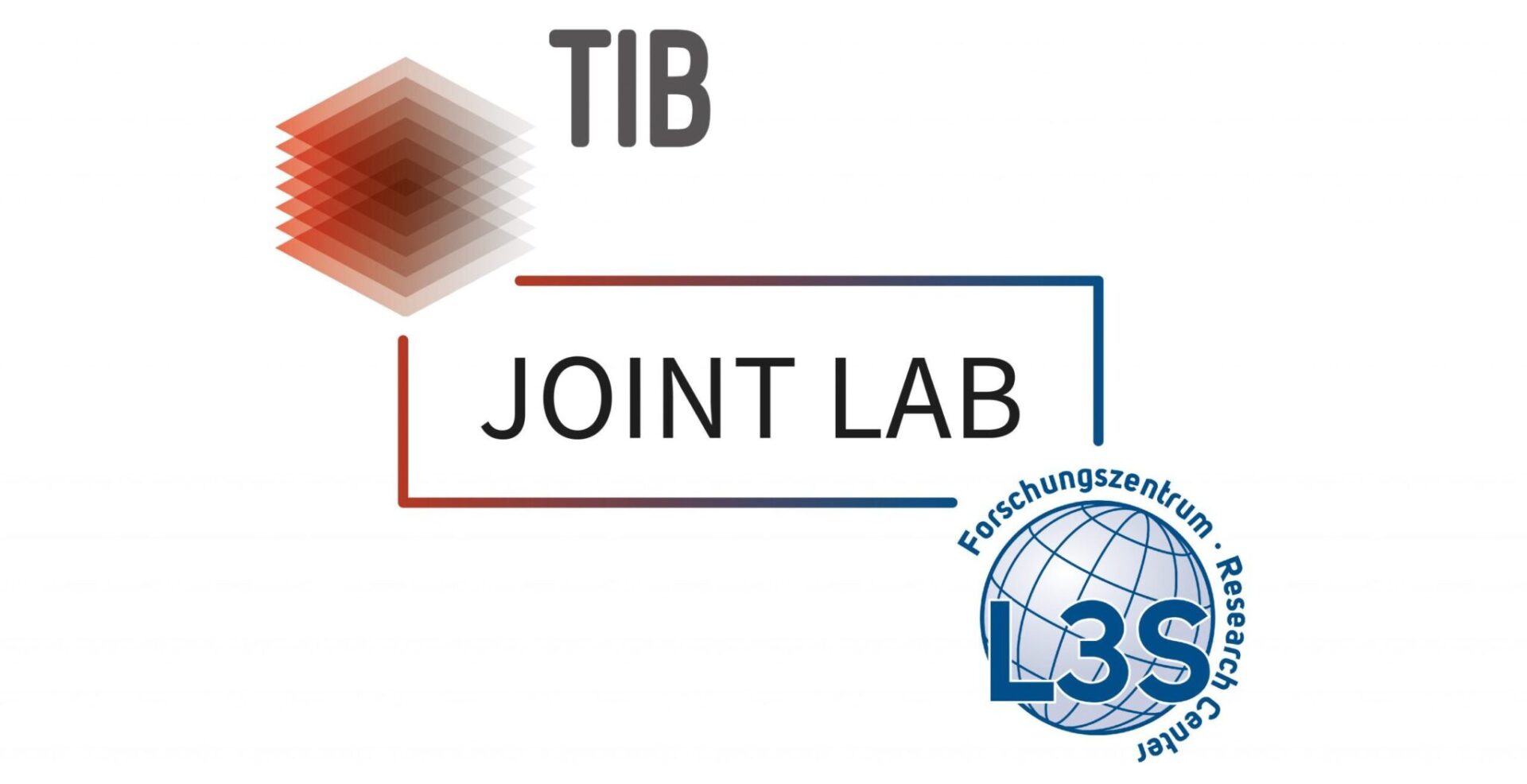
Closely linked partners: L3S and TIB
2021
Issue 03 – Digital Innovation Hub for AI & Cybersecurity

Fairness instead of prejudice
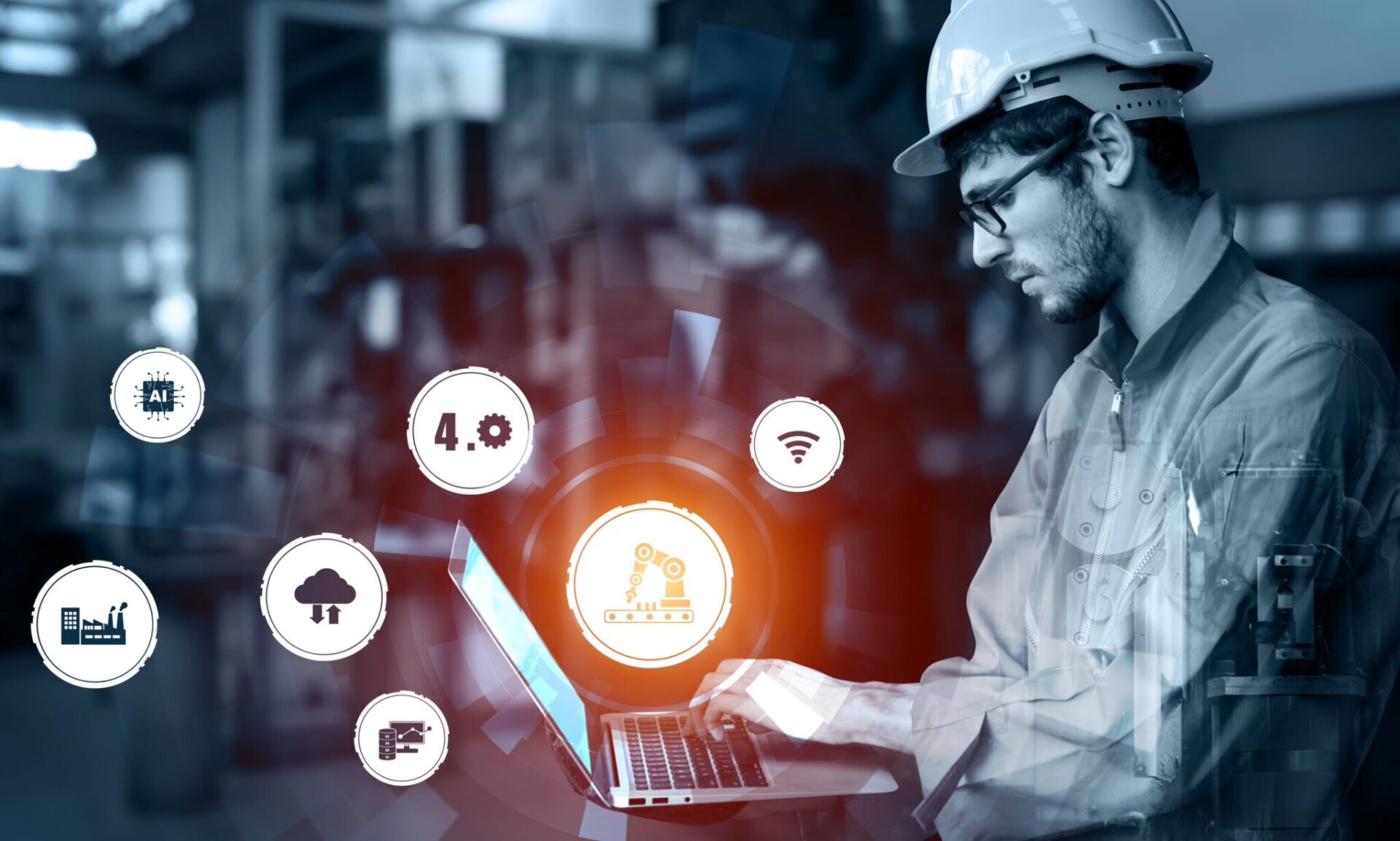
Innovation boost for SMEs

DIH partners introduce themselves: CISPA Helmholtz Centre for Information Security
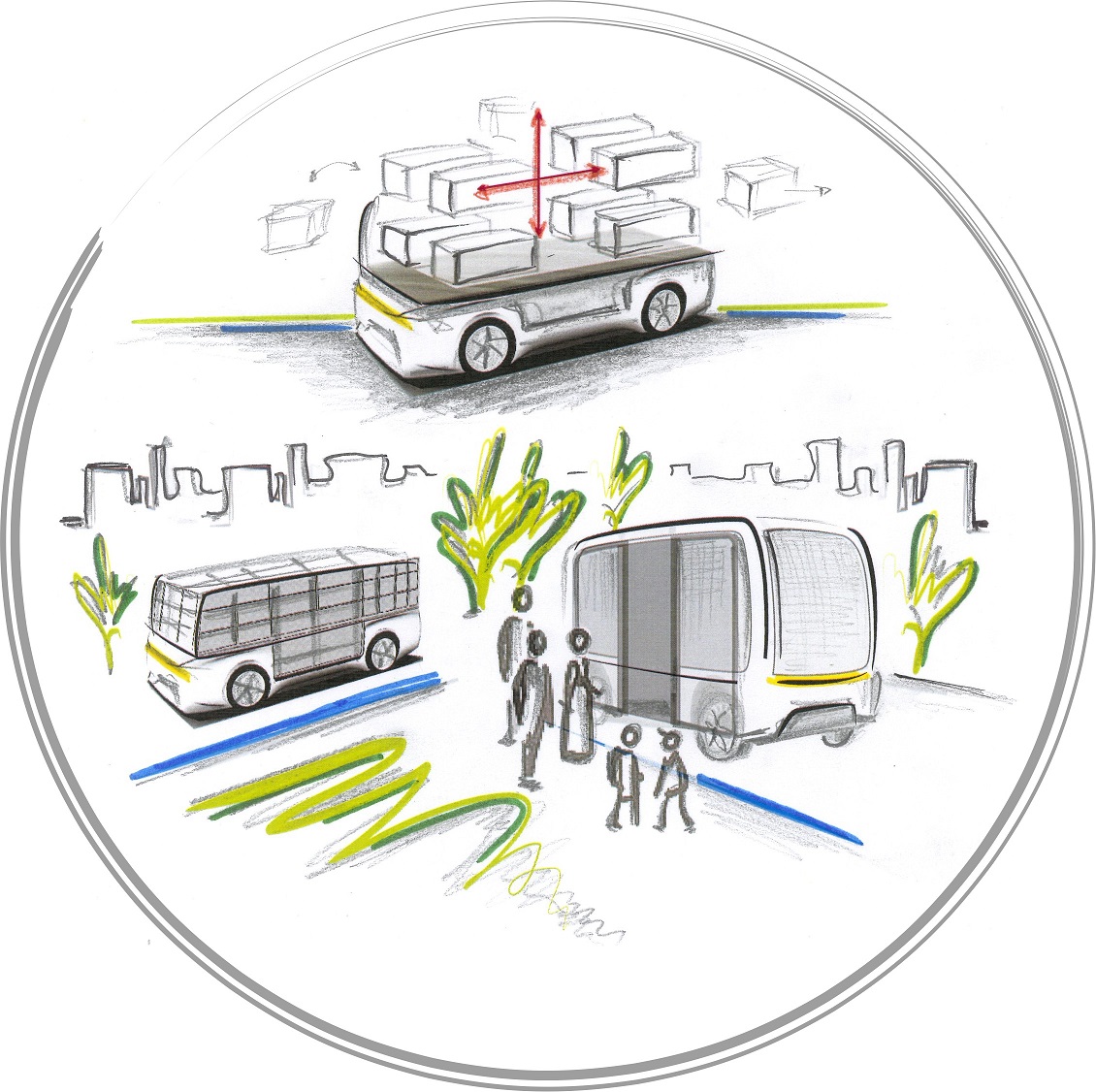
DIH partners Introduce themselves: Automotive Research Centre Niedersachsen
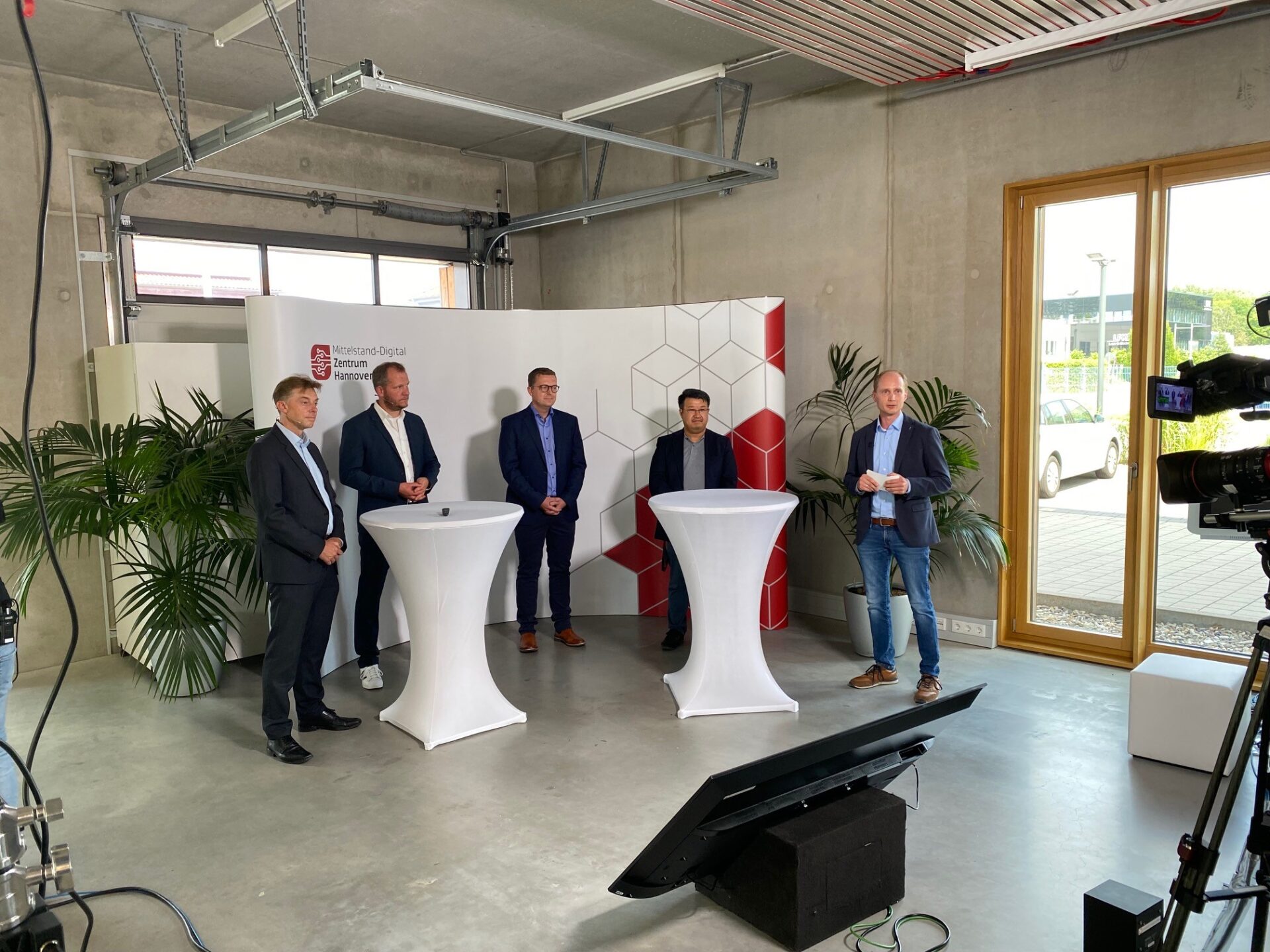
DIH partners introduce themselves: Mittelstand-Digital Zentrum Hannover
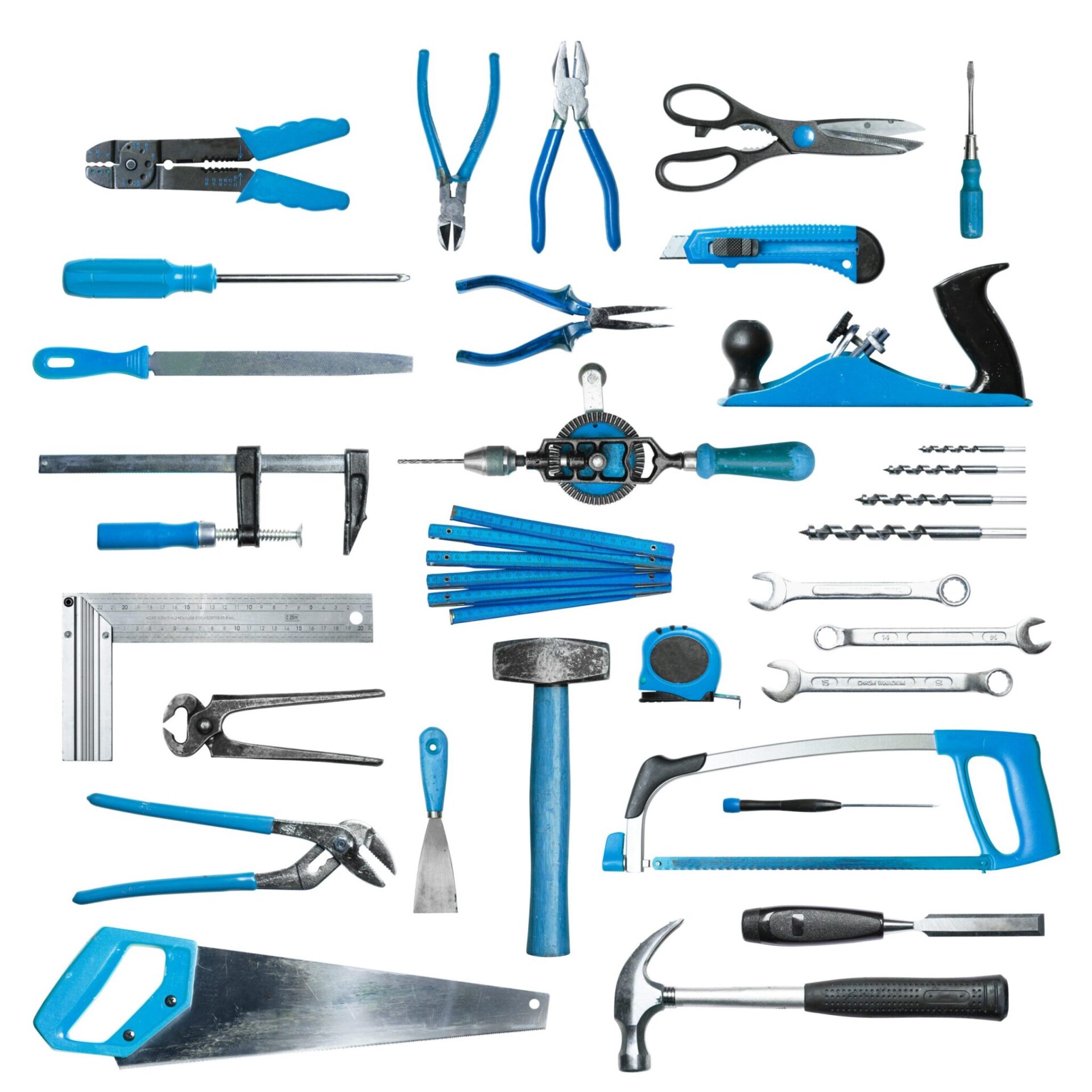
DIH partners introduce themselves: Heinz Piest Institute for Craft Technology (HPI)
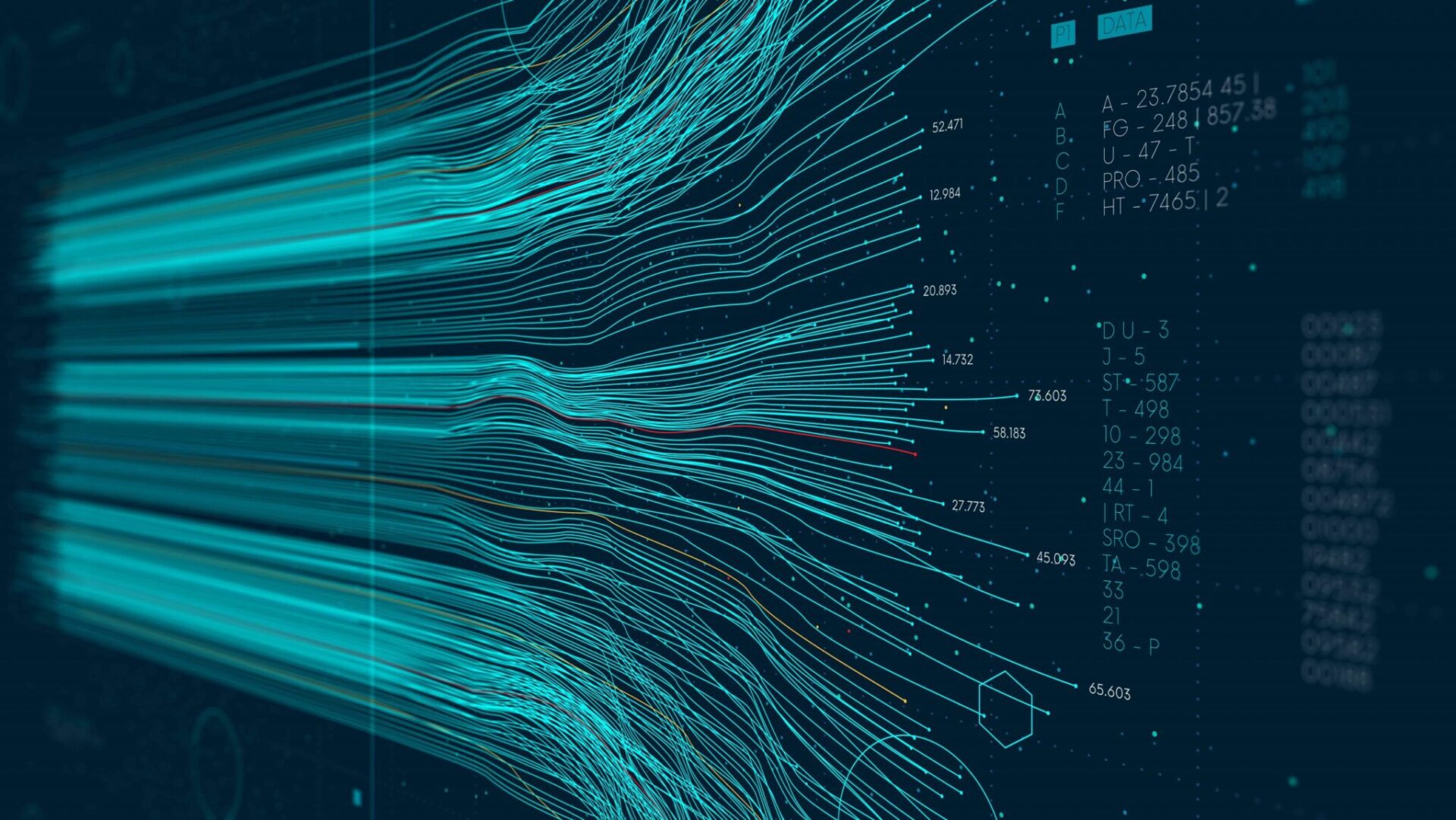
Joint Data Space for Science and Business
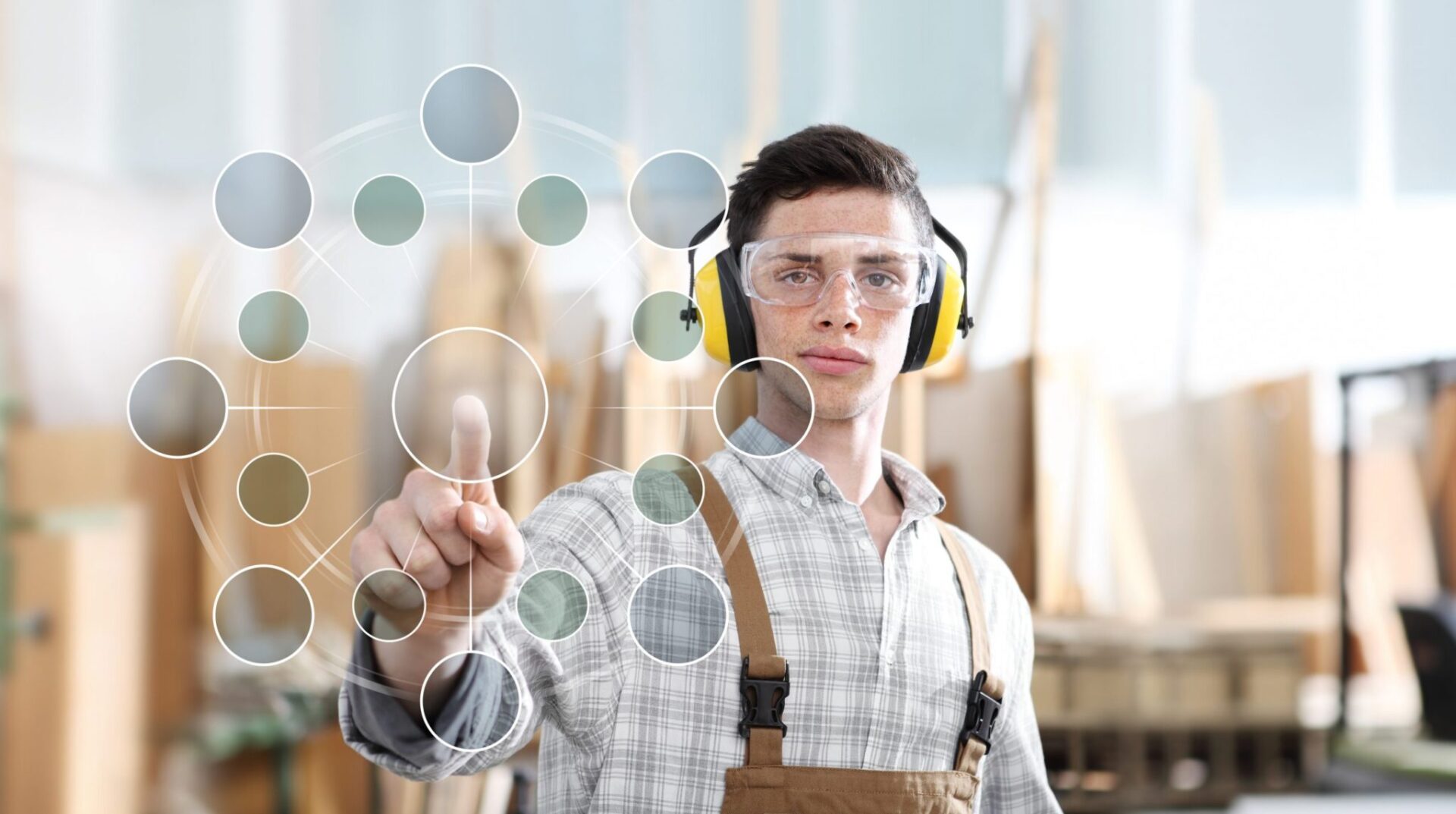
New Hub DAISEC to promote Digitalisation
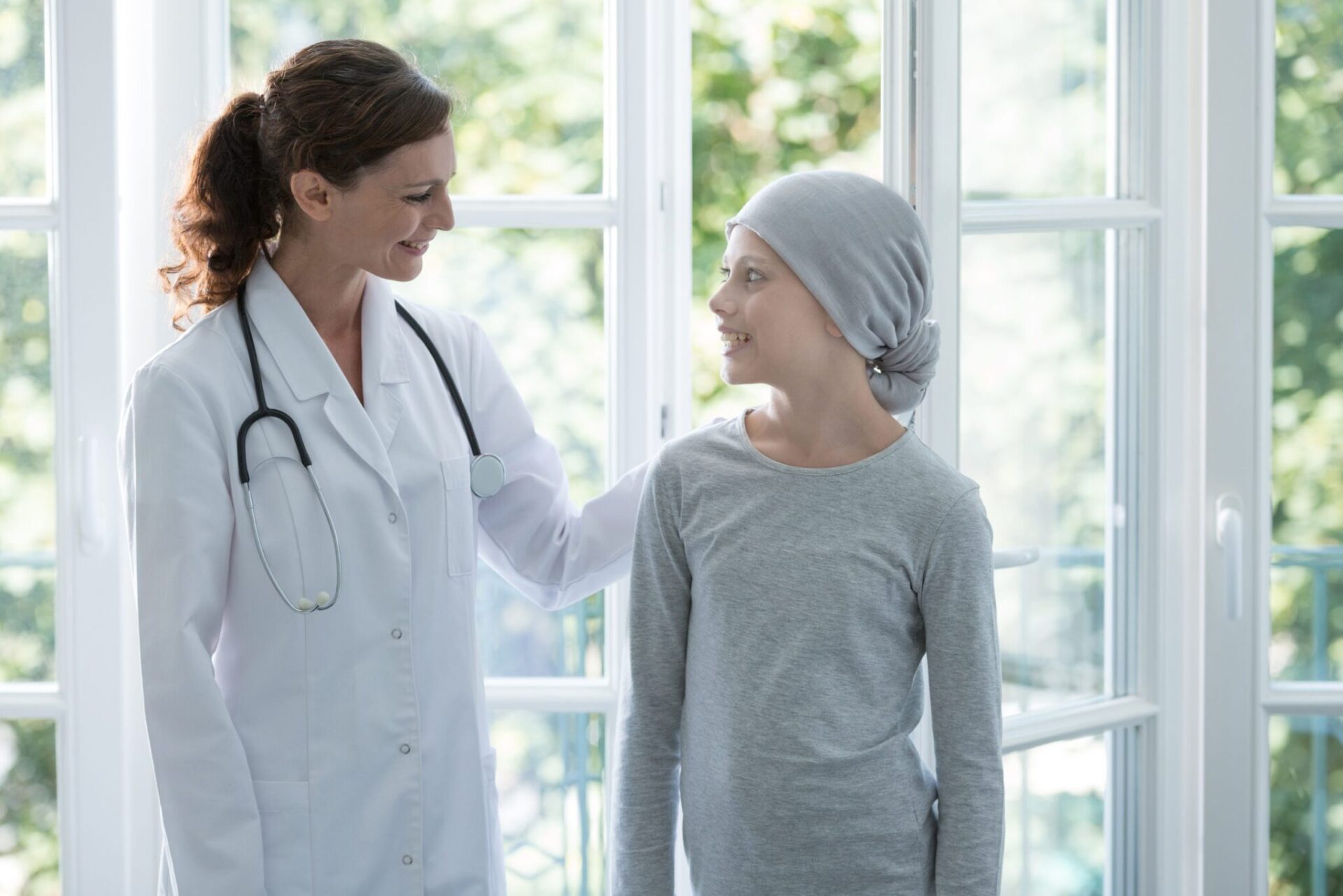
Global cooperation on the road to personalised medicine
Issue 02 – Digital Learning

Sharing digital education with Twillo

Data-driven instruction in STEM subjects
Further research is needed on teaching formats and how they can interact to enable effective learning.
The doctoral program LernMINT aims to close this gap.

Interview with Dr. Dominik Rohrmus on further training

Ensuring knowledge transfer in the pandemic
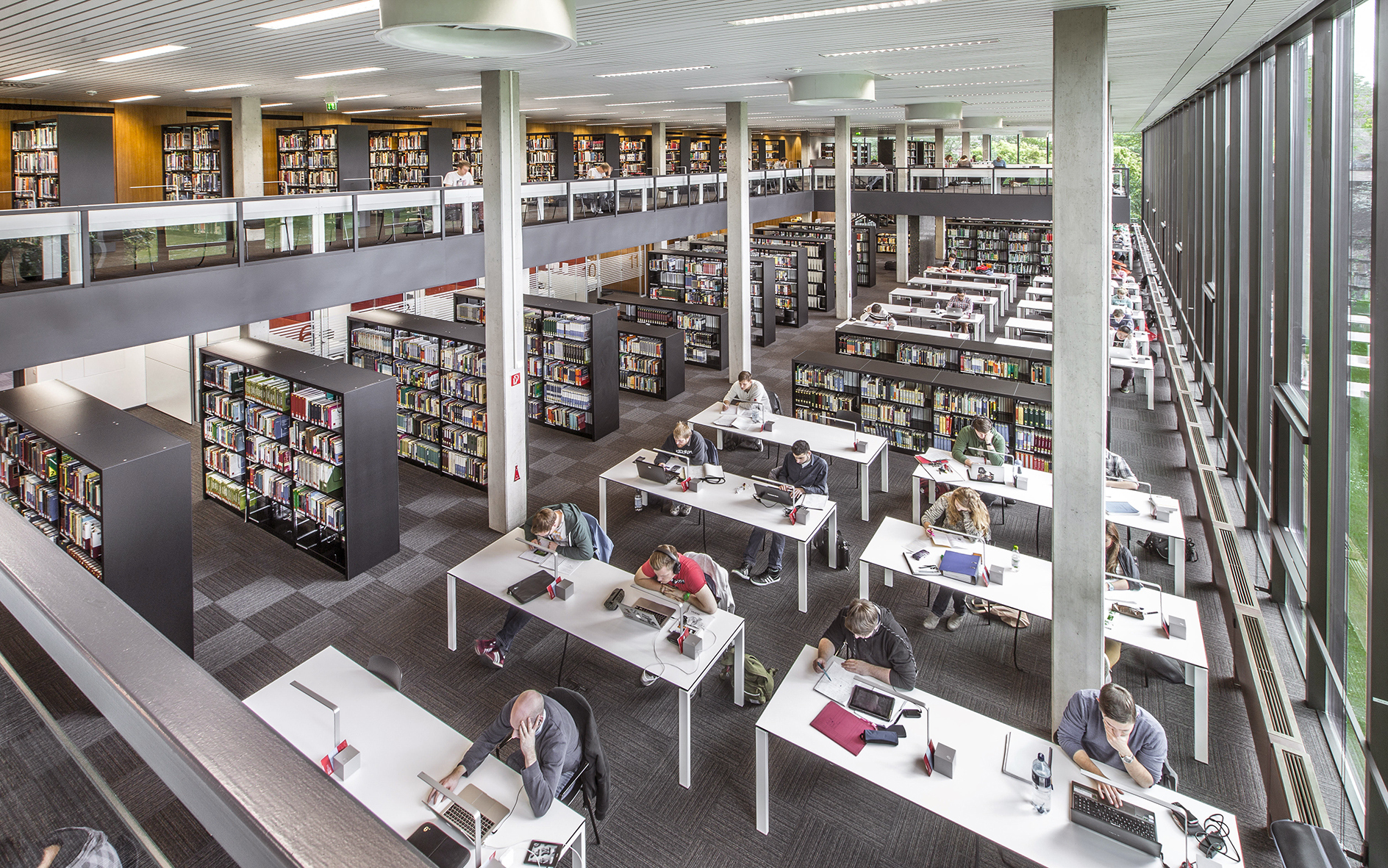
Quick access to expertise
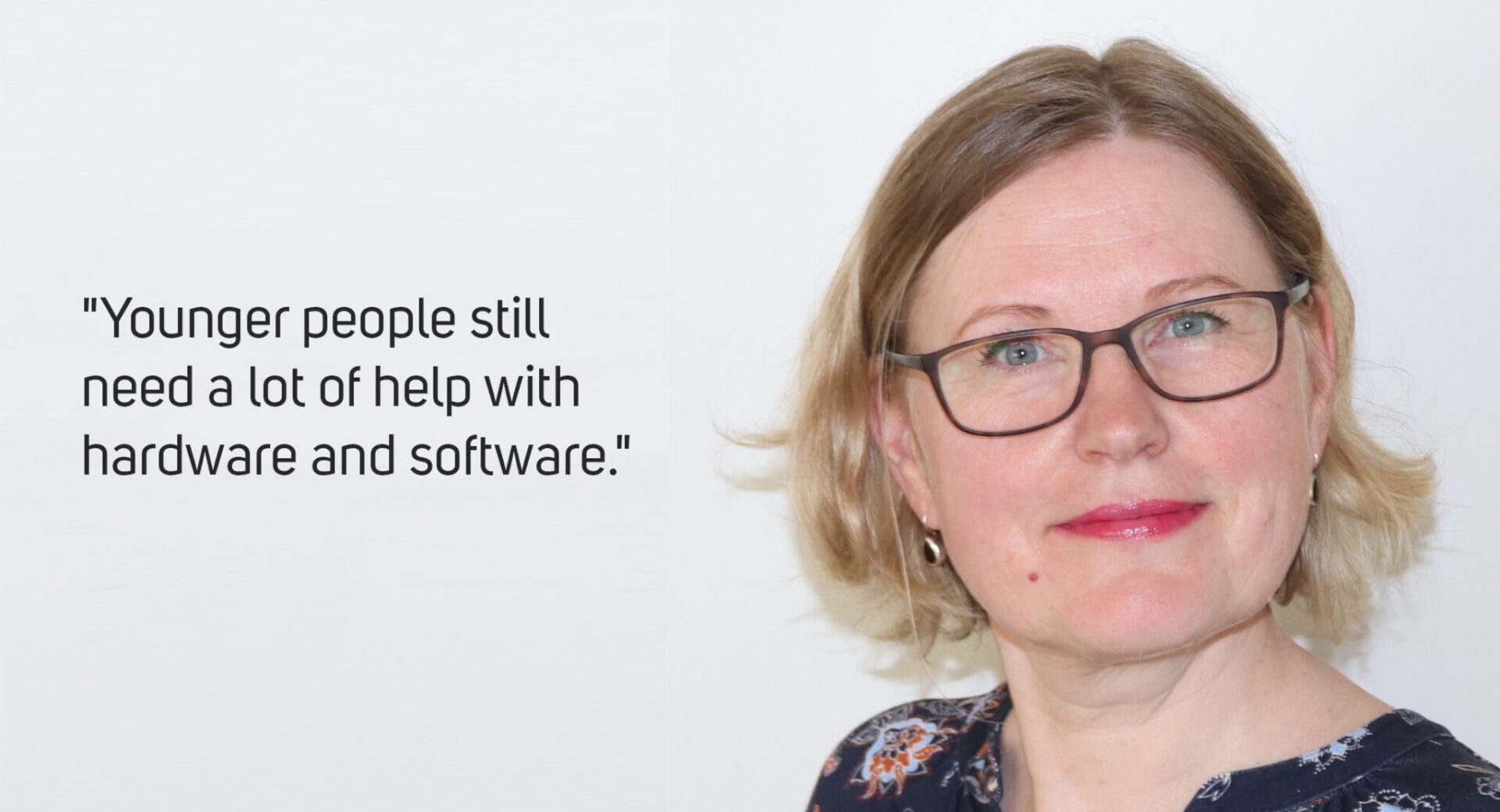
Interview with Dr. Lea Lensment

Science video search engine

On the way to the digital university

Mastering digital teaching and learning together

Interview with Jörg Ludwig
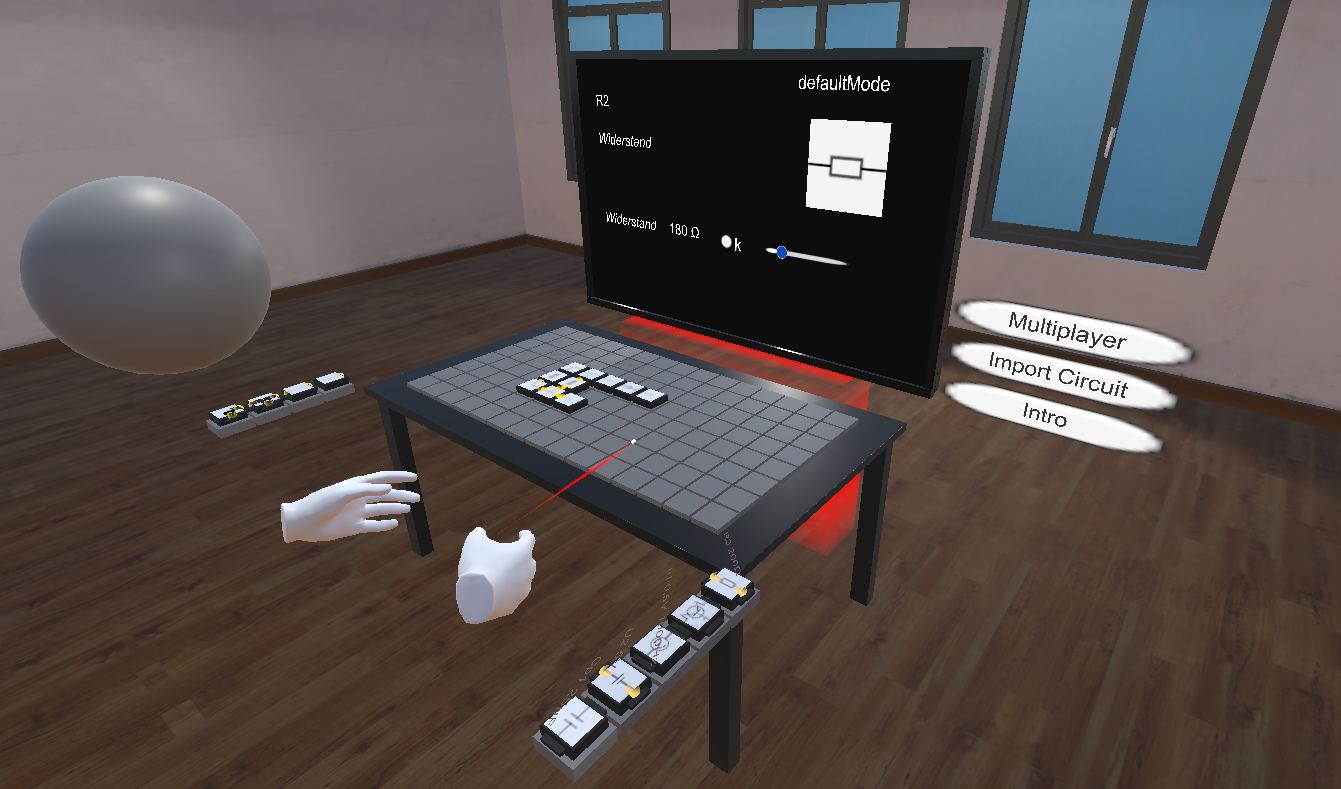
Digital technologies for teaching
Issue 01 – Startups
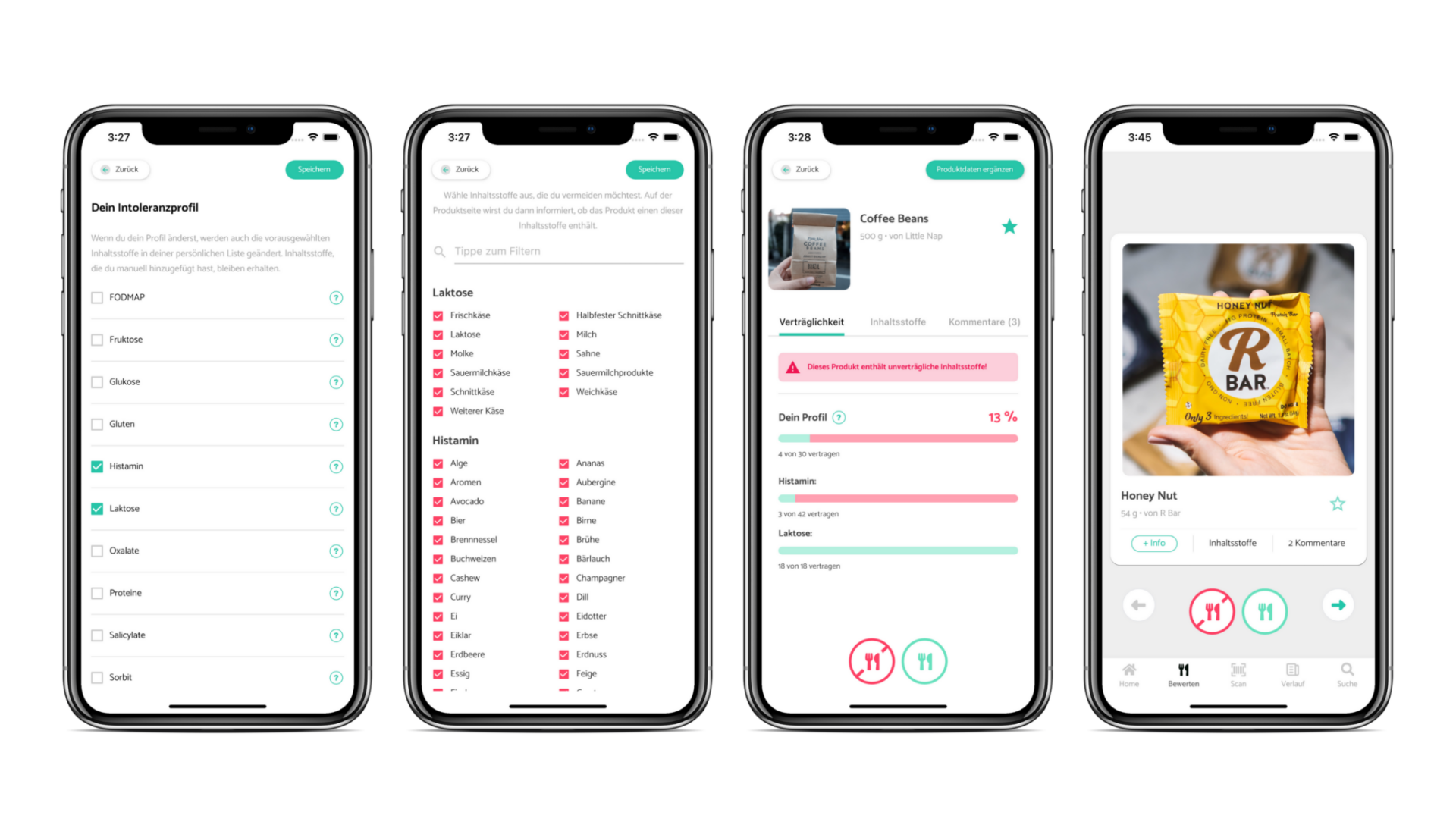
Complaint-free living with app

Eight questions for André Heinke, Bitmotec GmbH
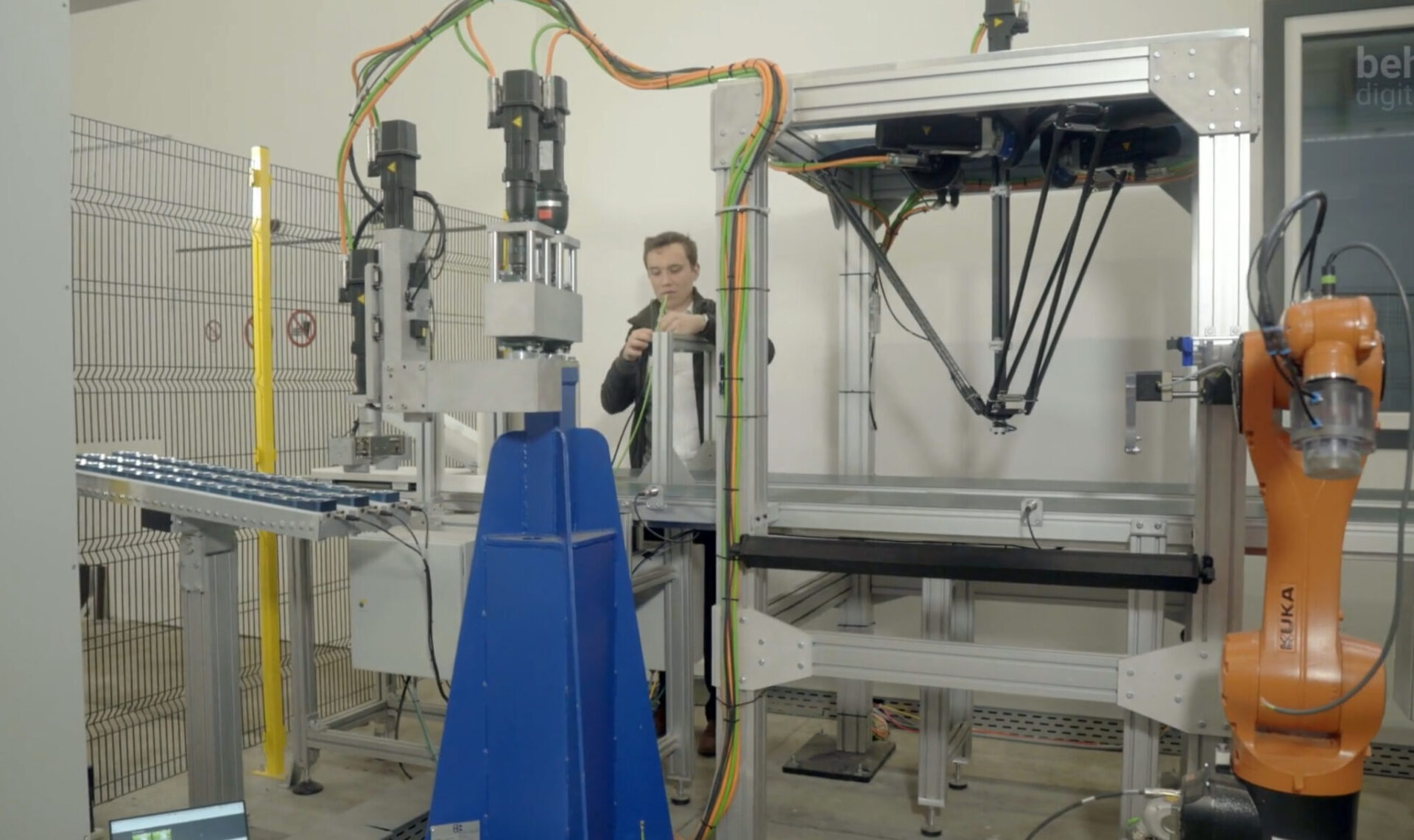
Process automation in minutes
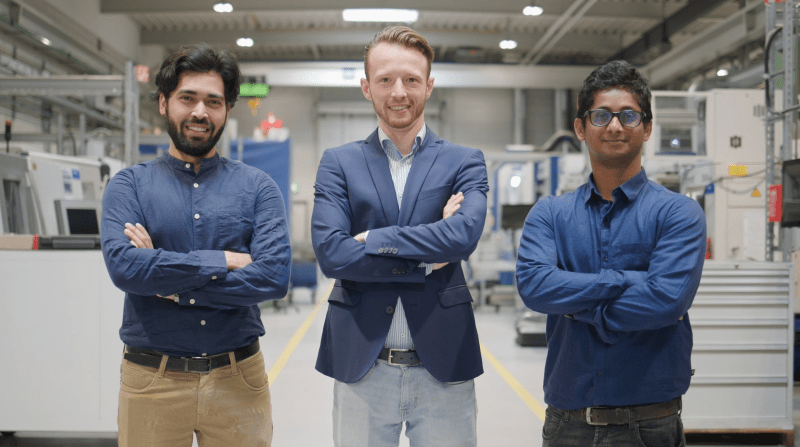
Intelligent Production: Solutions to the Data Shortage
2020
Issue 03 – Safety, Data Protection, Ethics

AI for a just, peaceful and inclusive EU

Legal implications of smart production

New cooperation on cybersecurity research

Participatory technology development for care 4.0
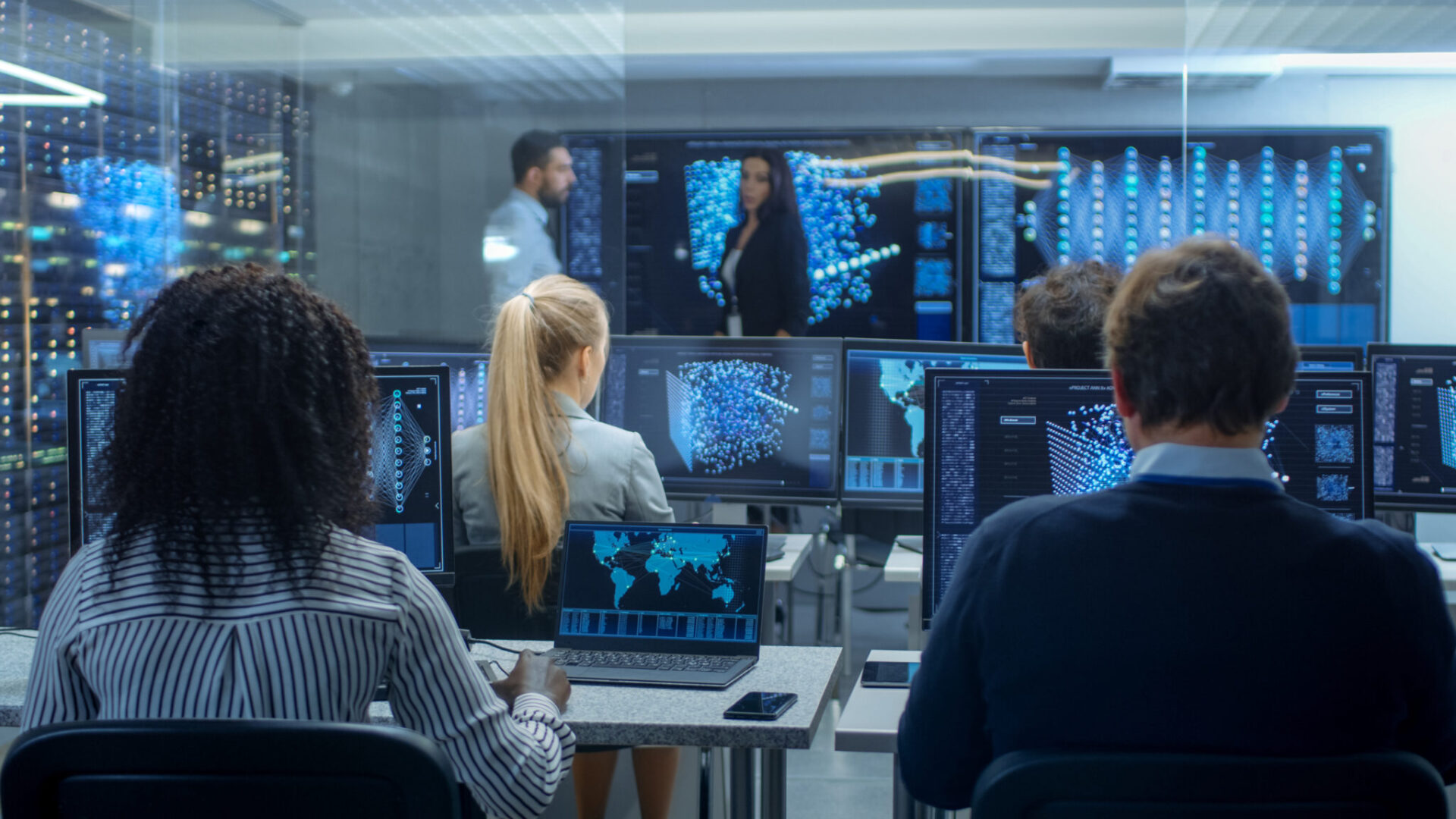
Armed for the major attack?
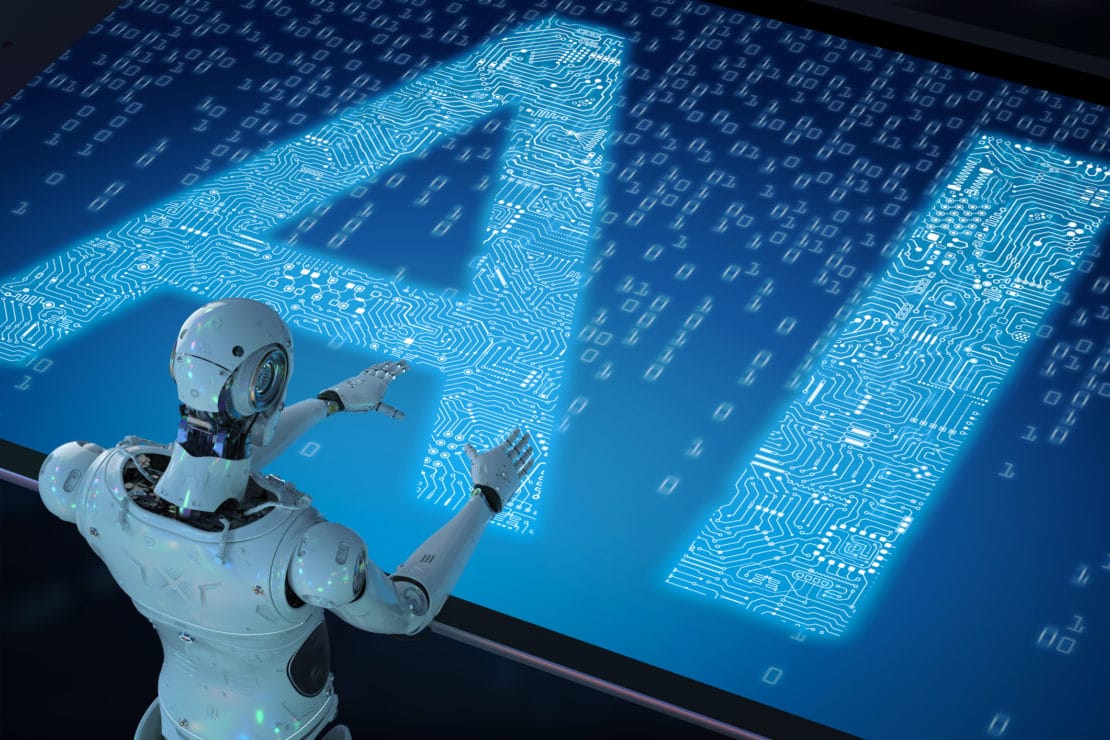
Ethical and legal standards for artificial intelligence
Issue 02 – Innovations, Crises, Startups
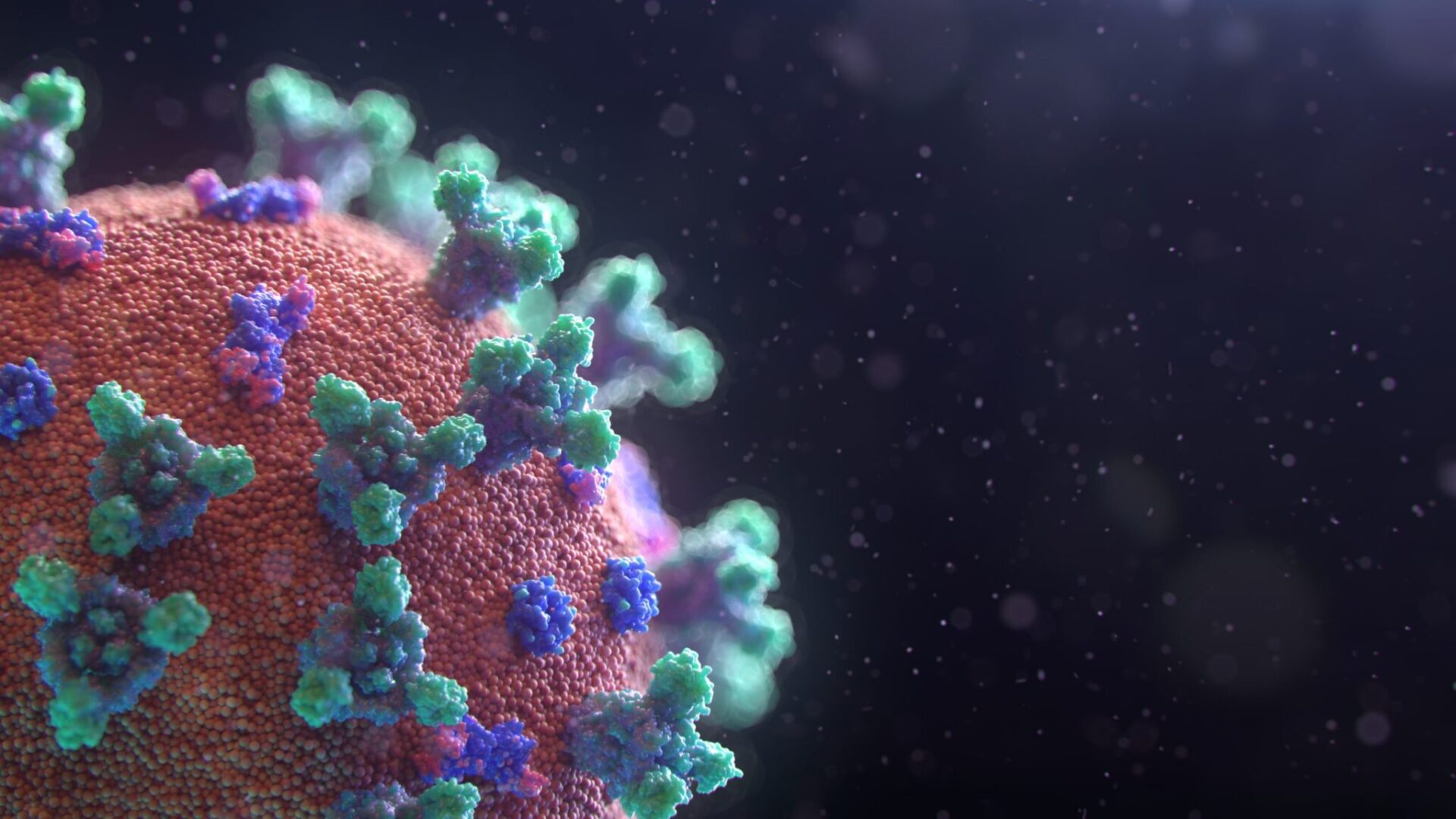
Corona: Collecting data for predictive models

Corona: Analysing Twitter data

Corona: Automated genome analyses for SARS-Cov2
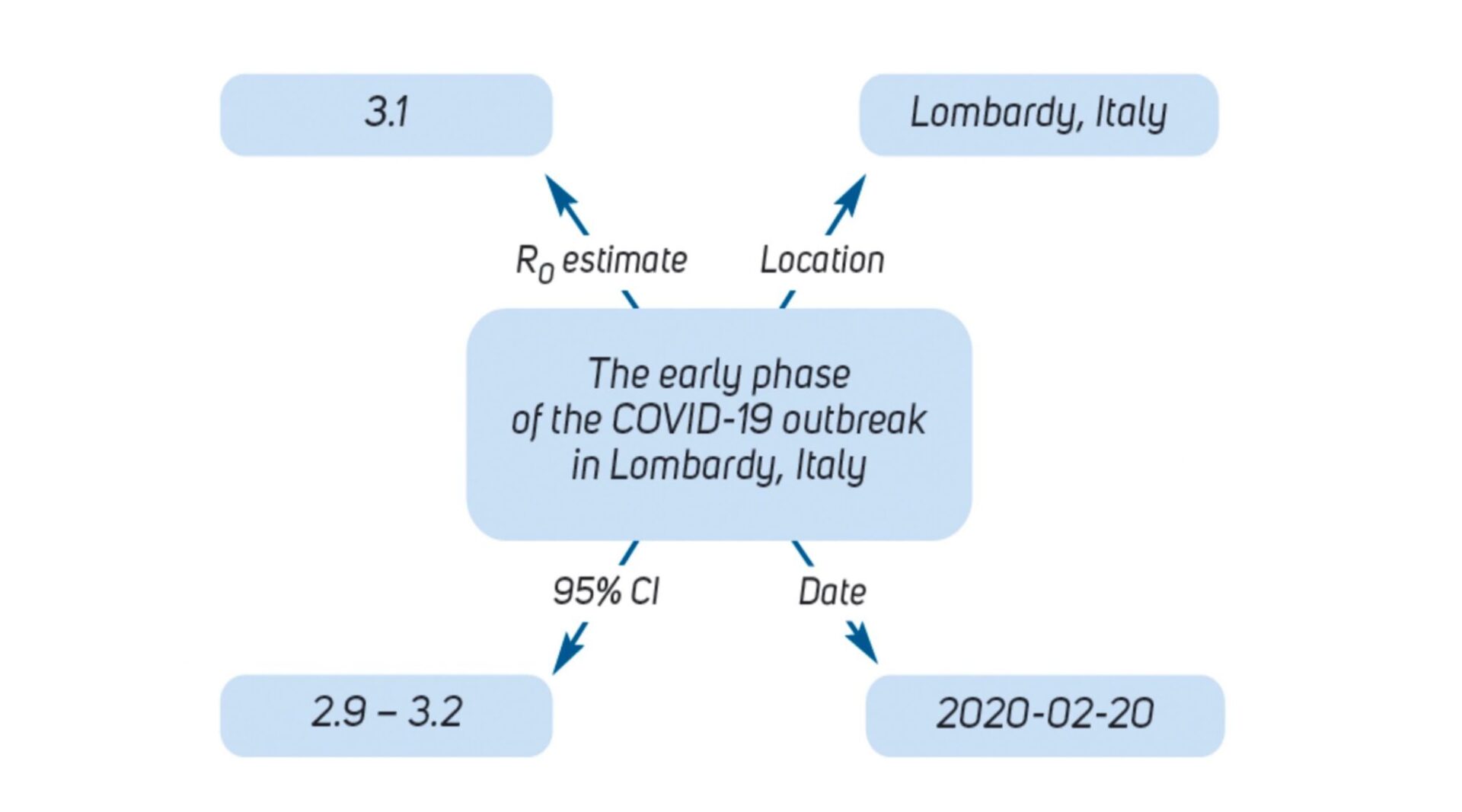
Corona: Everything in view with the ORKG

Corona: Online storytelling
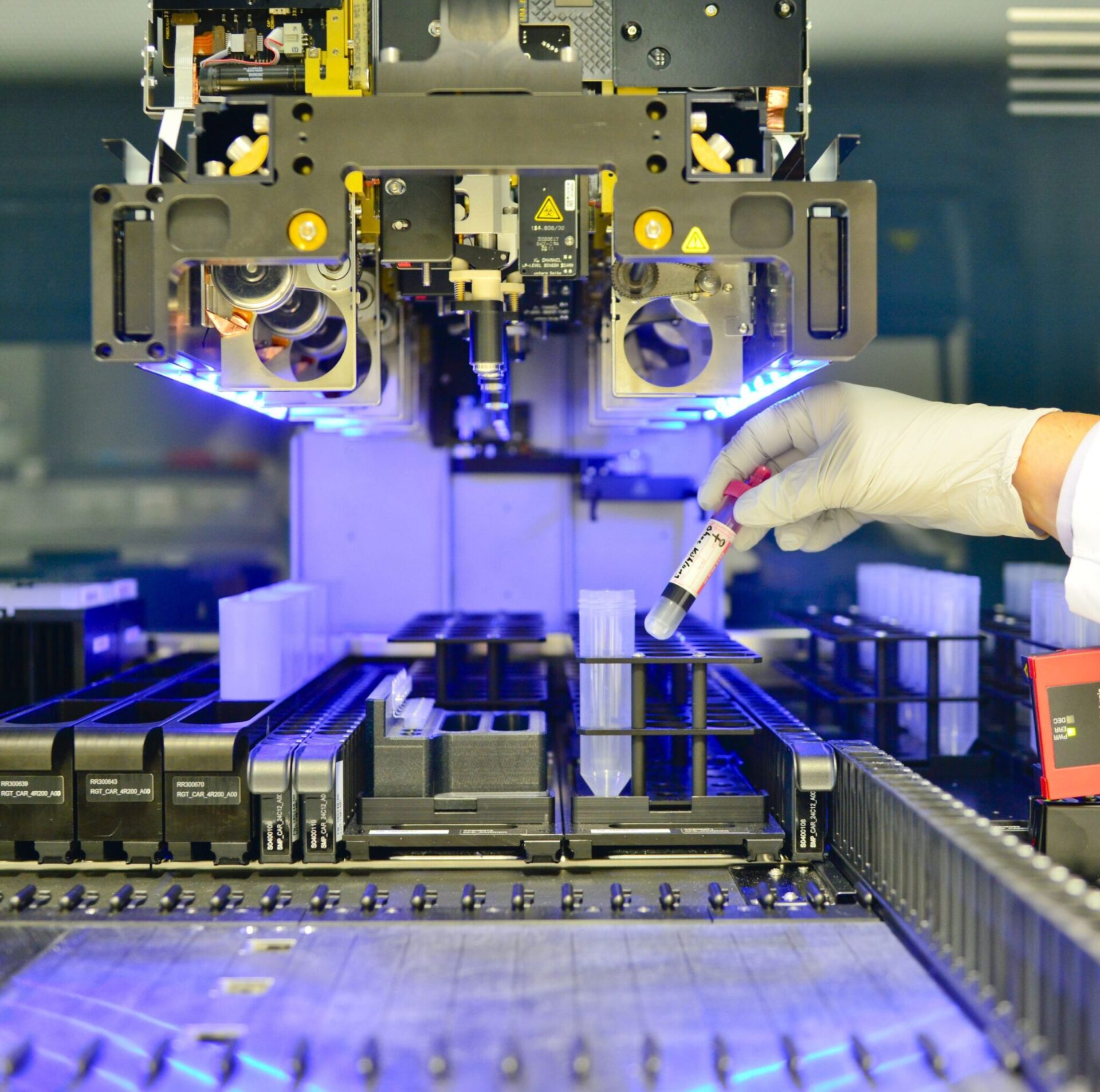
Corona: The MHH’s package of measures
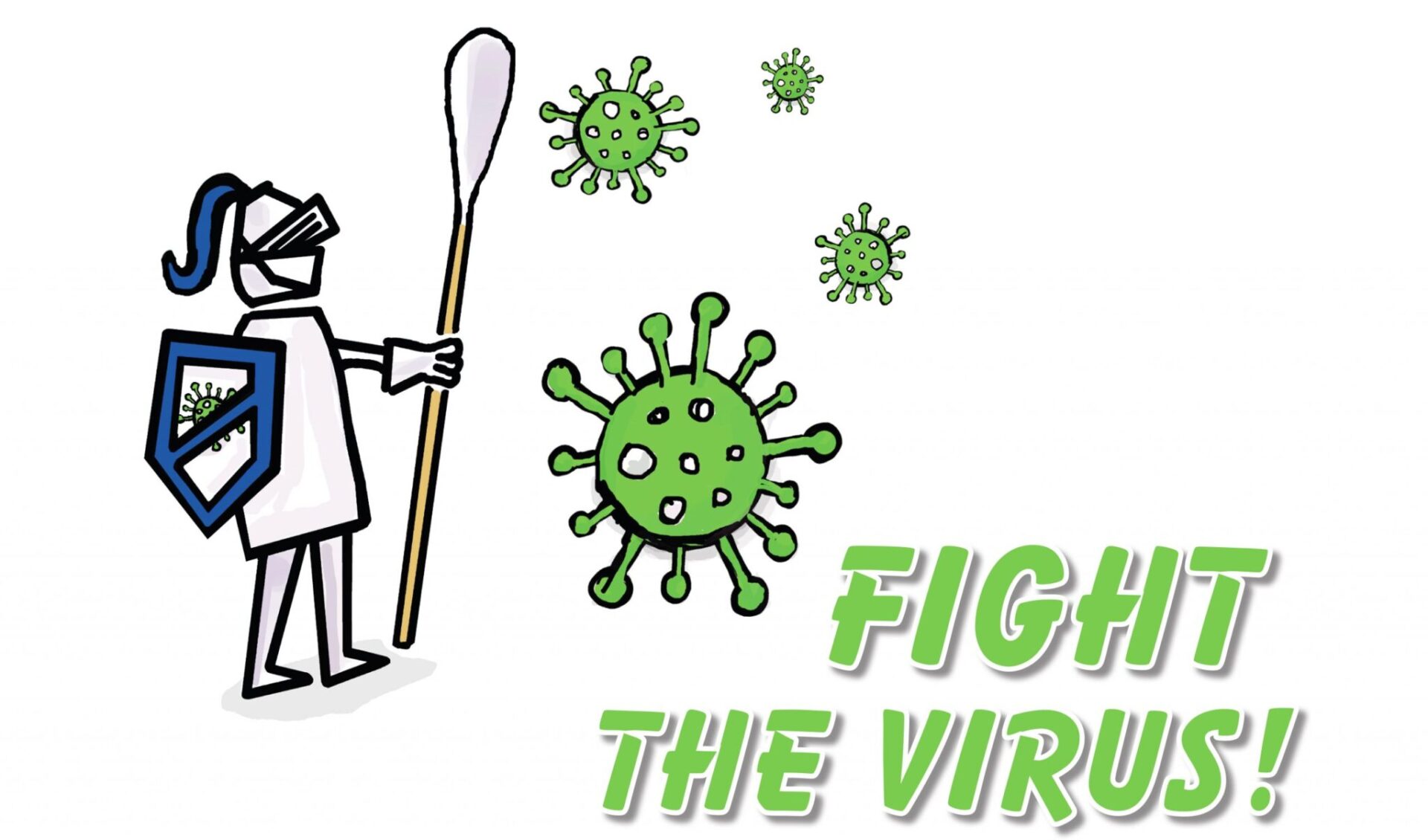
Corona: Fast, reliable and efficient testing
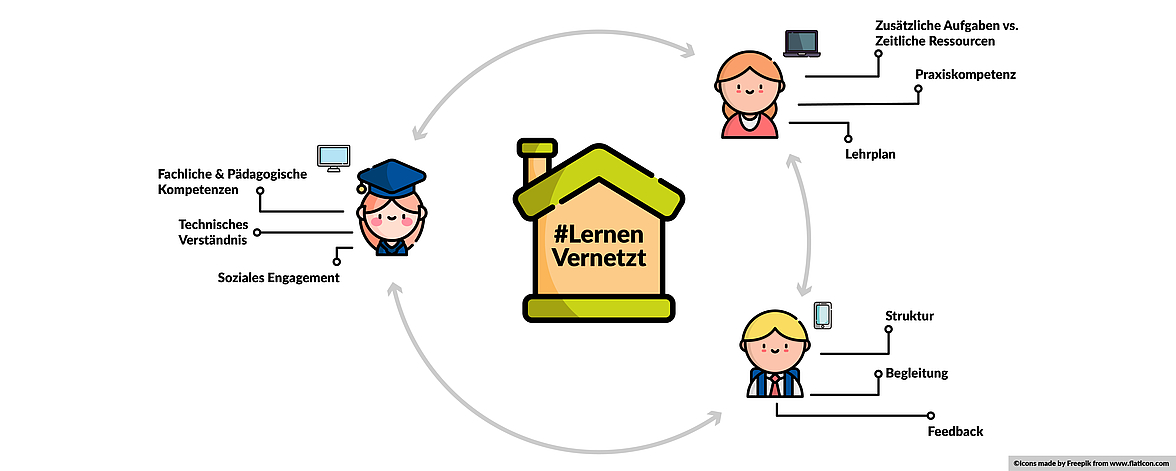
Corona: Help with distance learning
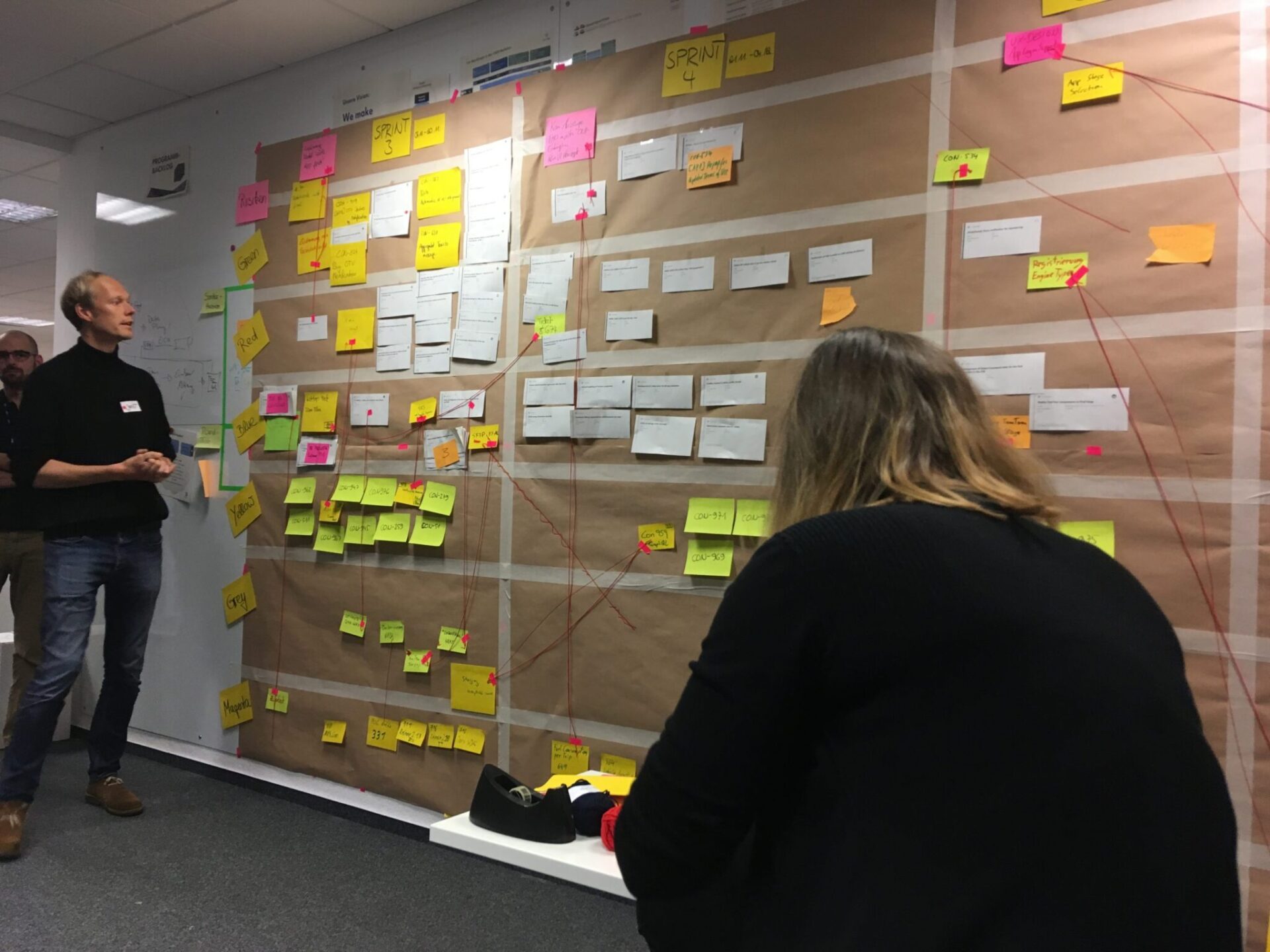
Getting innovations flowing
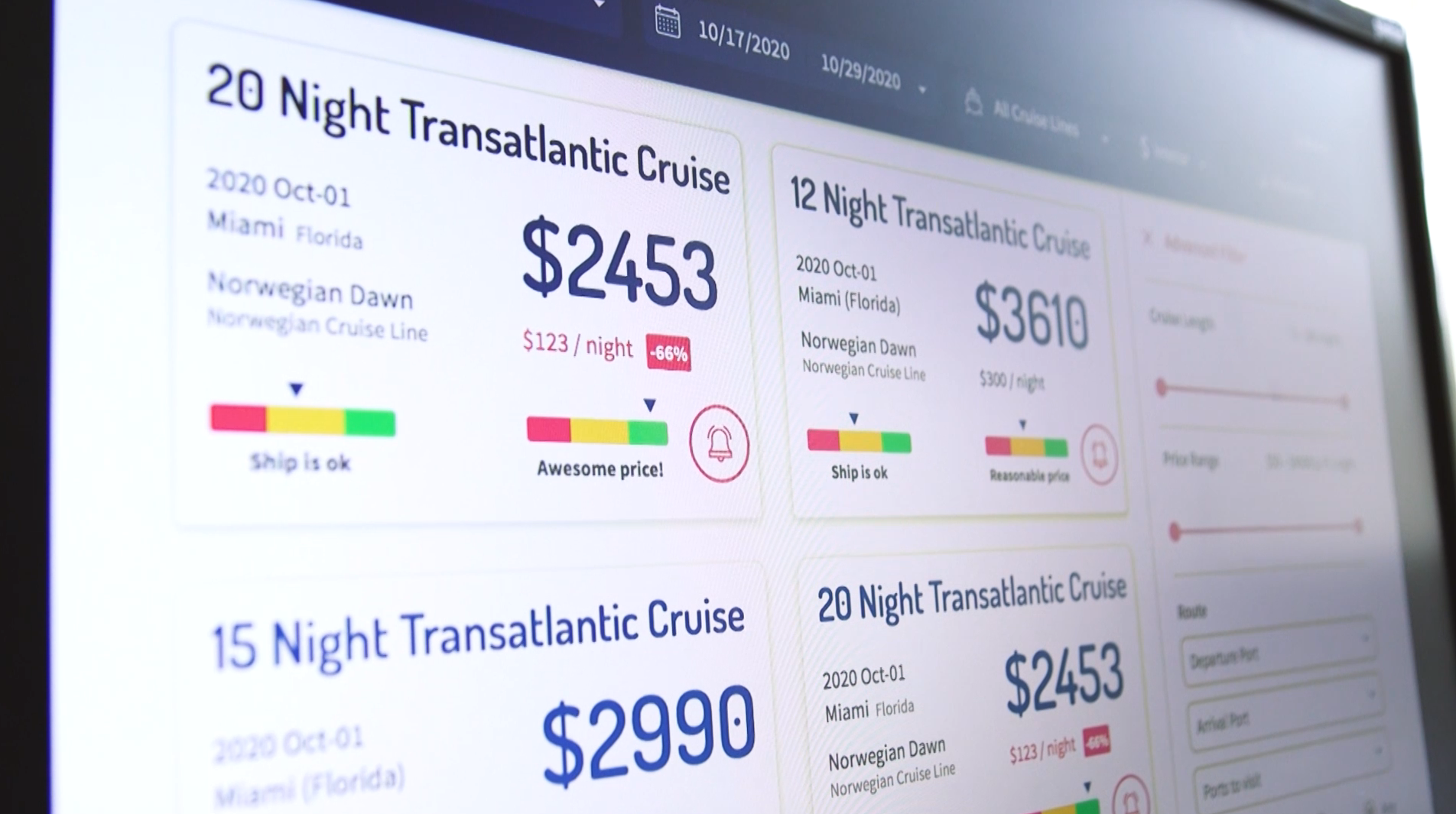
AI for cruisers
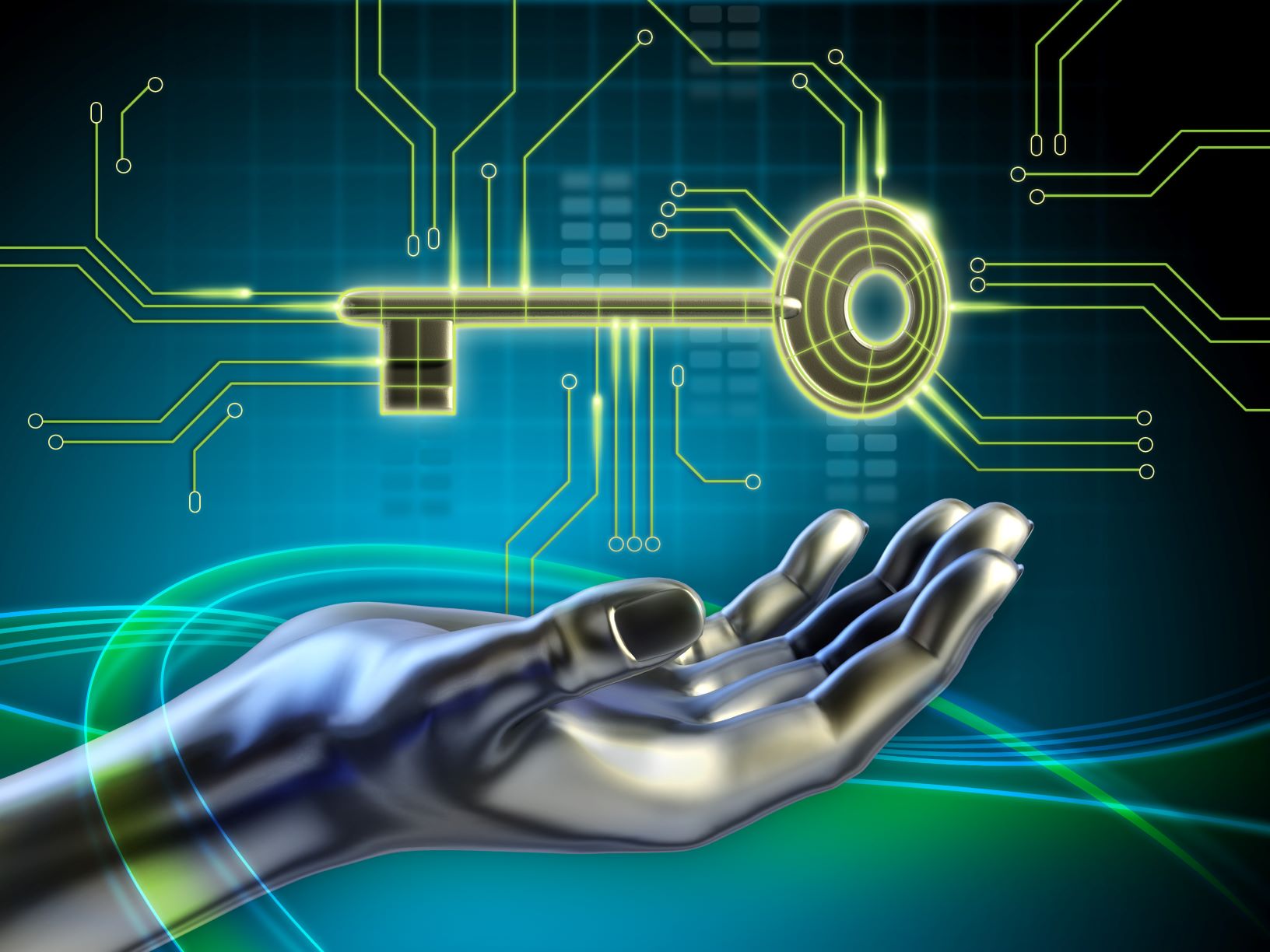
Post-quantum cryptography for e-mail
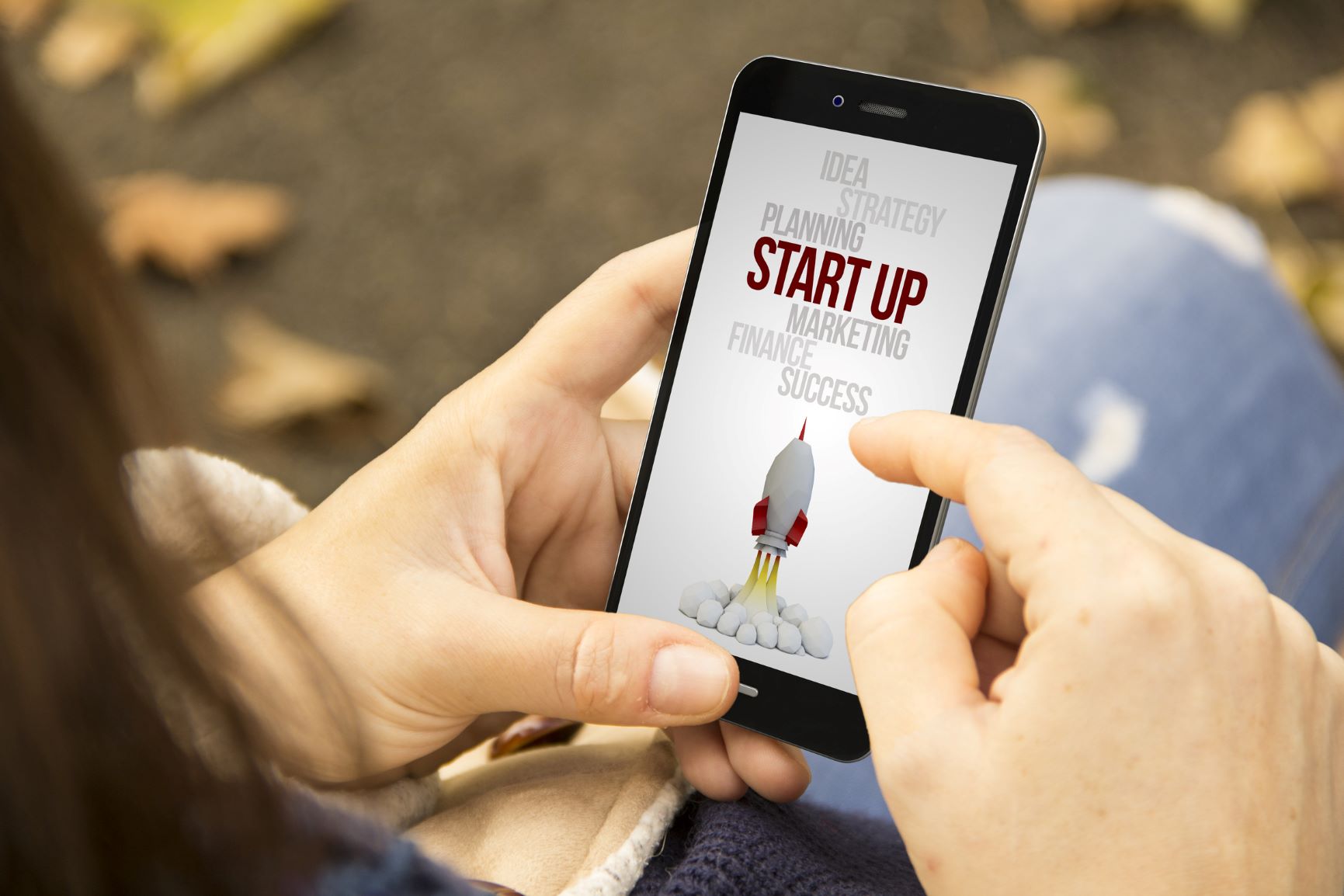
Opportunities for innovative business ideas in Lower Saxony
Issue 01 – Artificial Intelligence

ETN CLEOPATRA: The highlights of our last twelve months

Man vs. machine: Where was the photo taken?

Organizing the World’s Scientific Knowledge
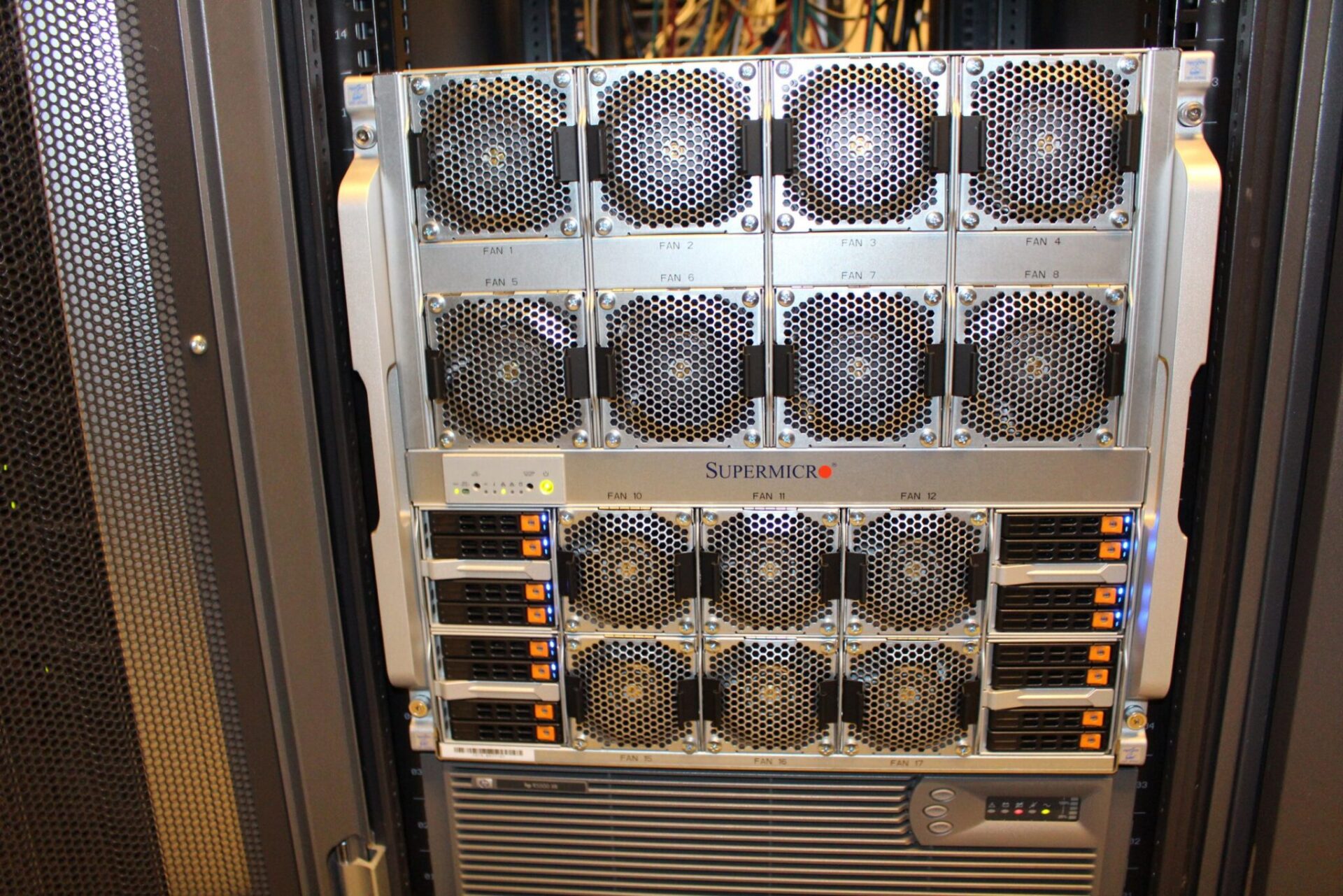
AI Hardware Acceleration
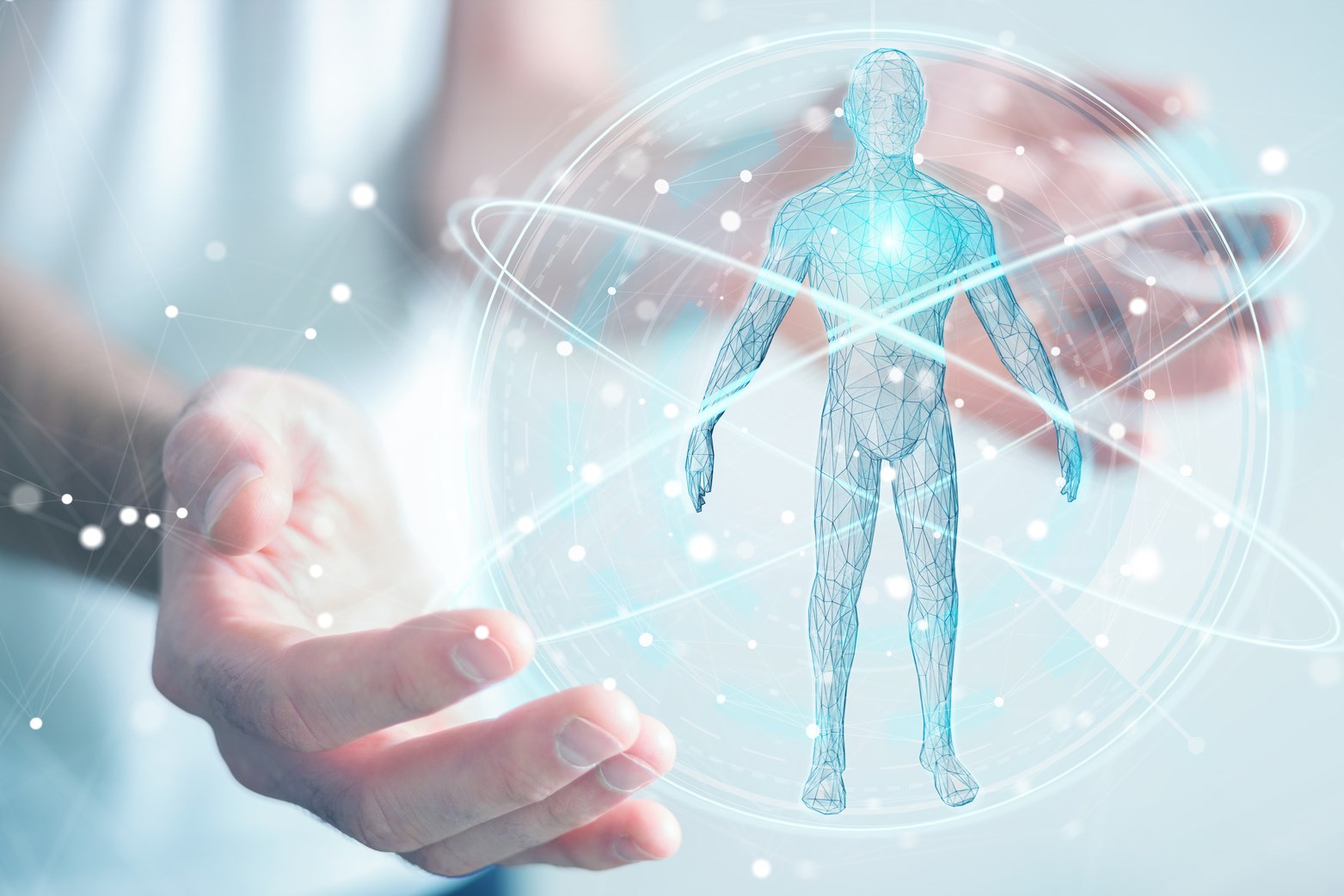
Future Lab: Artificial intelligence – globally connected
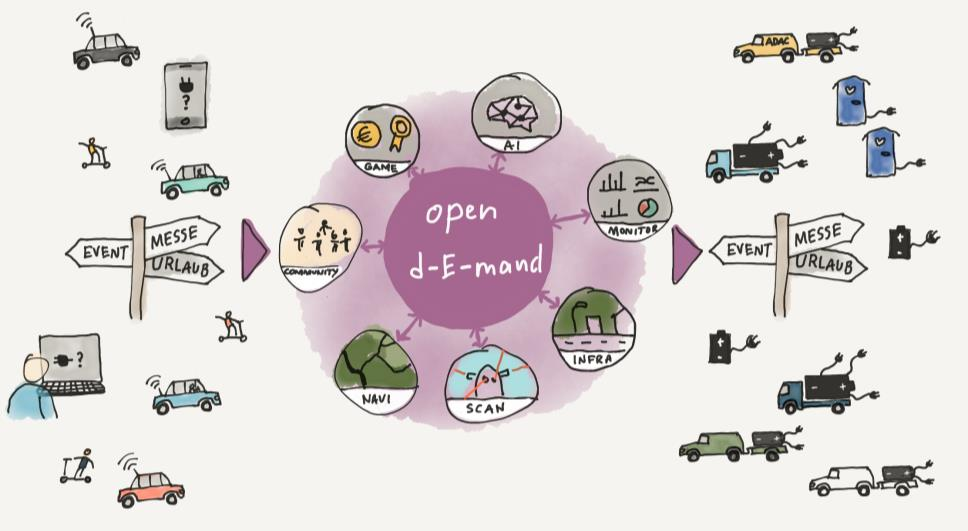
Responsible algorithms for intelligent mobility
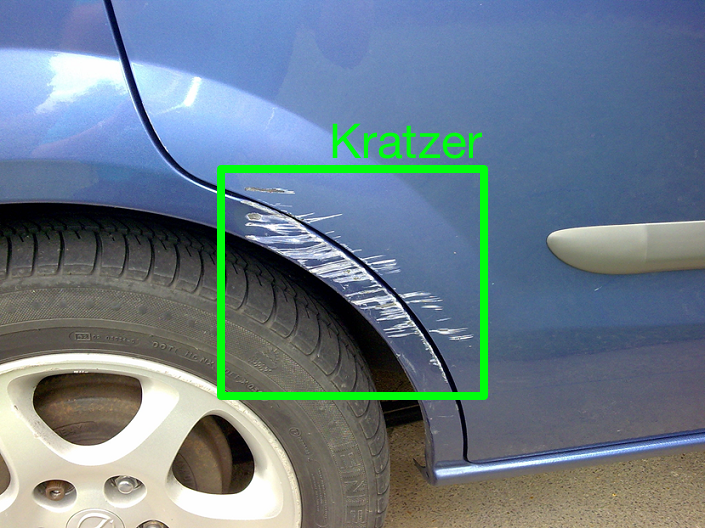
Automatic damage detection
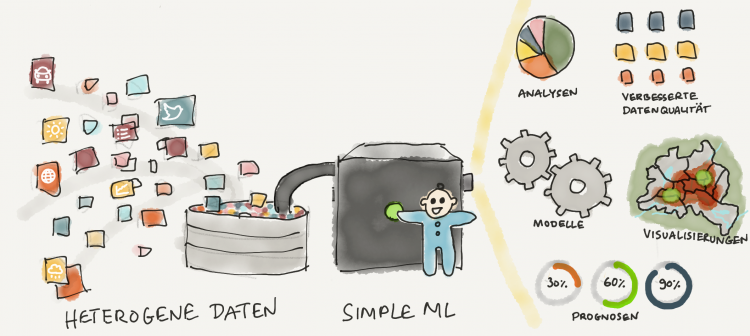
Machine learning workflows made easy
2019
Issue 03 – Intelligent Manufacturing

Secure data exchange
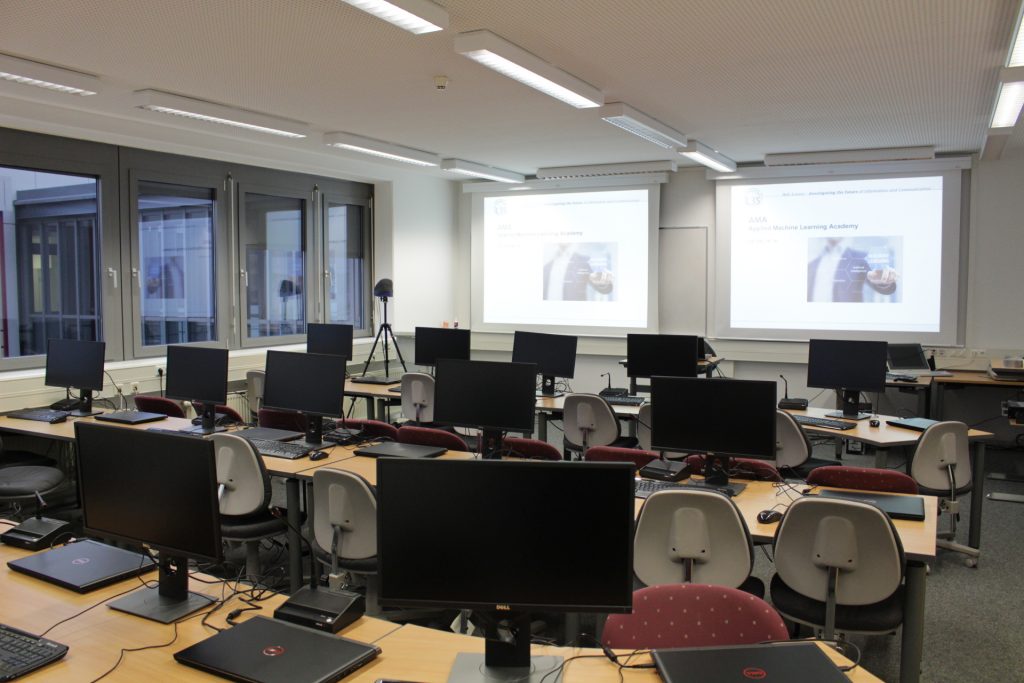
AI qualification: Fit for the future
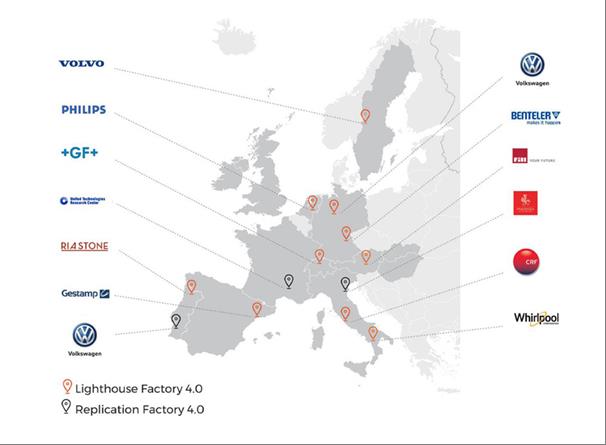
Boost4.0 – Big Data for Factories

Europe’s data marketplace
Issue 02 – Big Data in Medicine
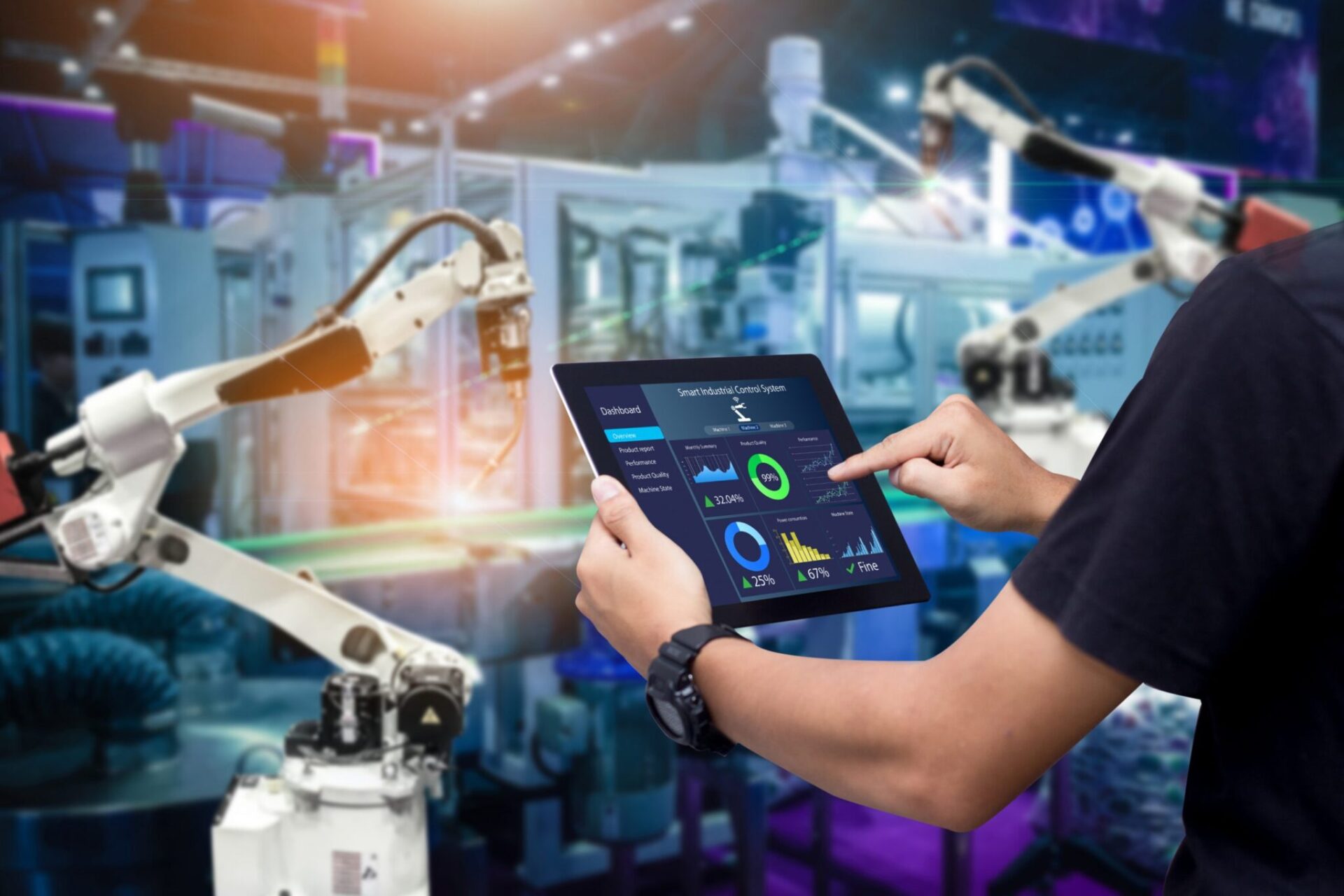
This is how AI gets into companies
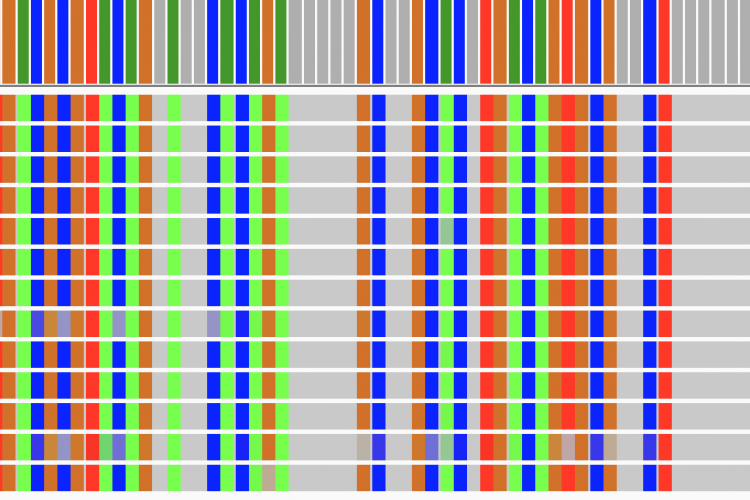
Streaming for genome research
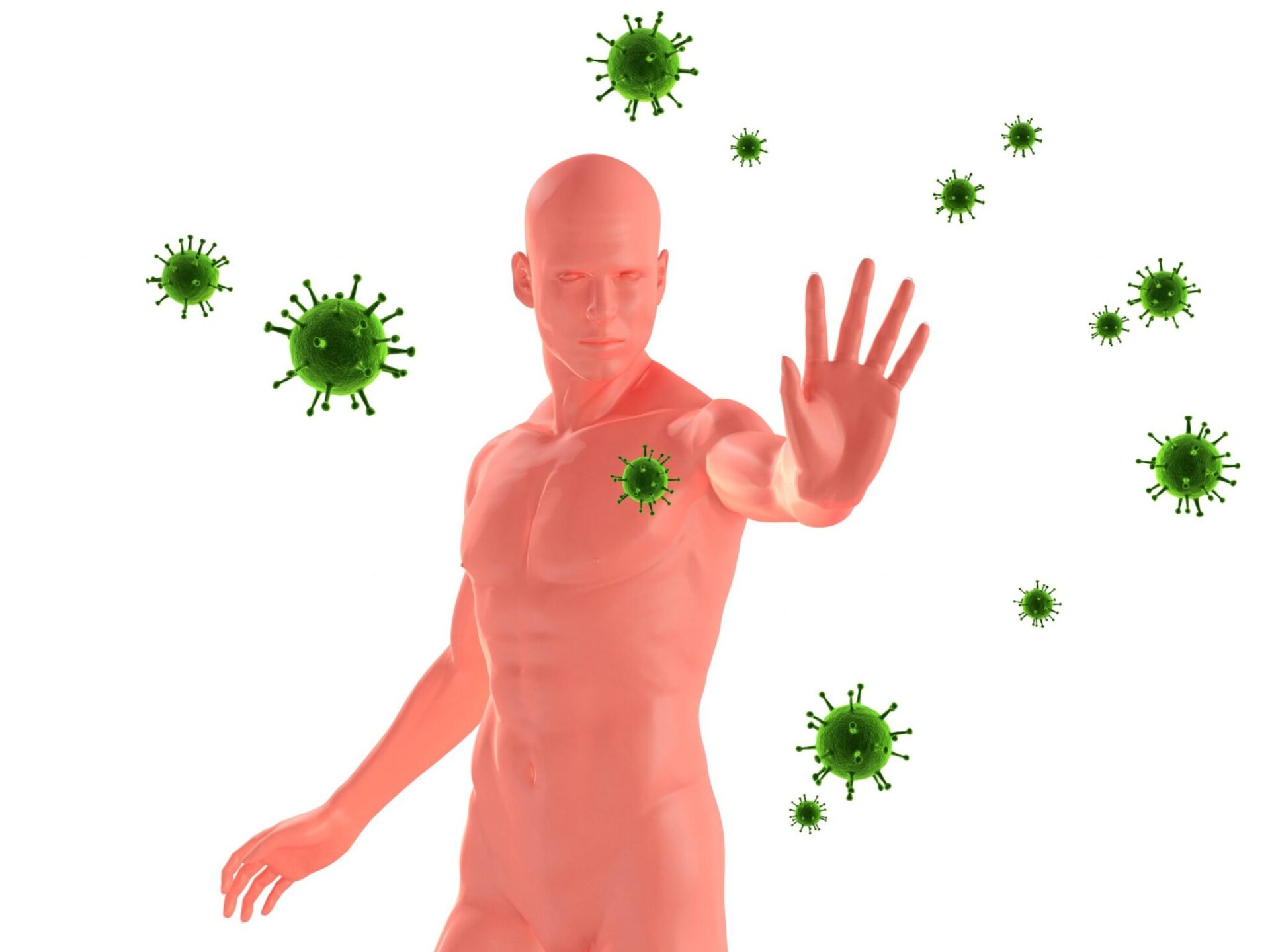
Big Data against the Norovirus
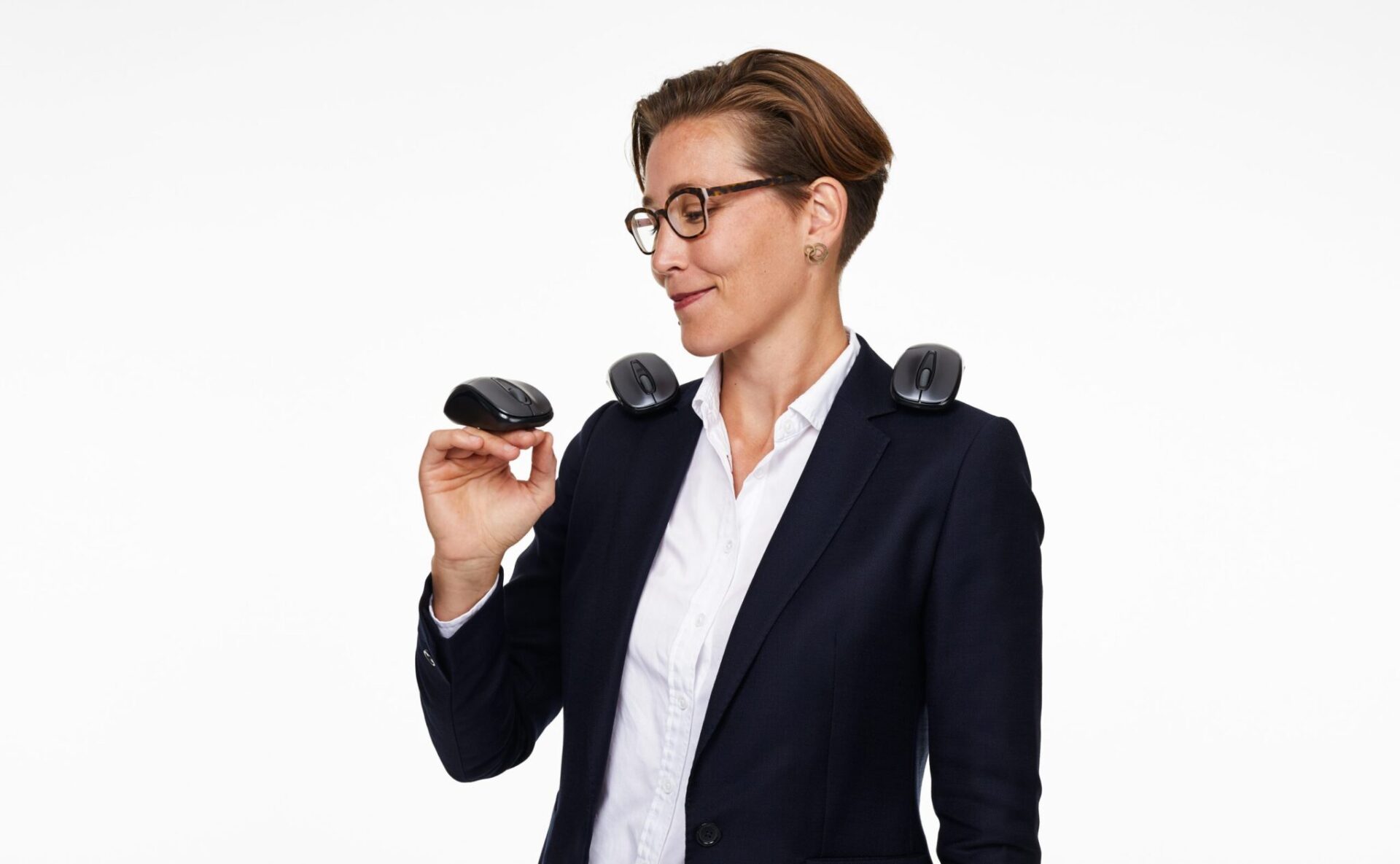
Case management systems: Tool or already actor?

Better understanding and treatment of autoimmune diseases
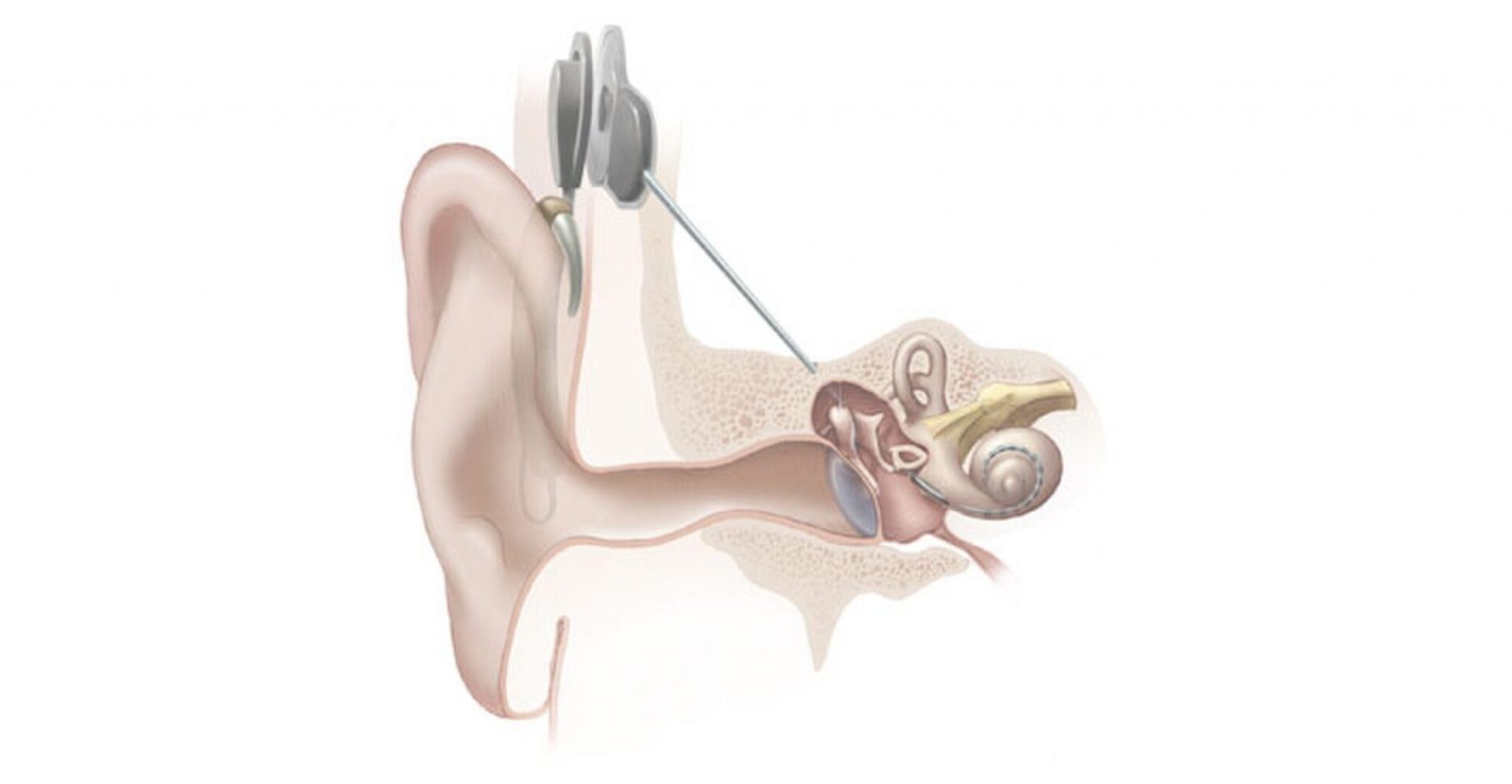
Big data for better hearing
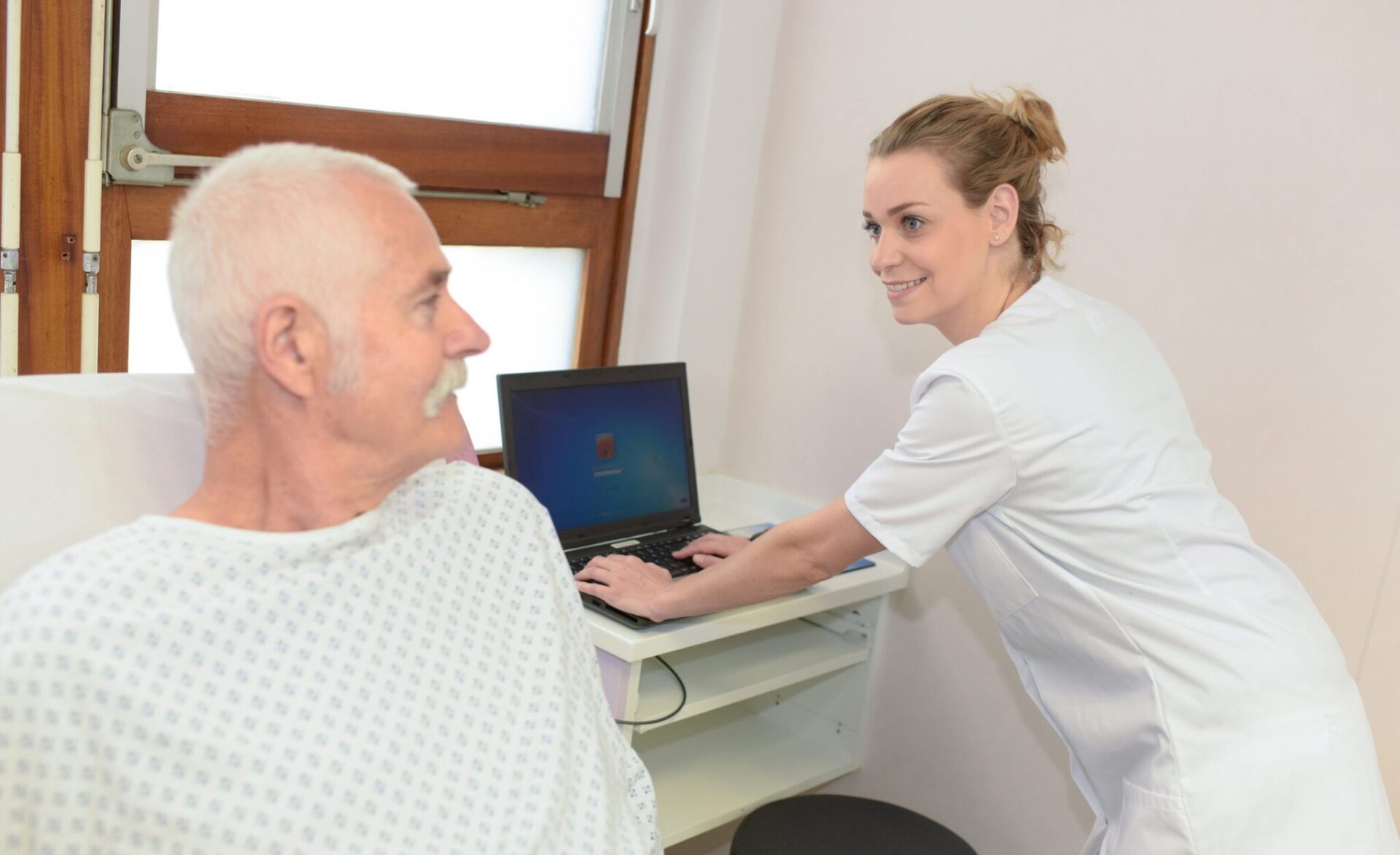
Language assistants for hospitals

On the way to individual therapy

Understanding biofilms, preventing infections
Issue 01 – Mobility of Tomorrow

Shaping mobility

Indoor Navigation

Hardware platforms for driver assistance systems

Autonomous driving under adverse conditions

Insight into data analysis
2018
Issue 03 – Digital Education
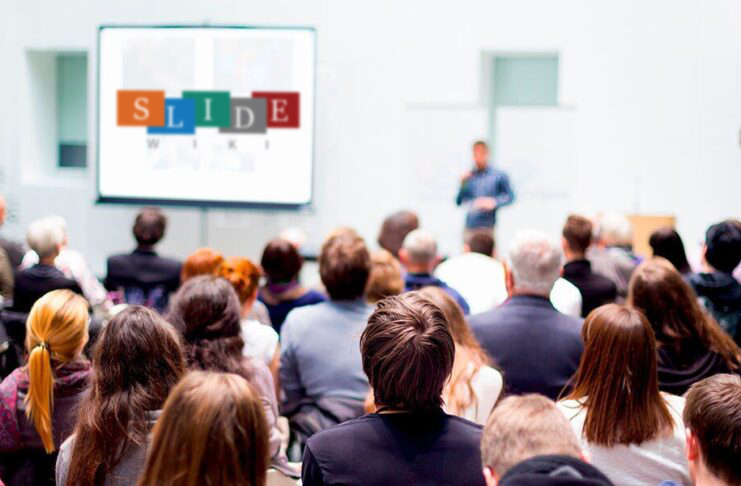
SlideWiki – Create and share presentations online
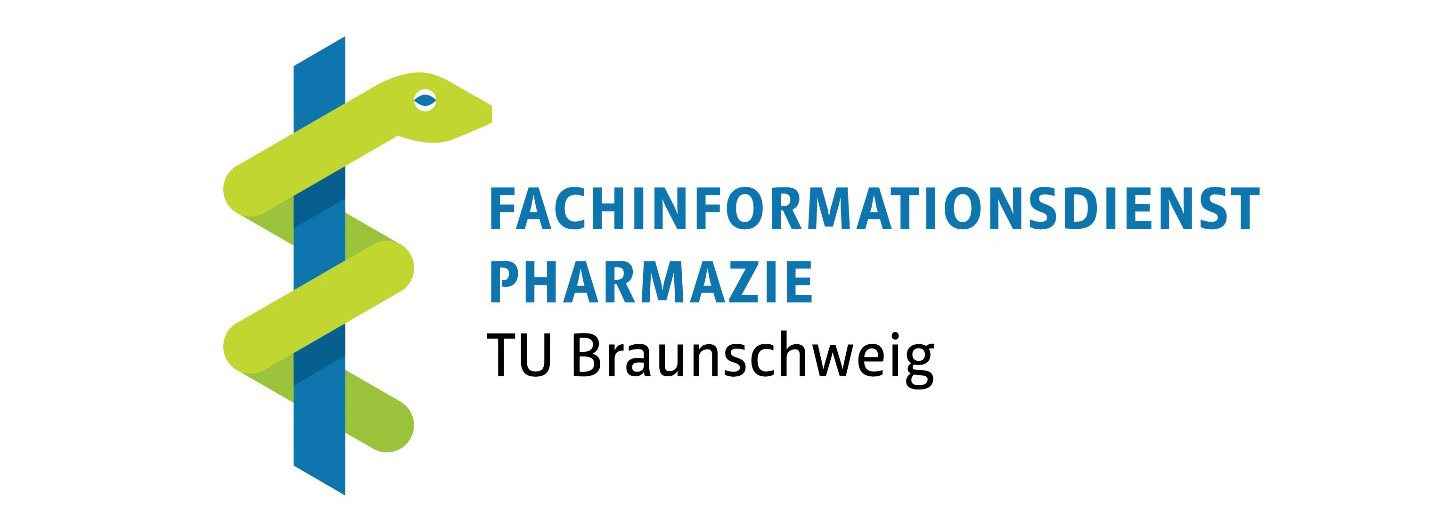
Tailor-made information supply

Inclusion on the Internet

Humanities digital
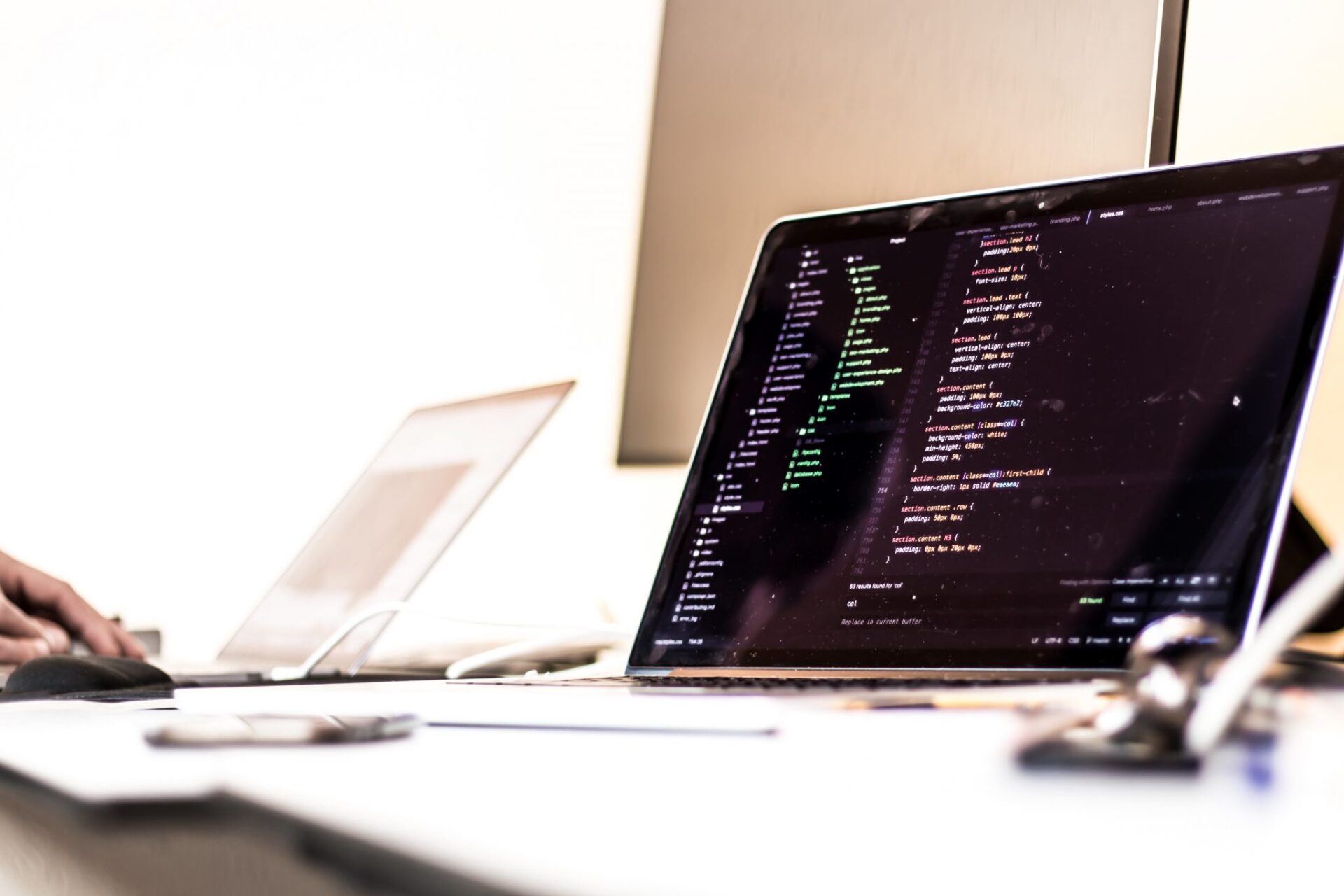
Learning together on the Web

How can the web help with learning?
Issue 02 – Machine Learning

Machine Learning and Social Media

Data protection, transparency and responsibility

Just don’t lose your bearings
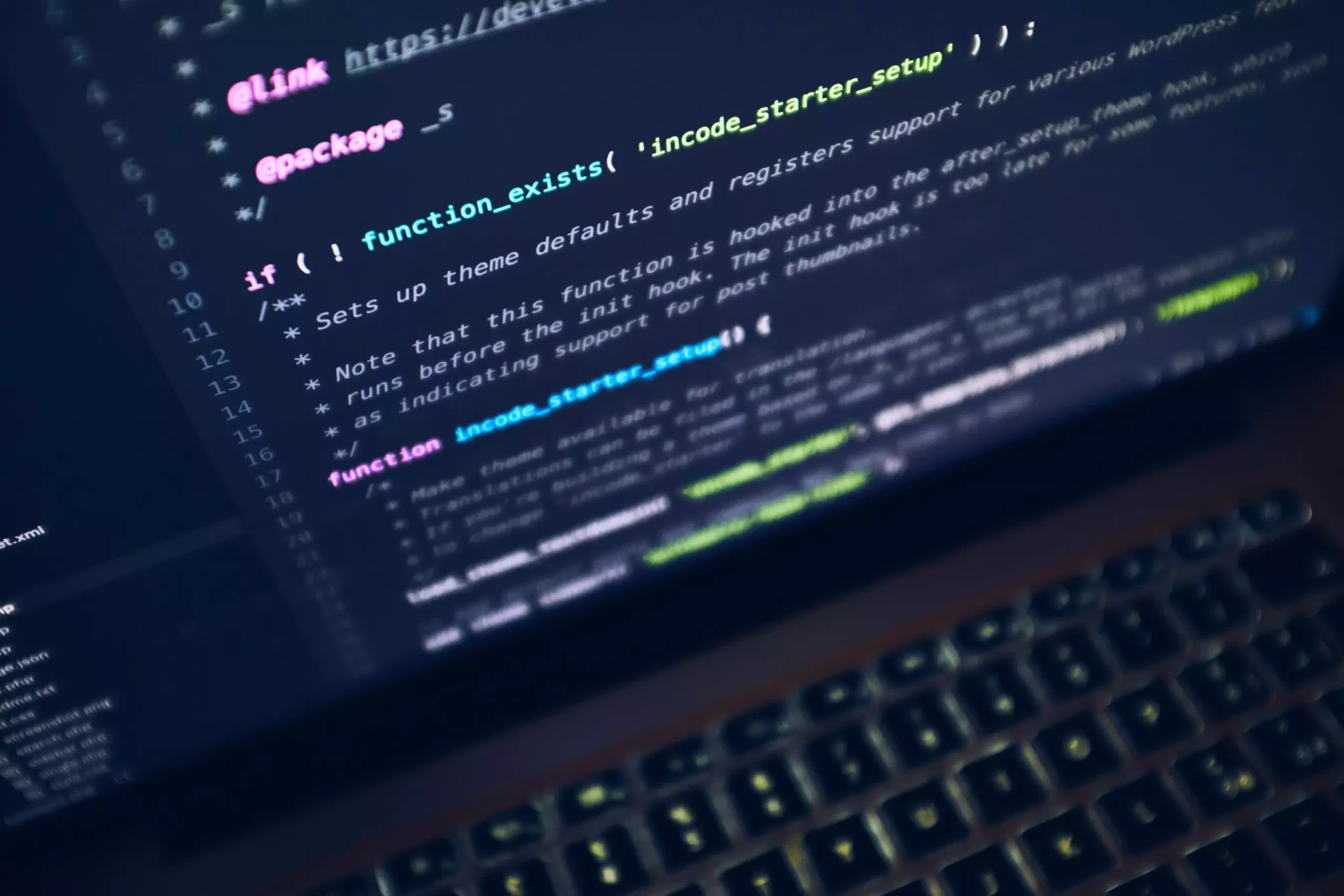
Interpreting Search Engine Rankings

Big Data and the Lost Web
Issue 01 – Innovation through Research
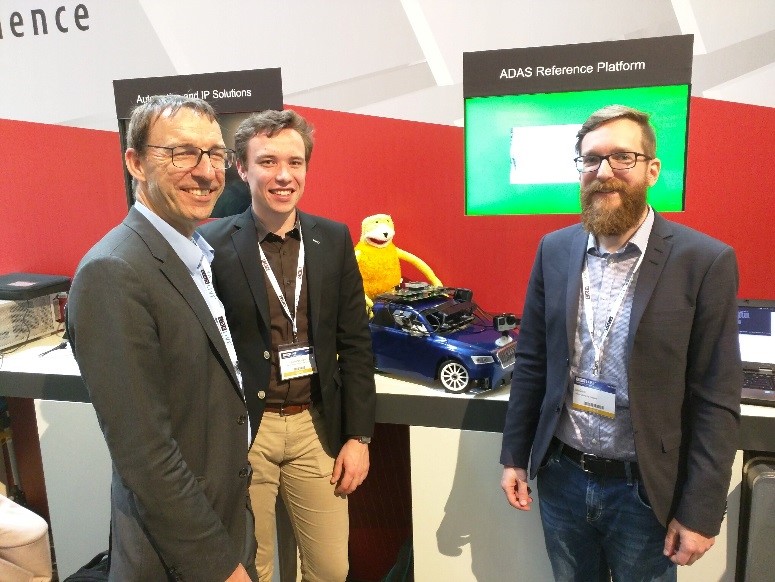
New manufacturing process for high-performance chips
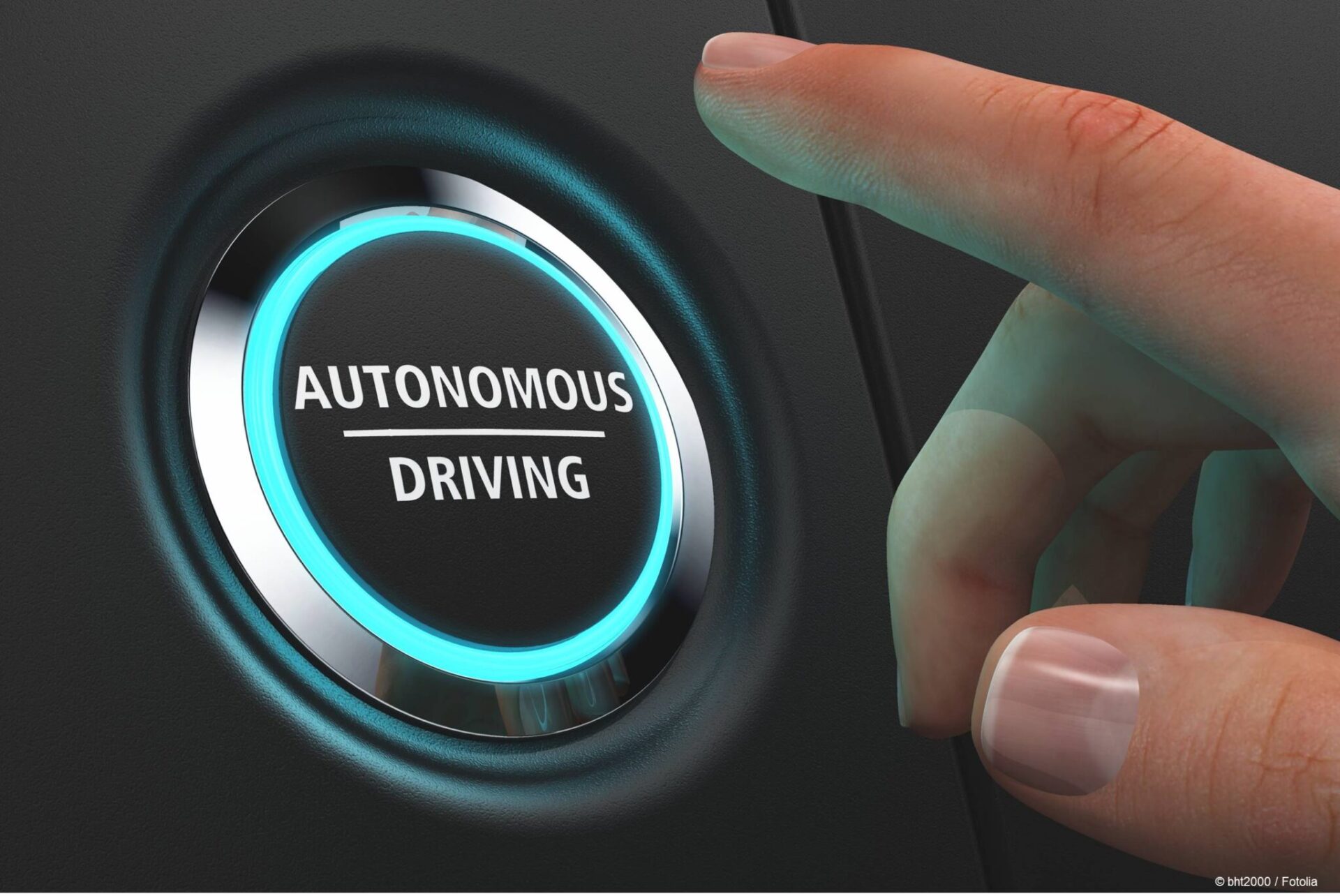
How autonomous vehicles learn from us
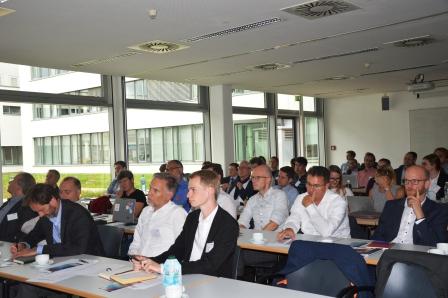
Bright minds for artificial intelligence

More traffic – less collapse

Easier handling of diabetes



